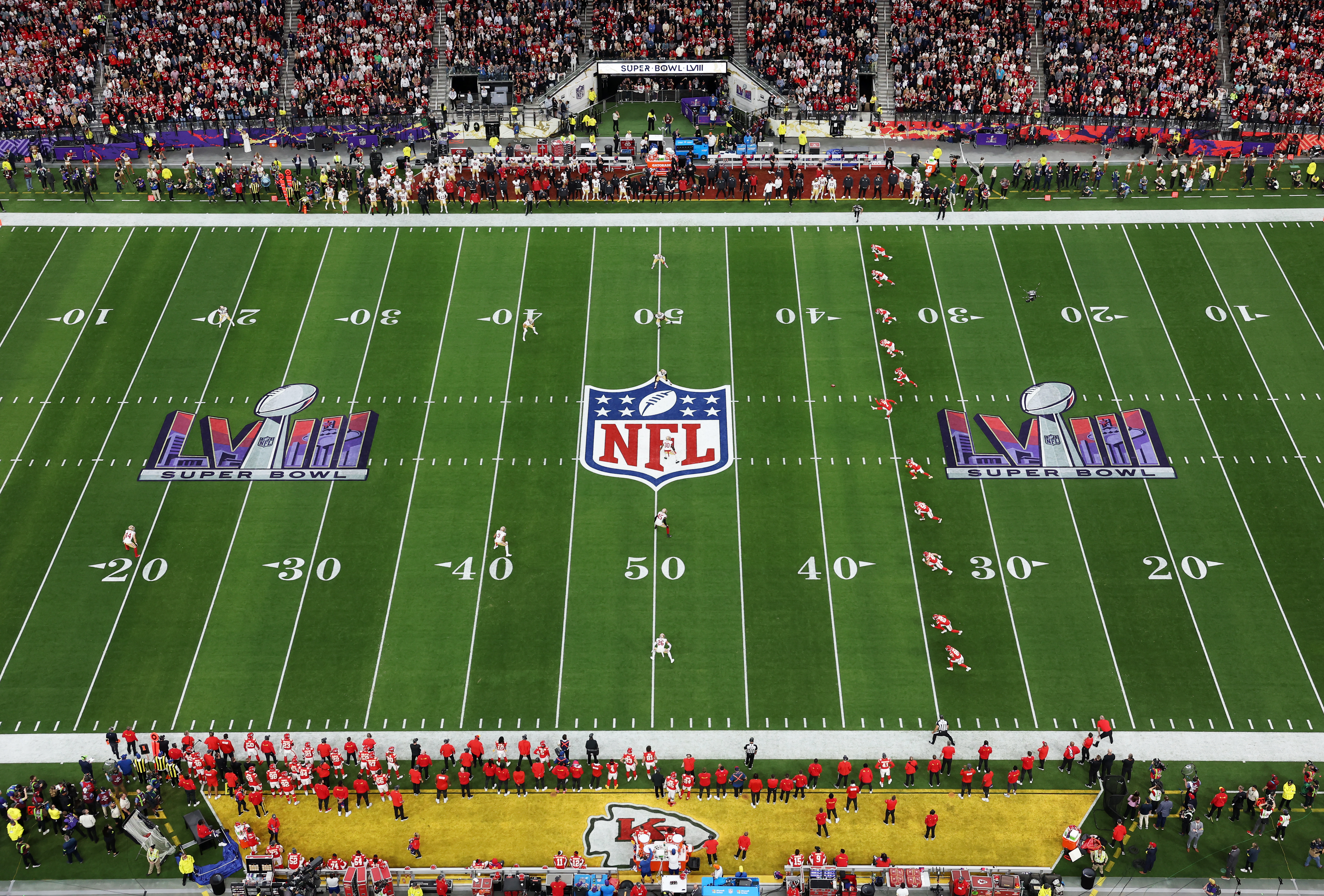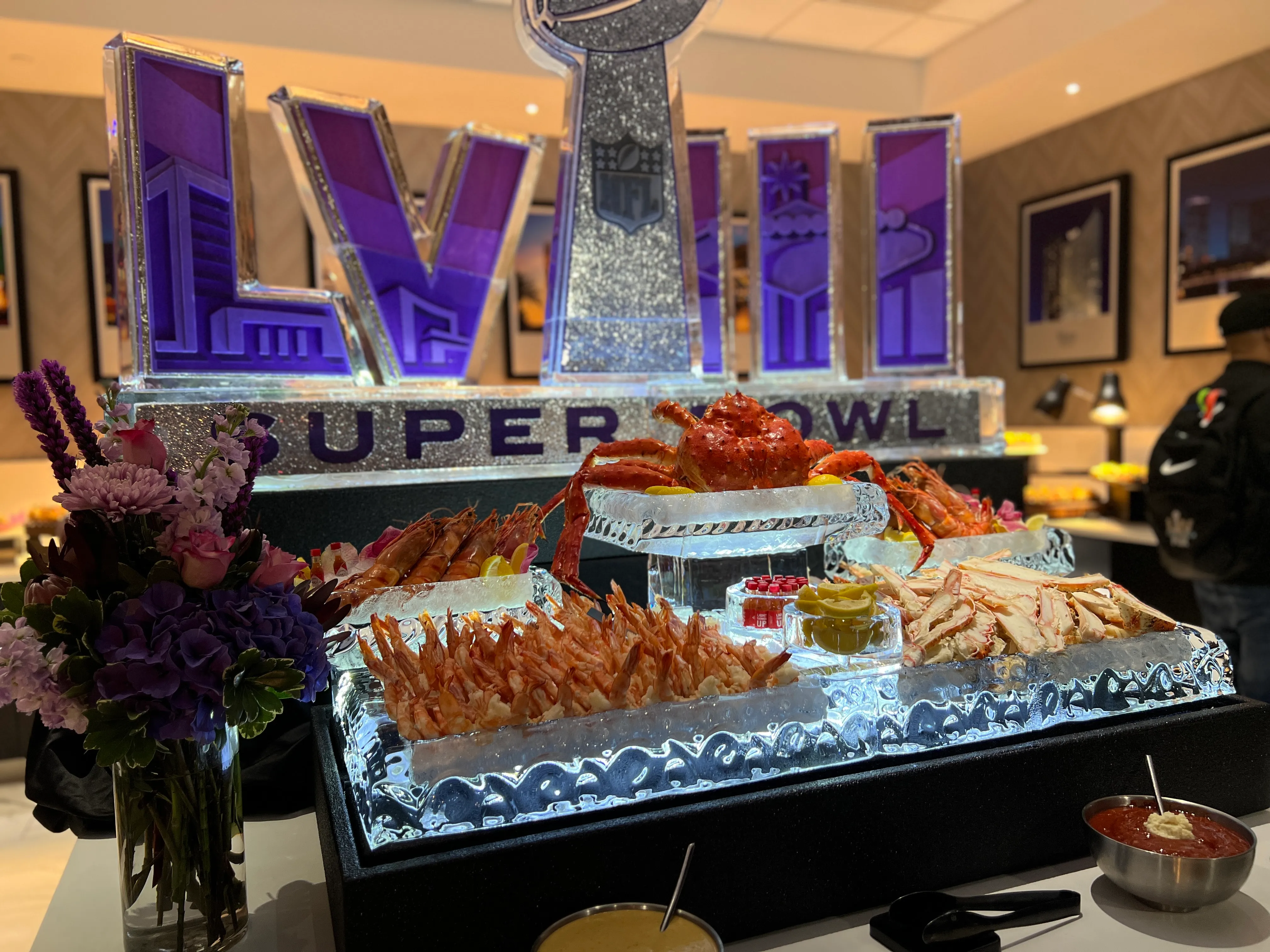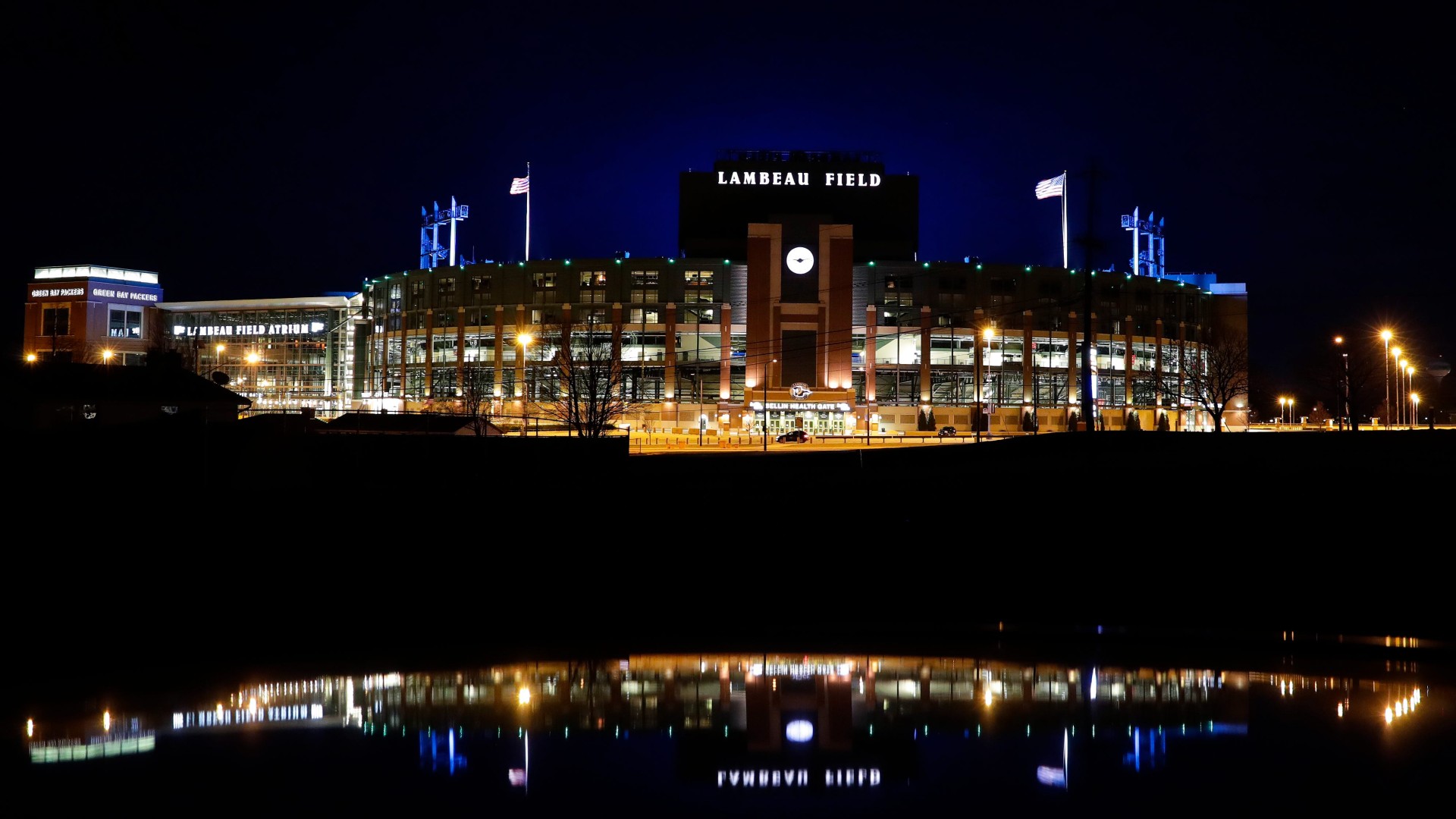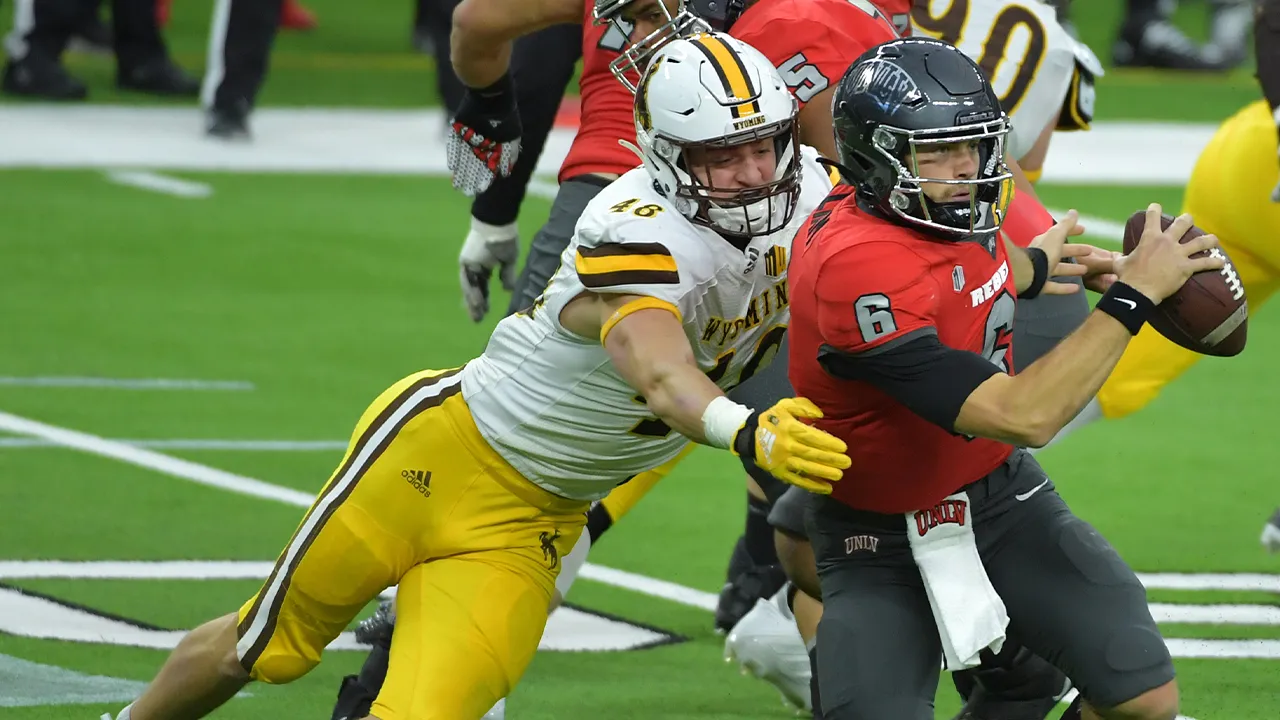All Super Bowl winning teams deserve high praise for rising above every other team in the NFL to win the Lombardi trophy. It’s incredibly hard to win a Super Bowl, from execution on the field, to coaches creating game plans, to GMs building a championship-caliber roster. But not all champions are created equal. While comparing a champion from the 1970s to a champion from the 2010s isn’t necessarily fair, as the game has changed enormously over the years, we’ll do our best.
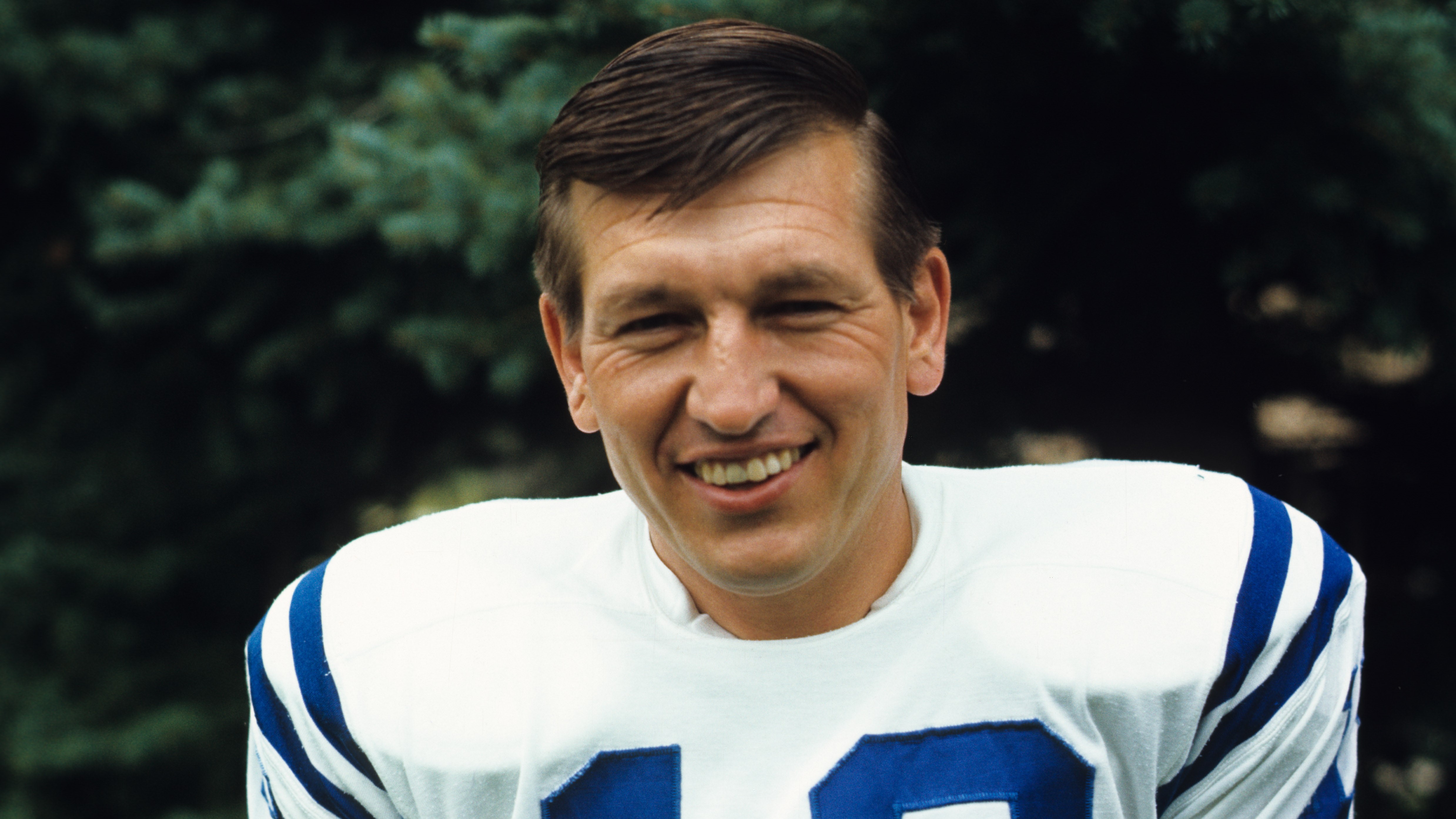
Final score: 16-13
You know things are ugly when a player from the losing team wins MVP. That’s exactly what happened in Super Bowl V, when the Cowboys’ Chuck Howley won the award after he picked off two passes (sacks and tackles weren’t recorded as official stats yet). The Colts committed seven turnovers, and losing starting quarterback Johnny Unitas to an injury in the second half certainly contributed. But they overcame in the end, despite their sloppy play.
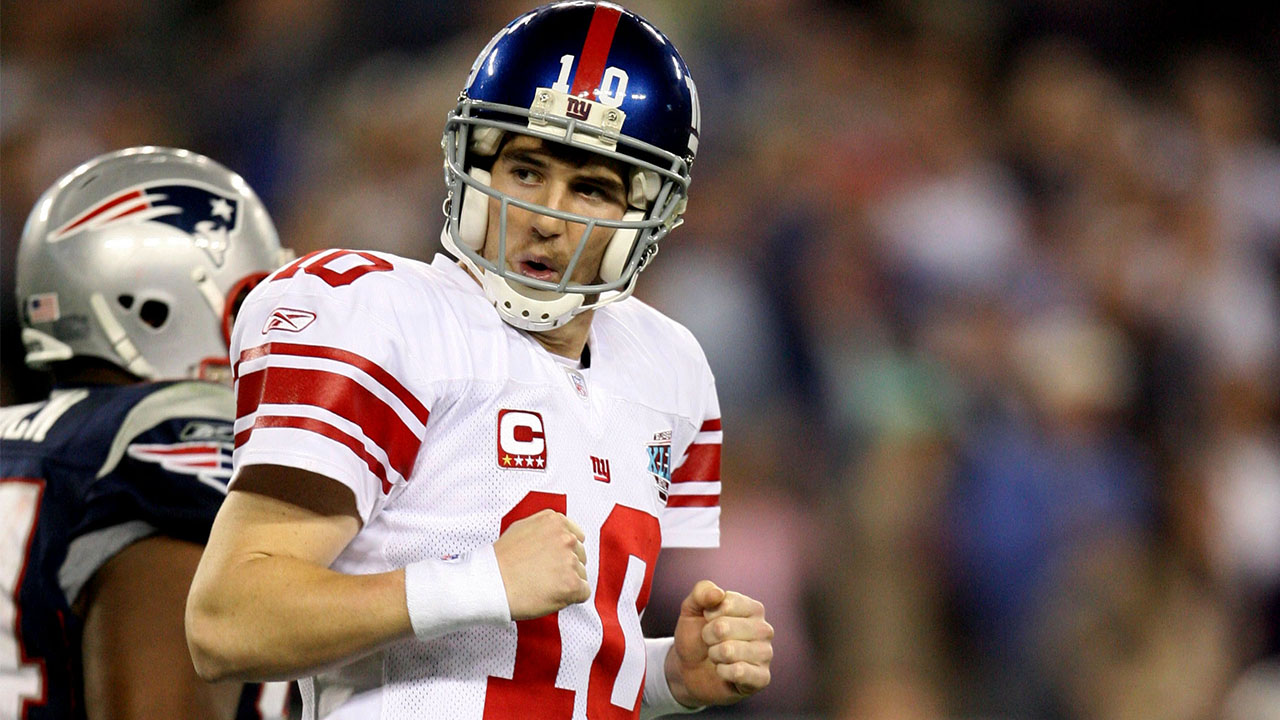
Final score: 21-17
Finishing the year at 9-7, the 2011 Giants have the worst regular season record among all Super Bowl champs. Not many people gave them a shot against the 13-3 Patriots in the rematch of Super Bowl XLII, another game in which the Pats were heavily favored. But Eli Manning cemented himself as a bonafide Tom Brady killer, a title not many can claim.
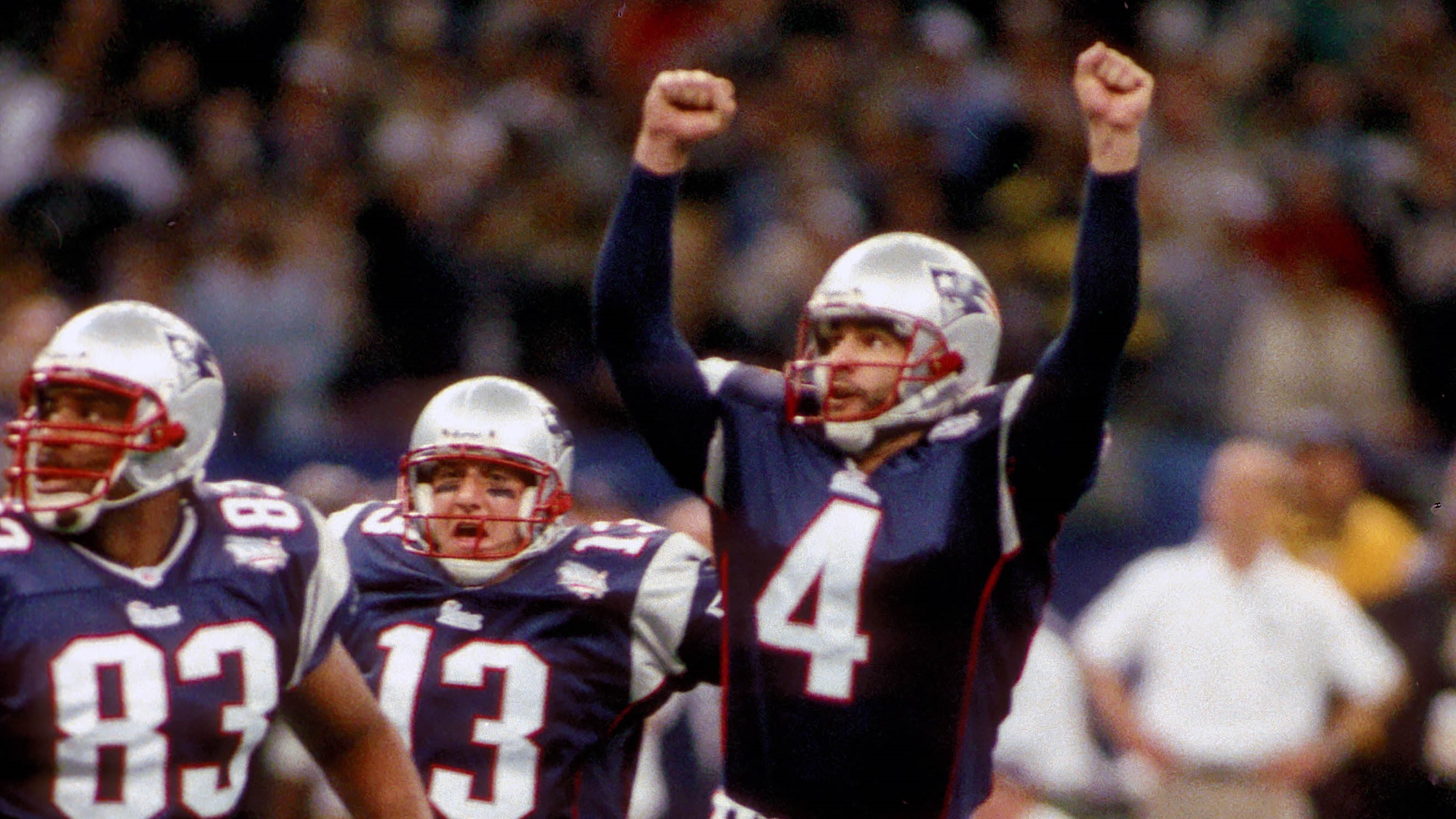
Final score: 20-17
If not for the infamous “tuck rule” call in the AFC Championship, the Patriots most likely wouldn’t have even played in Super Bowl XXXVI. But we can’t rewrite history, so it’s the 2001 Pats on this list, not the Raiders or Rams. In the big game itself, New England’s offense didn’t look pretty as the Rams outgained the Patriots 427-267. But a plucky QB named Tom Brady led a game-winning field goal drive with 90 seconds left and no timeouts. While no one knew it at the time, millions had just watched the birth of a GOAT.
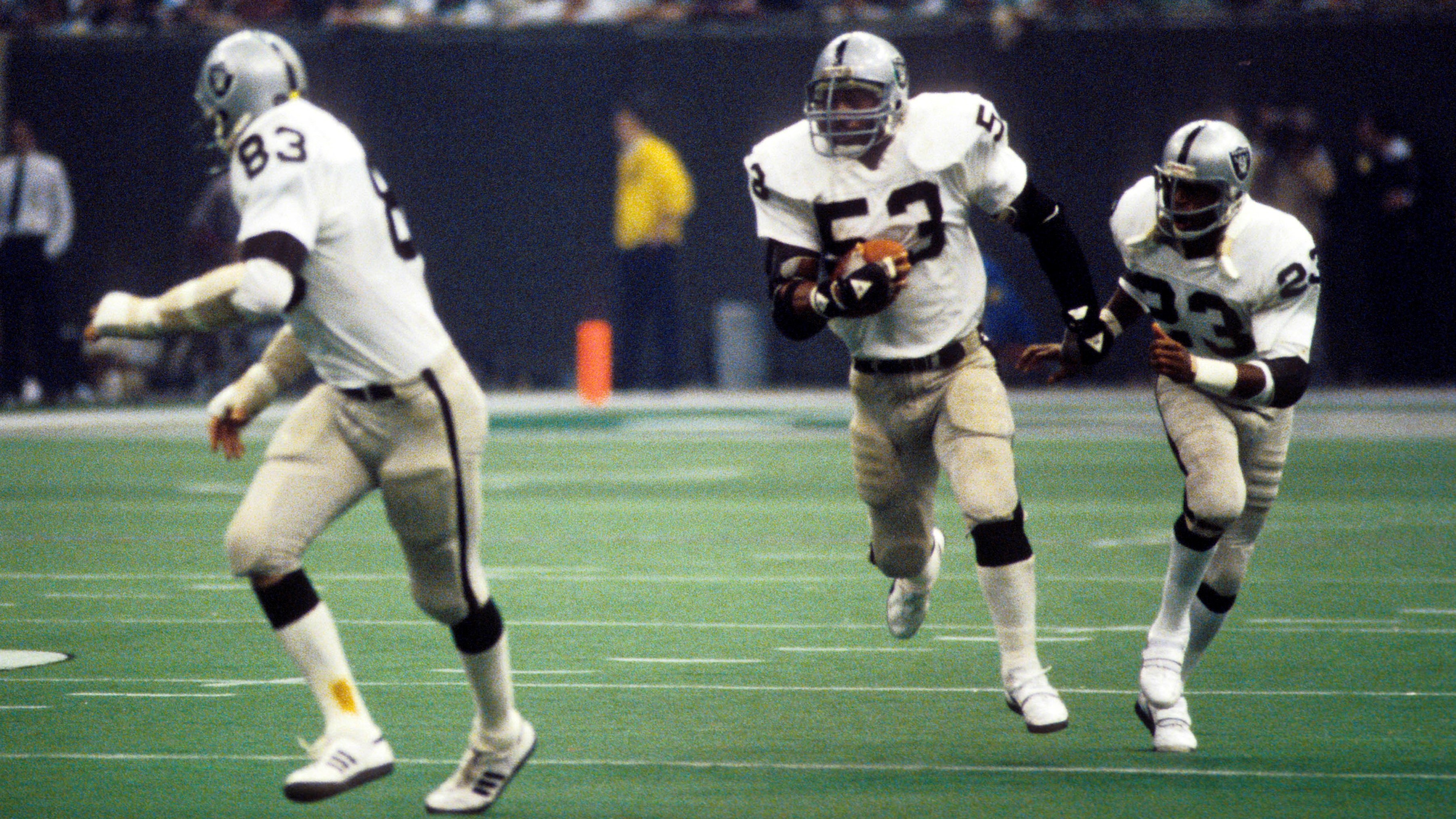
Final score: 27-10
The 1980 Raiders are one of the unlikeliest teams to win the Super Bowl. Not only were they the first Wild Card team to ever take home the Lombardi Trophy, they also did it with backup QB Jim Plunkett who was previously considered a busted No. 1 overall pick. Even though Plunkett won MVP, the Raiders couldn’t have won without Rod Martin who set a Super Bowl record by picking off Eagles’ QB Ron Jaworski three times.
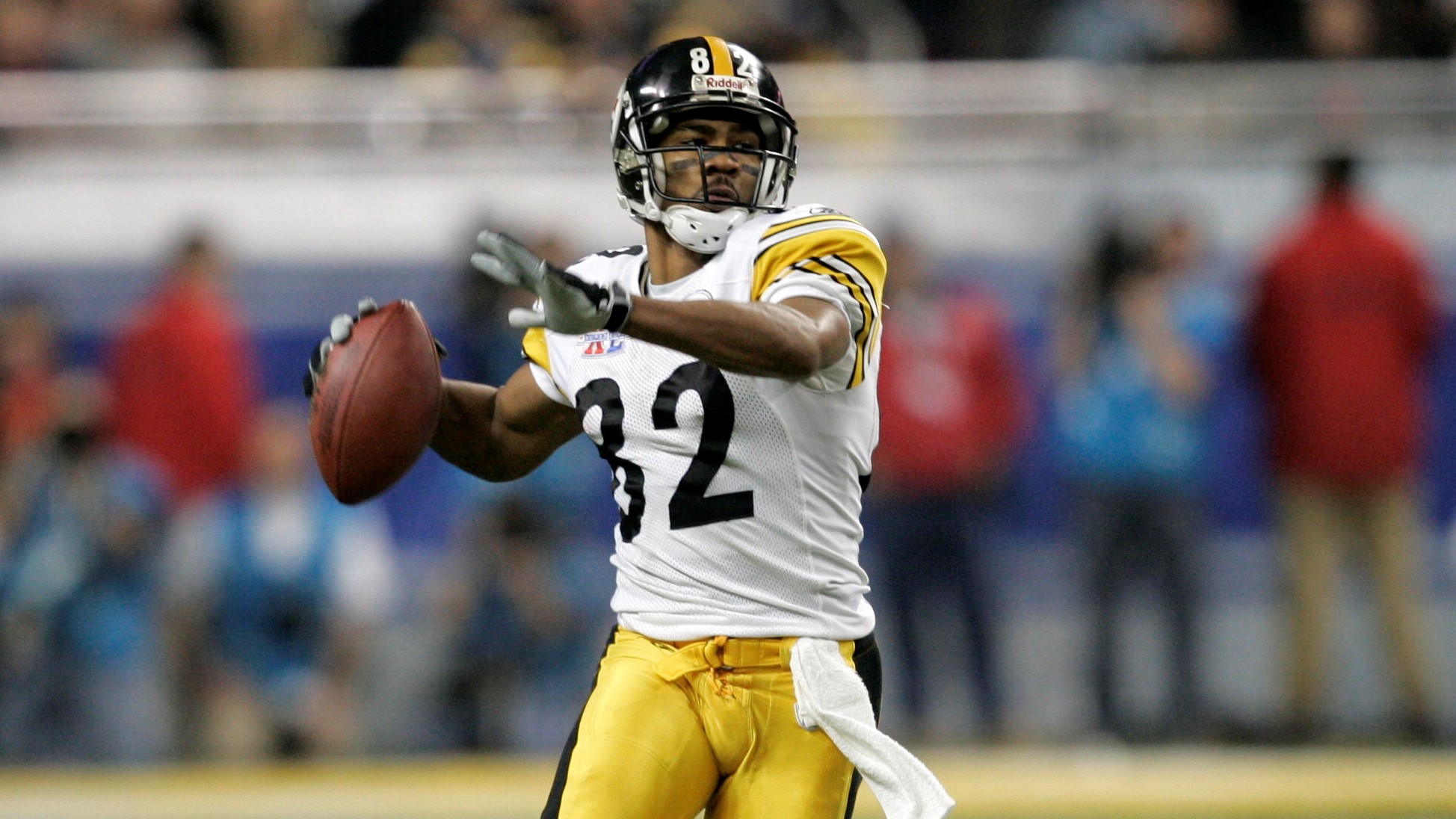
Final score: 21-10
The 2005 Steelers were the first No. 6 seed to ever win the Super Bowl. They started the game looking ugly on offense, but found a little rhythm in the second half. Ben Roethlisberger played one of the worst games in a Super Bowl win, completing only 9-21 passes for 123 yards, no touchdowns and two interceptions. In fact the best pass of the game was thrown by wide receiver Antwaan Randle-El, who hit Hines Ward for a 43-yard touchdown. Ward eventually won the MVP with a 5-123-1 line.
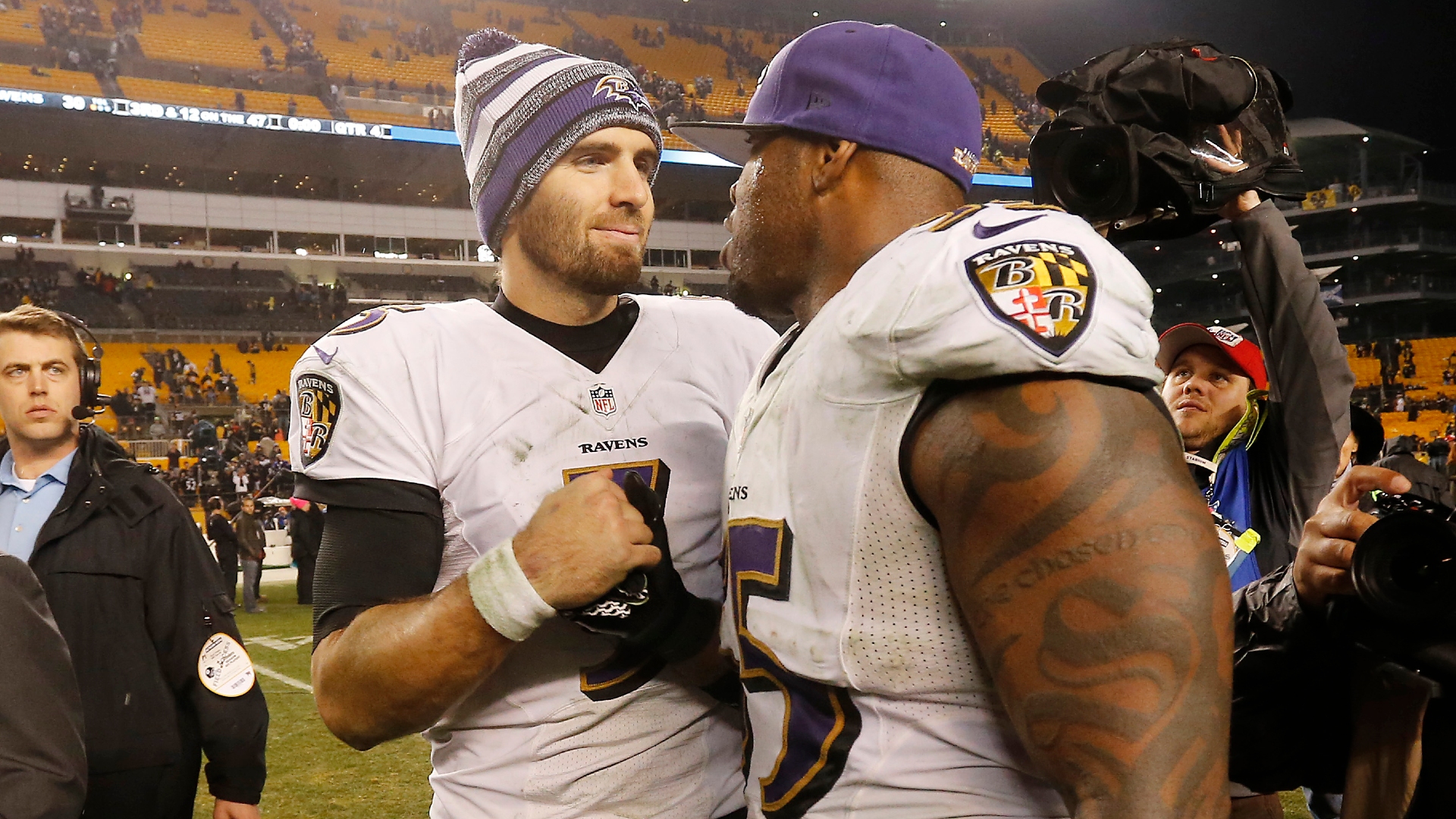
Final score: 34-31
The final score looks close, but before a power outage delayed the game for over half an hour, it was all Ravens. Did the 10-6 Ravens get a postseason energy boost from Ray Lewis’ announcement he would retire after the postseason? Maybe. Whatever the catalyst, Baltimore caught fire at the right time to win it all. It wouldn’t be a Ravens post without questioning whether or not Joe Flacco is elite, but Flacco silenced the doubters when he was named Super Bowl XLVII MVP. With the Ravens’ run game completely bottled up, he completed 66.7% of his passes for 287 yards, three touchdowns and no interceptions.
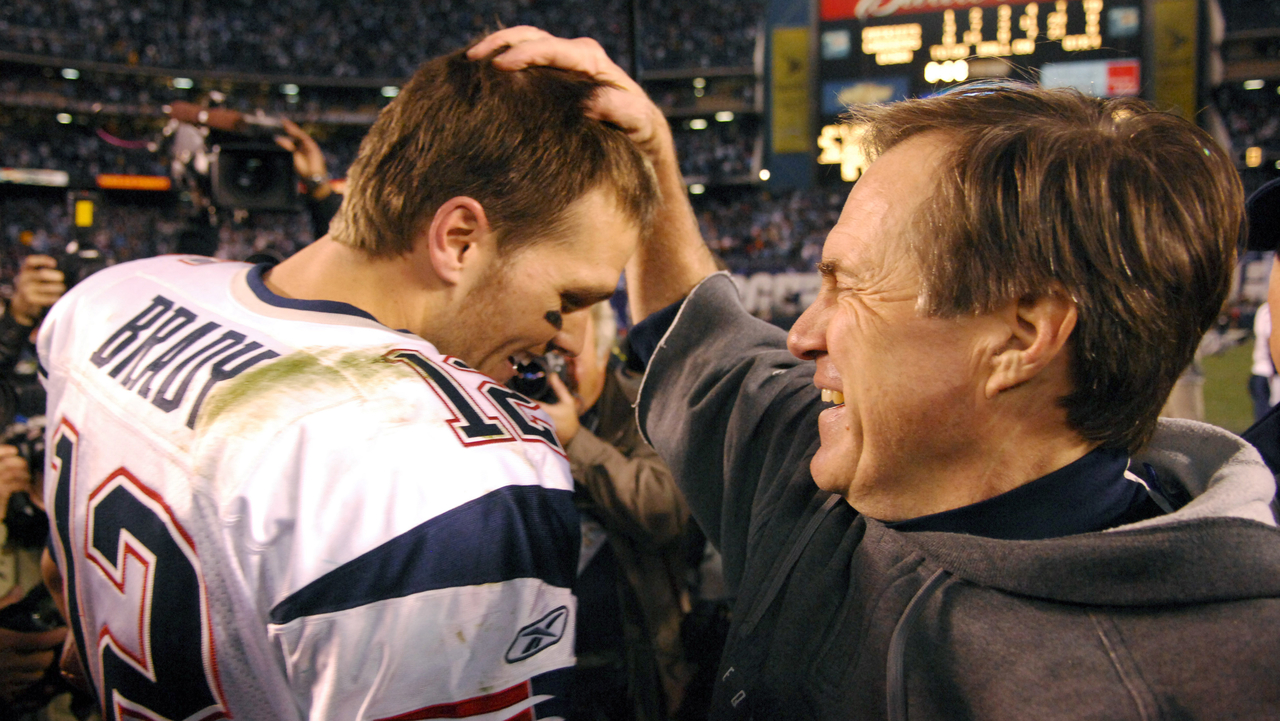
Final score: 13-3
If we were ranking Super Bowl games, instead of winners, this might be dead last. In an age of football defined by flashy offense and high scores, the Patriots and Rams combined for the lowest score in Super Bowl history. Locked in a 3-3 tie for three quarters, the Patriots finally scored the game’s lone touchdown in the fourth quarter. But New England deserves credit for holding the Rams’ No. 2 ranked offense to only three points, which tied a Super Bowl record.
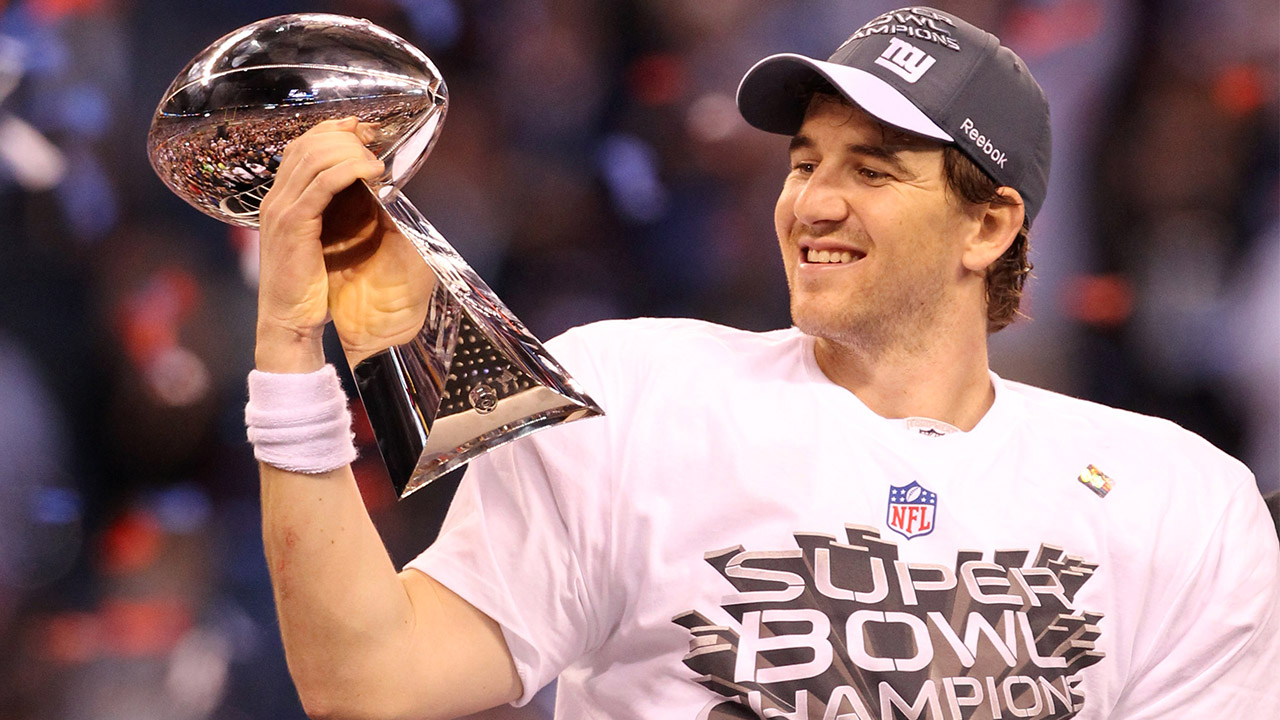
Final score: 17-14
By many metrics the 2007 Giants are one the worst Super Bowl winners of all time. They’re the only Super Bowl winner to enter the postseason without a top-10 scoring offense, or top-10 scoring defense (in fact many winners were top-10 for both). The team only featured one Pro Bowler in Osi Umenyiora. Eli Manning only completed 56.1% of his passes and carried a 23:20 TD:INT ratio. But they pulled off one of the biggest upsets in all of sports by handing the 18-0 Patriots their first loss of the season, and that’s worth something in these power rankings. David Tyree’s helmet catch lives on as one of the most iconic plays in Super Bowl history.
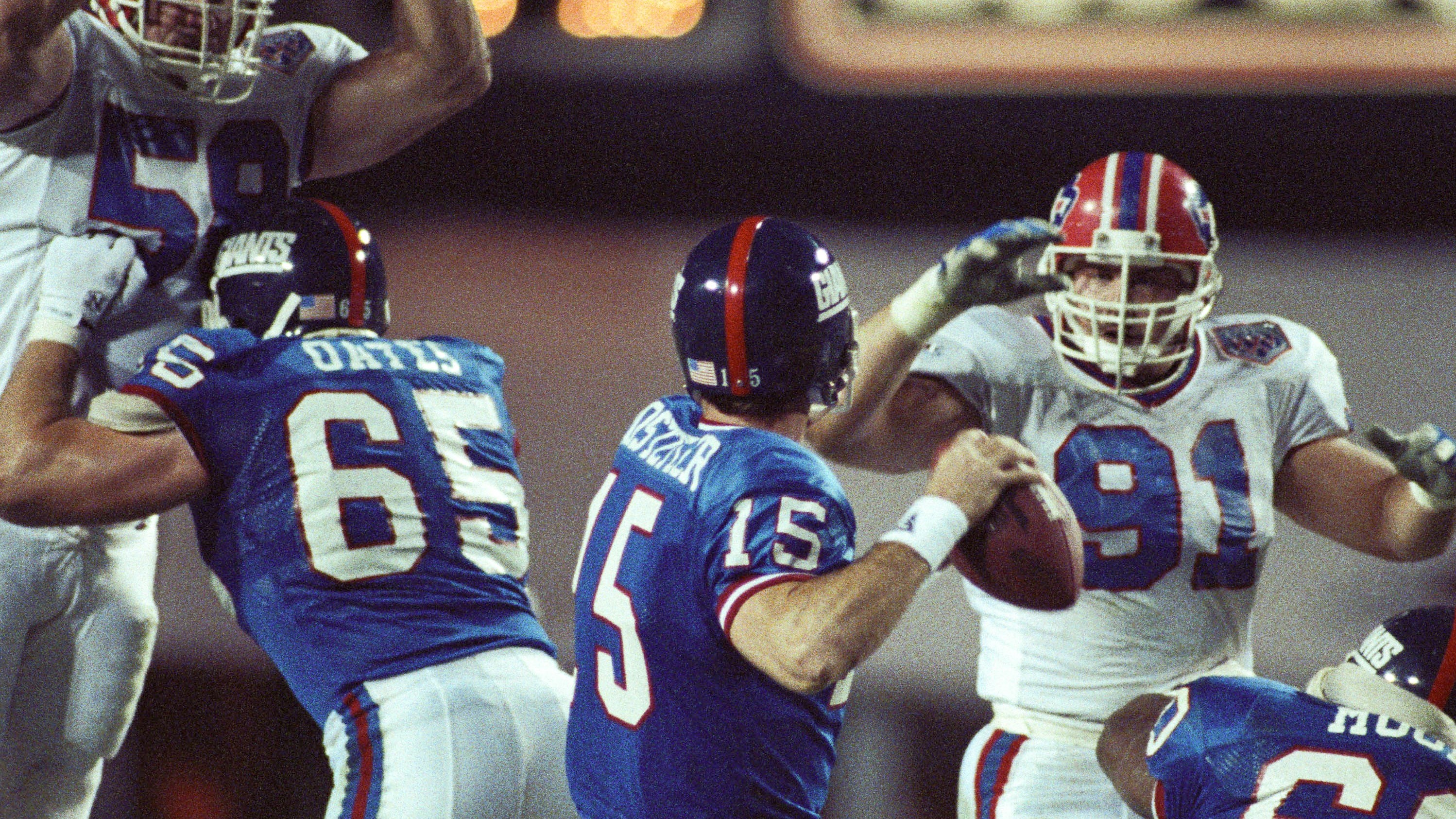
Final score: 20-19
The 1990 Giants deserve a lot of credit for weathering the storm of star quarterback Phil Simms getting hurt in Week 15, and riding backup QB Jeff Hostetler to a championship. Their No. 1 ranked defense came through in the postseason, holding opponents to only 11.7 points per game. But if not for a last-second field goal try that was infamously wide right, it would be the Bills on this list, not the Giants.
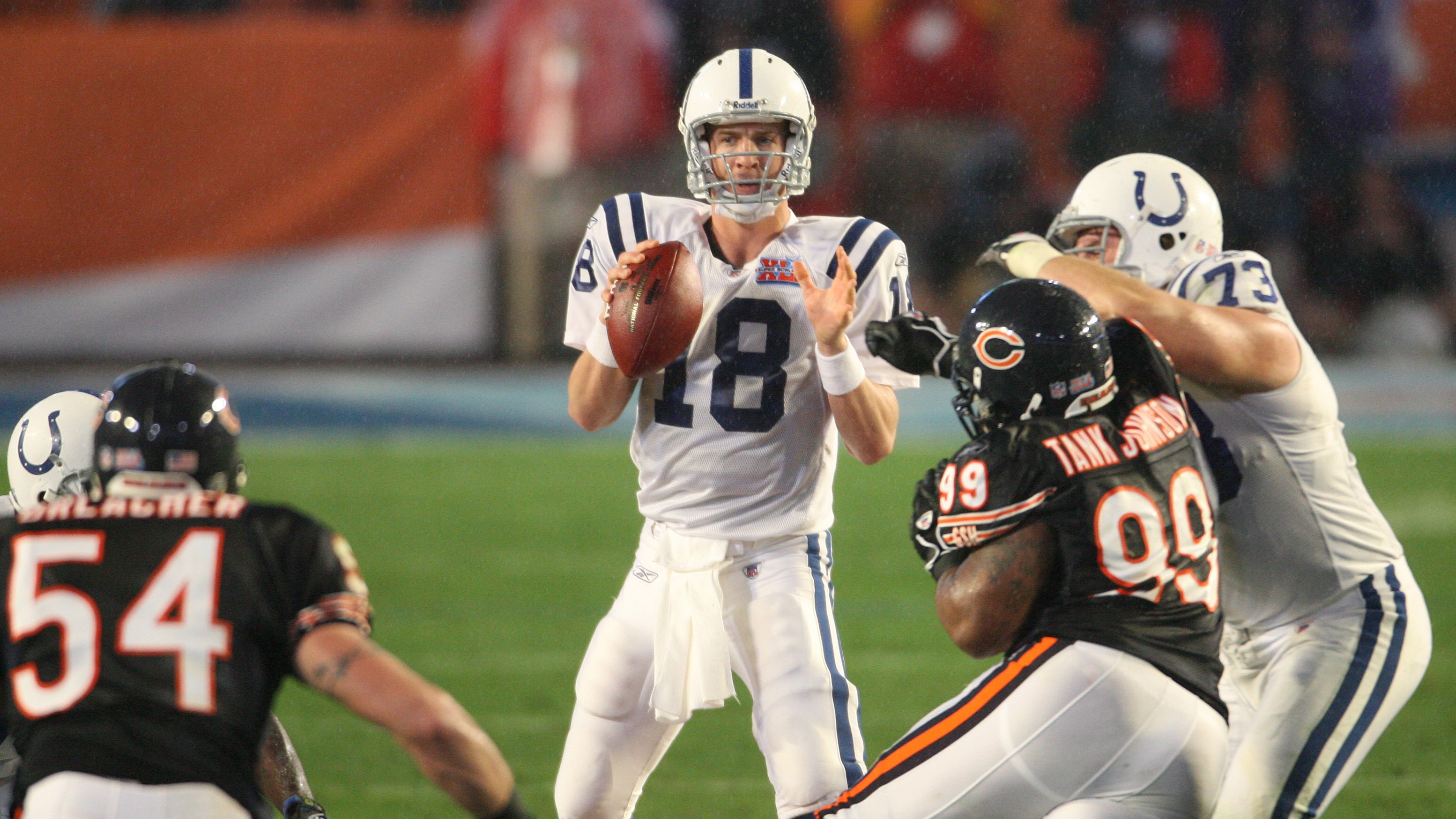
Final score: 29-17
The 2006 Colts were known for their offense, headlined by Peyton Manning and Marvin Harrison. On the other hand, their defense was one of the worst in the league, ranking dead last in rushing yards allowed and third-down conversions allowed, and 30th in rushing touchdowns allowed. Ironically, the Colts offense played just ok while the defense forced five turnovers to control the game.
Final score: 28-24
Super Bowl XLIX ended with one of the most controversial decisions in recent memory. With the ball on the goal line, and needing a touchdown to win, the Seahawks opted to throw the ball instead of handing off to their star running back Marshawn Lynch. Russell Wilson threw an interception to Malcolm Butler, and the Patriots won their fourth Super Bowl. Brady also tied Joe Montana for most Super Bowl MVPs in NFL history, at three.
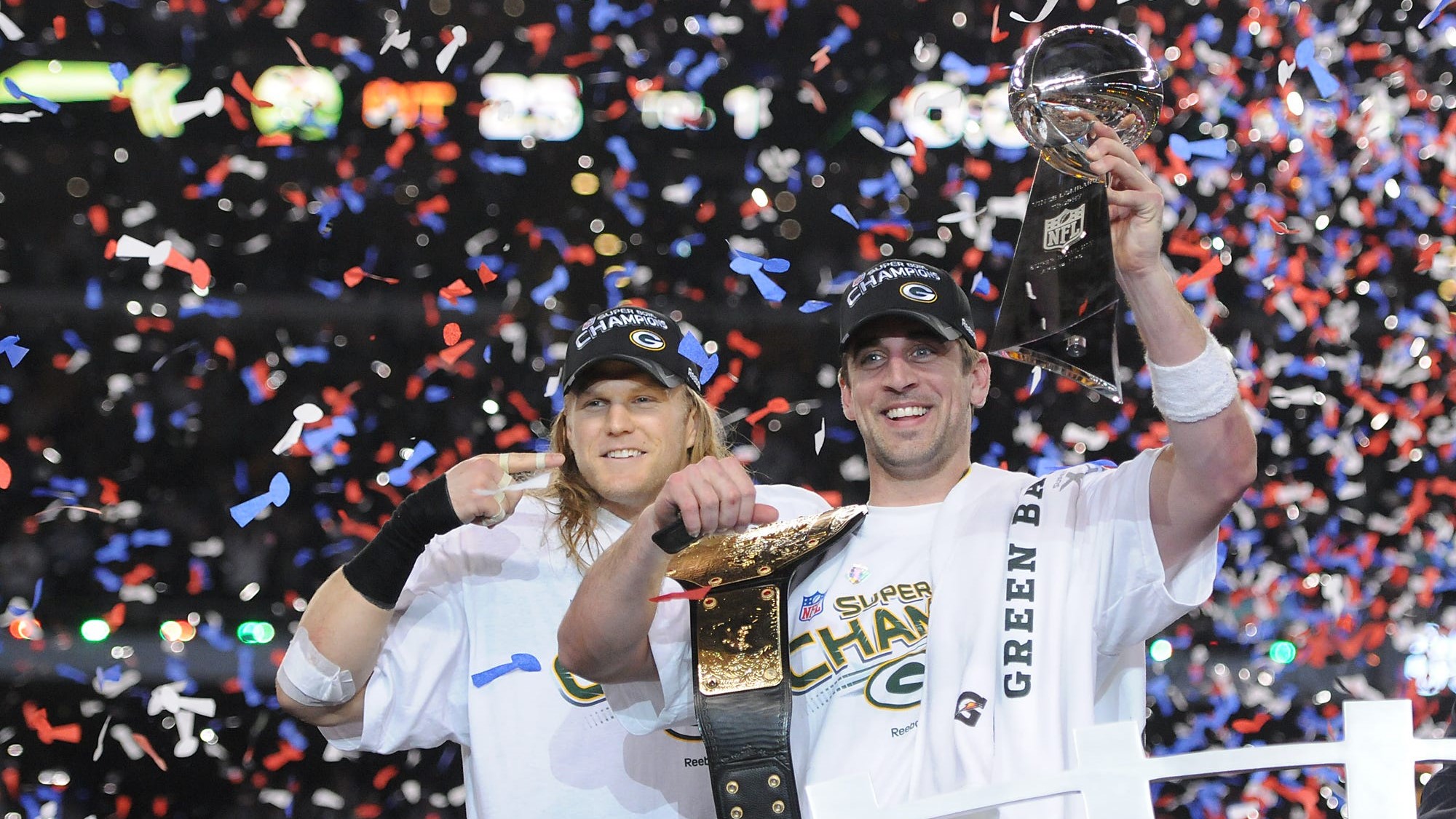
Final score: 31-25
Super Bowl XLV stands as Aaron Rodgers’ one and only title, and the moment he finally stepped out of Brett Favre’s shadow. He and the Pack got out to a hot start and built a 21-3 lead over the Steelers, but they couldn’t put the game away. Pittsburgh crawled back to within three points in the fourth quarter. After that, Rodgers led one more field goal drive, and the defense managed to hold the Steelers on the last drive of the game.
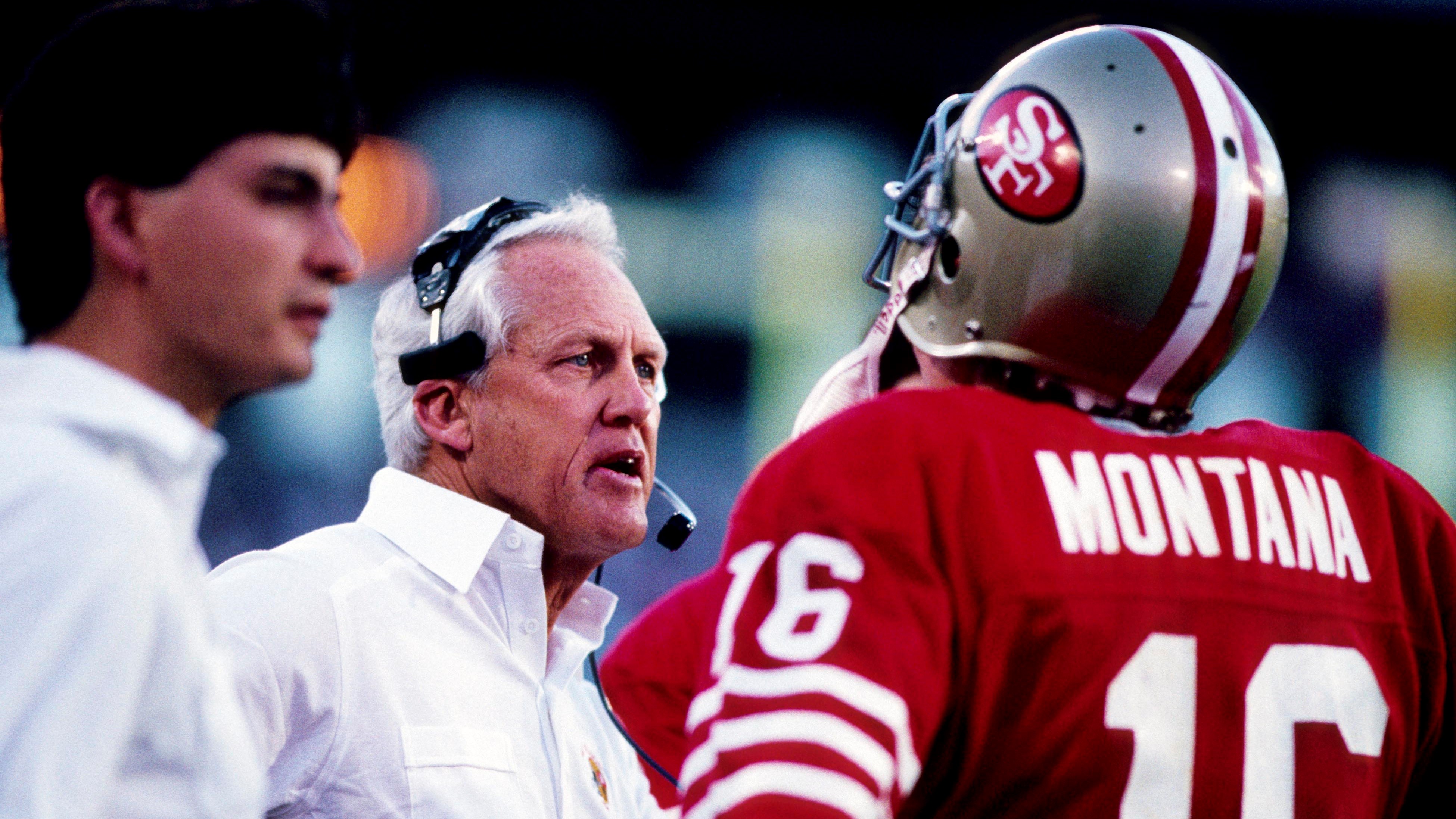
Final score: 20-16
Joe Montana and Jerry Rice had their least impressive season together in 1988, and the Niners finished the regular season with a 10-6 record. Things didn’t go much better in the Super Bowl, as the Bengals stymied their offense for much of the game. But one 92-yard drive at the end of the game was all San Francisco needed to send Bill Walsh into retirement as a champion.
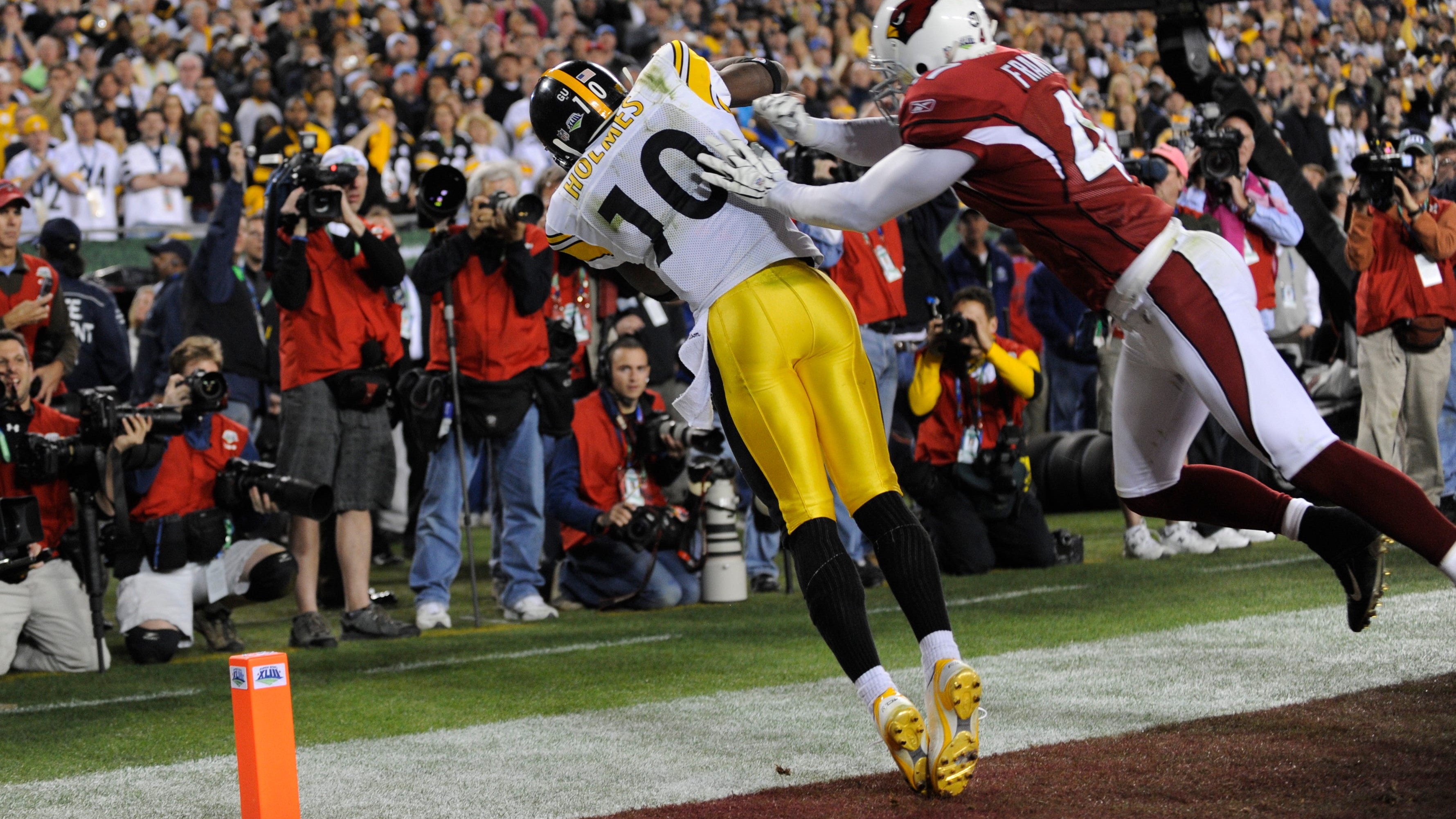
Final score: 27-23
The ‘08 Steelers played like their ‘70s predecessors, largely leaning on their stifling defense which led the league in scoring. In the first half the defense performed as everyone expected, culminating with an incredible 100-yard pick six as the first half ended. But in the second half, they faltered as Kurt Warner and the Cardinals rallied, and even took the lead with two minutes to play. In the end, Ben Roethlisberger and Santonio Holmes bailed the team out with a two-minute drill to score the game-winning touchdown.
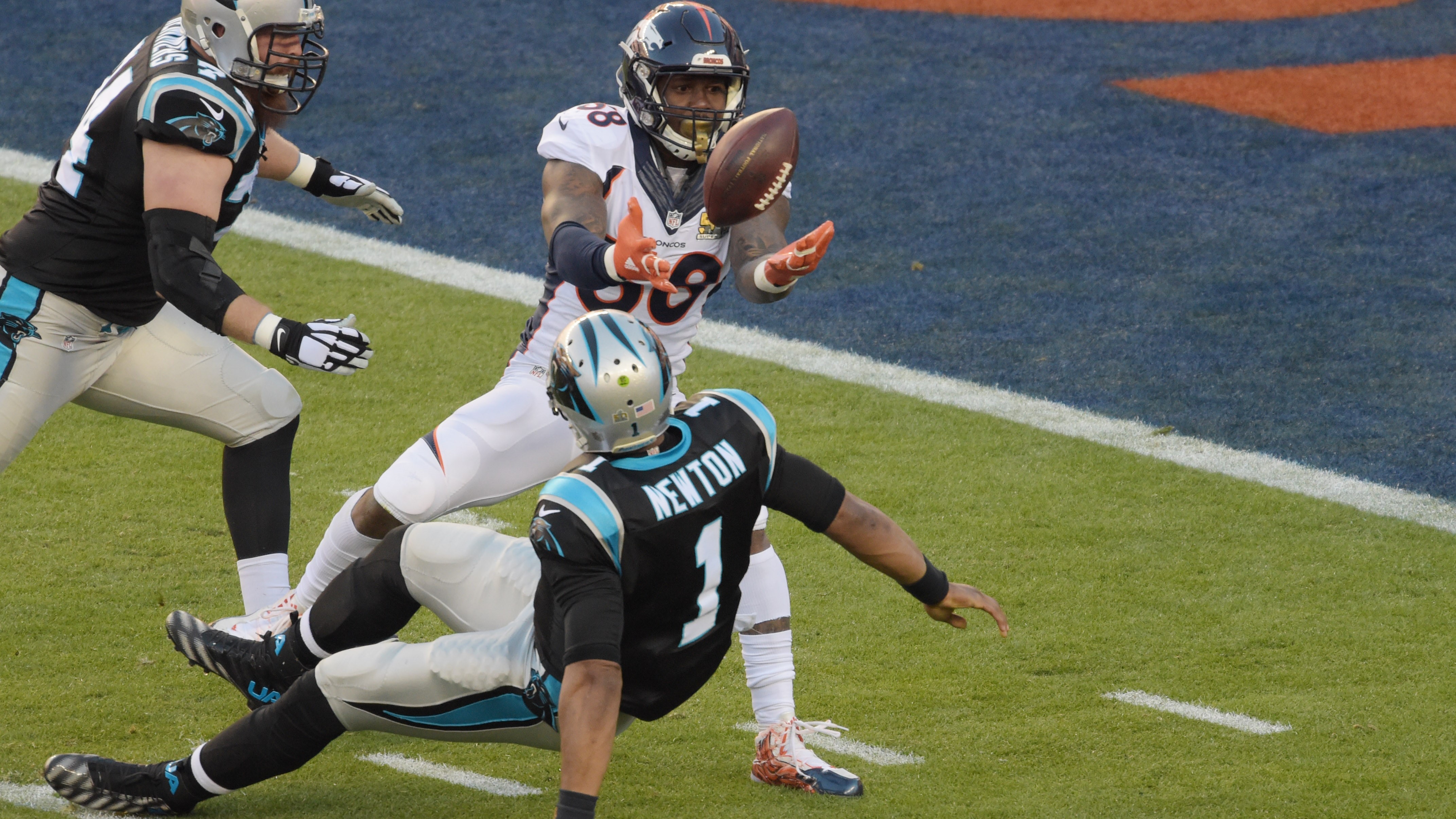
Final score: 24-10
Payton Manning got one more Super Bowl win at the end of his career, but it was really the Denver defense which carried him to the finish line. Von Miller’s performance as a pass rusher was one of the best since Richard Dent in Super Bowl XX, and like Dent, Miller was awarded the Super Bowl MVP.
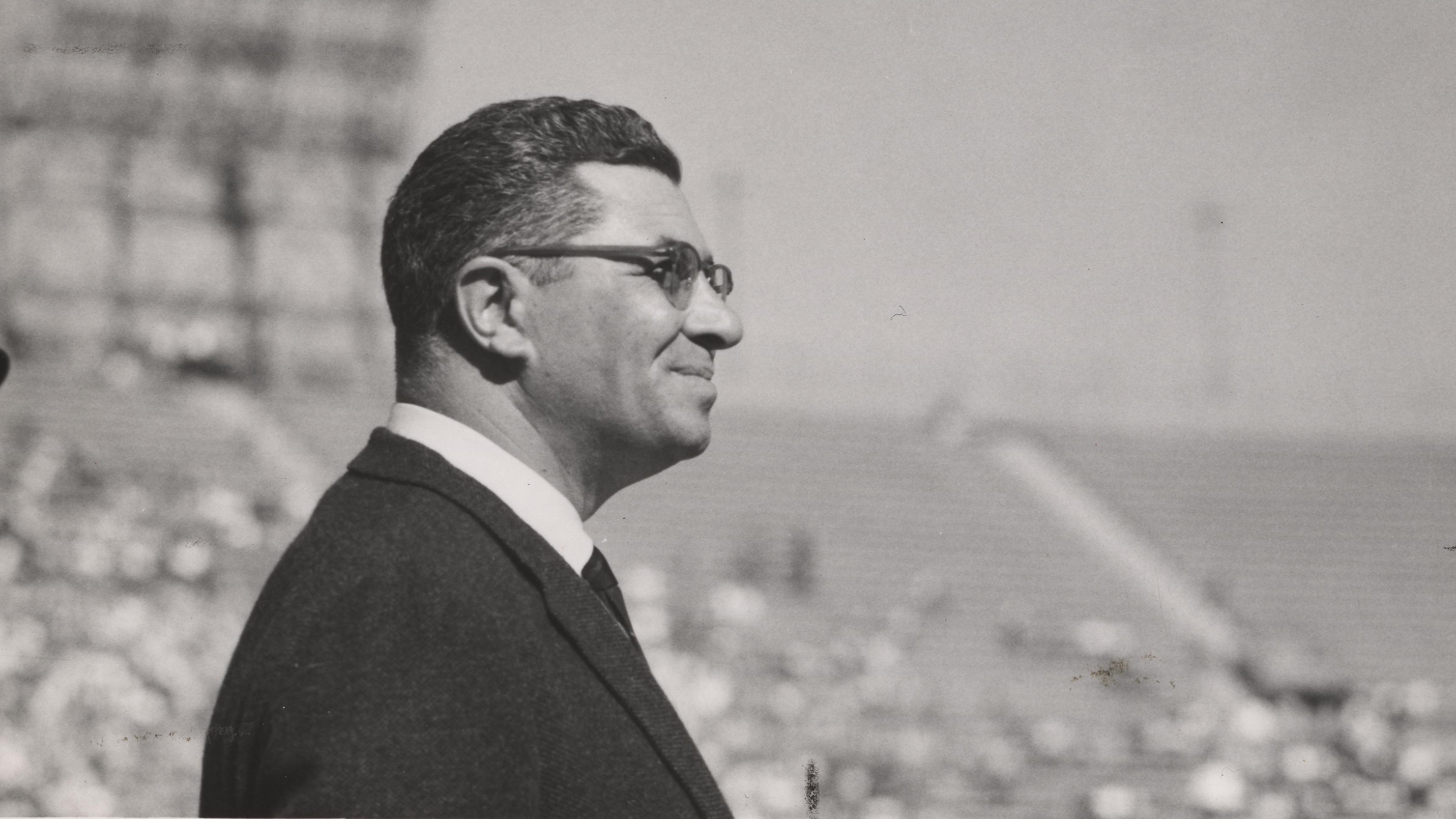
Final score: 33-14
The Packers won back-to-back championships when they beat the Raiders in Super Bowl II, but the ‘67 team was not as dominant as the year before. Green Bay needed a last-second score to make it past Dallas in the Ice Bowl to punch their ticket to the Super Bowl. Once there, the Oakland Raiders didn’t have much of a chance as the AFL still lagged behind the NFL.
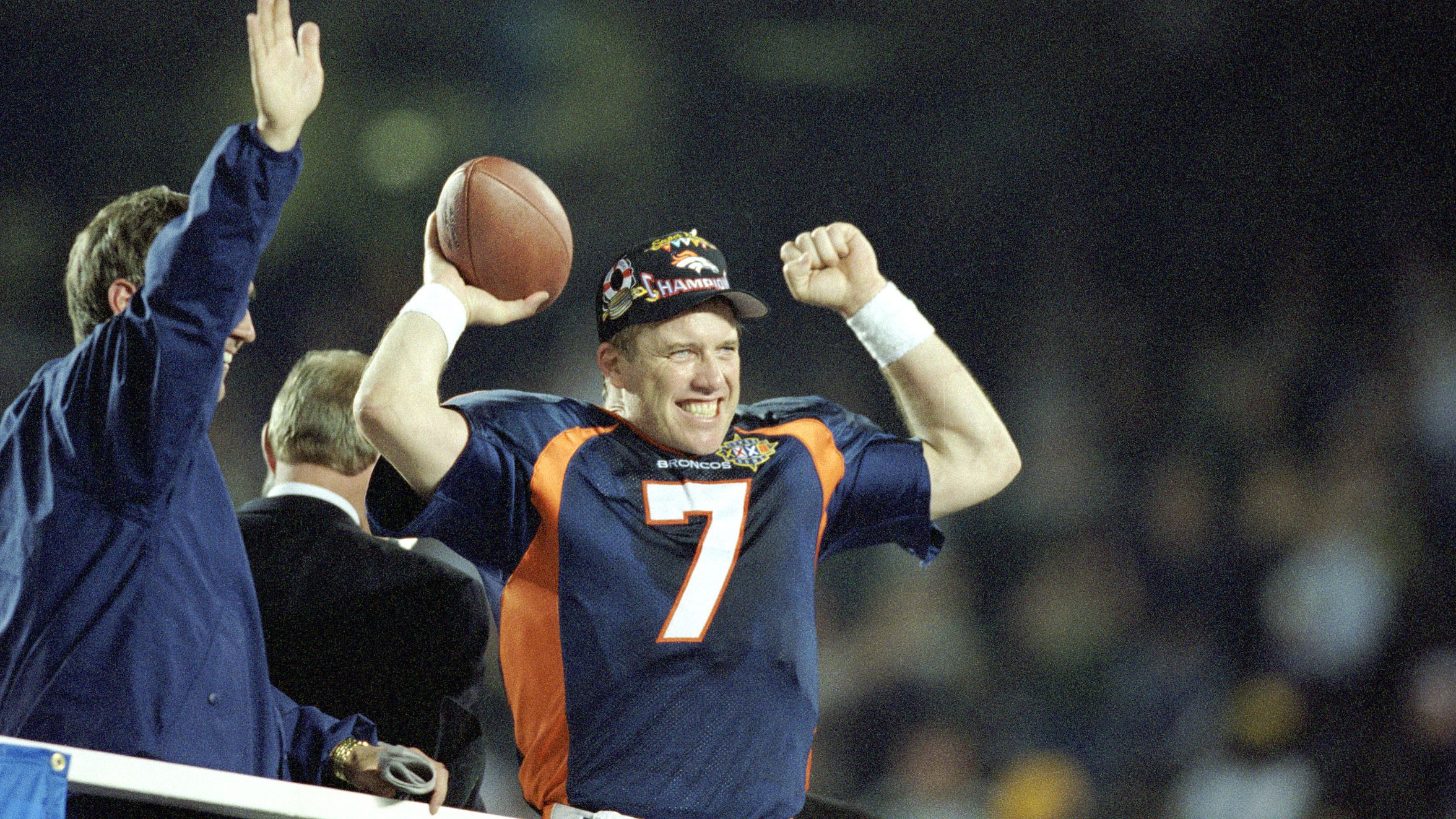
Final score: 31-24
After three blowout losses in the Super Bowl, John Elway finally got a ring in Super Bowl XXXII. The difference in 1997? The Broncos finally had a strong running attack. Terrell Davis ended up being essential, as he scored three one-yard touchdowns, with Elway chipping in a one-yard TD run of his own. Davis ended the game with 157 yards on 30 carries, in addition to the three scores, earning him MVP honors.
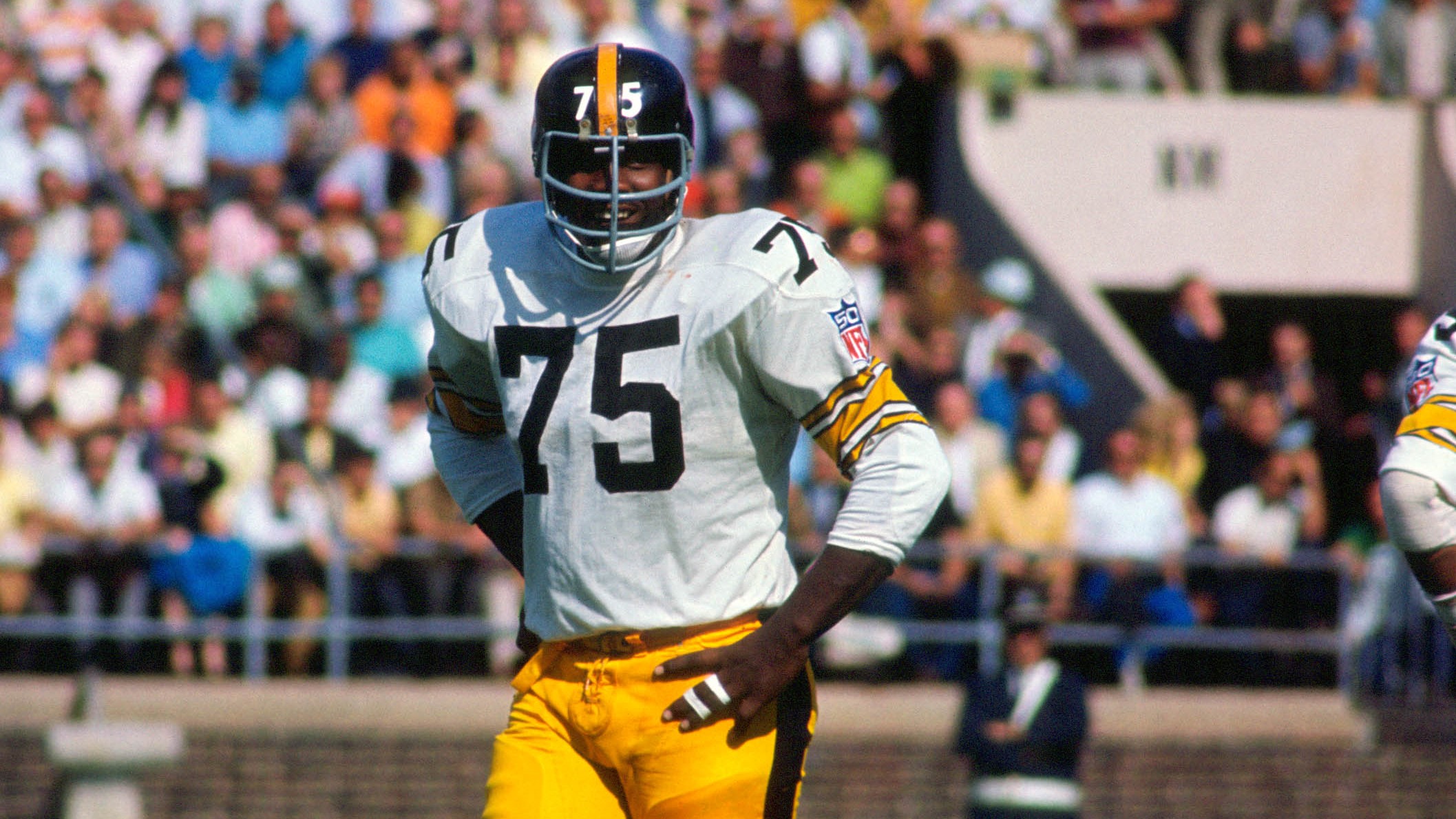
Final score: 16-6
Pittsburgh’s dynasty through the 70s began with a lockdown defense and an incredible rookie class that featured four future Hall of Famers: Lynn Swann, Jack Lambert, John Stallworth and Mike Webster. However it took a few seasons for the offense to catch up with the defense to dominate teams on both sides of the ball.
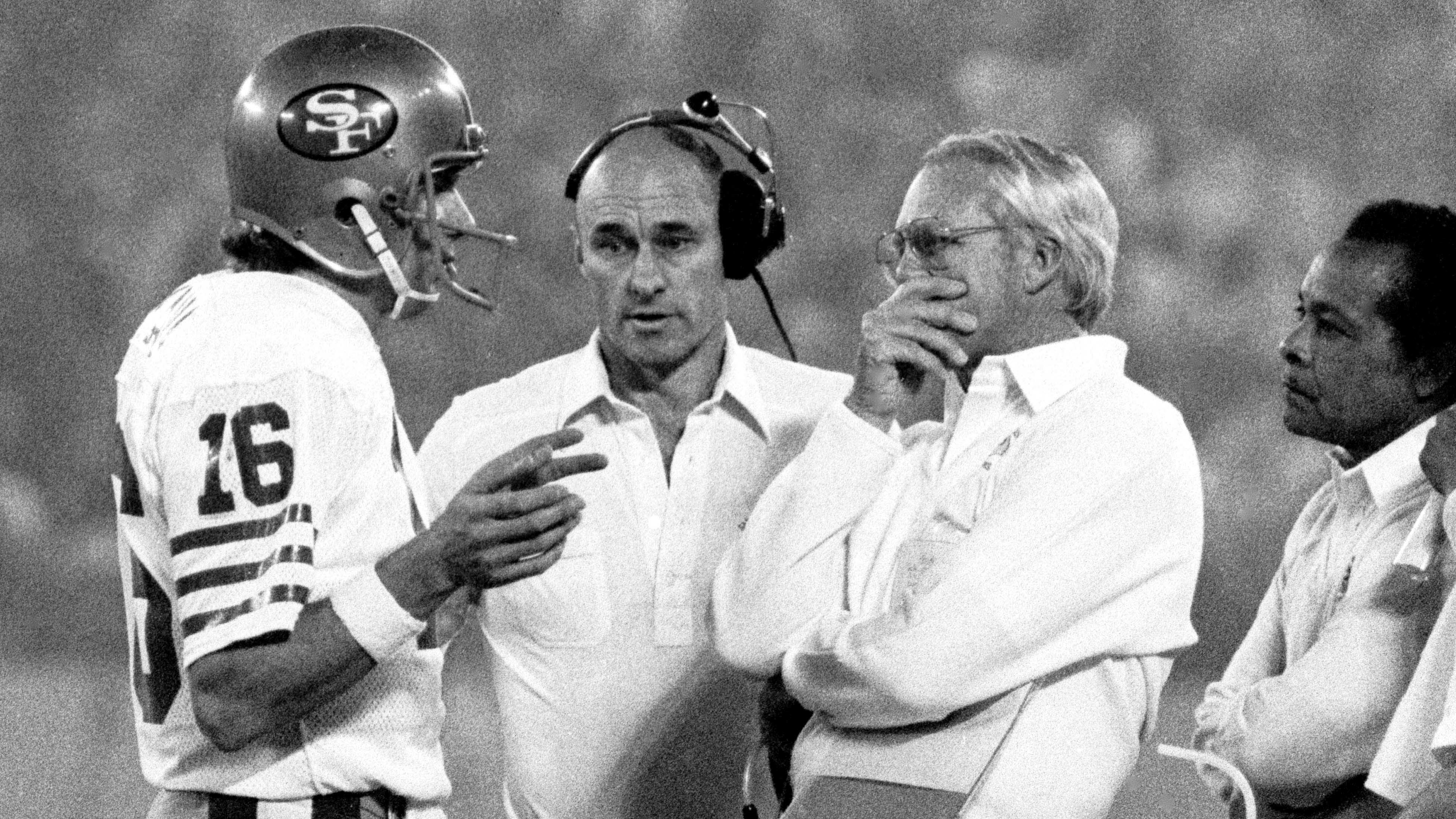
Final score: 26-21
No one realized it at the time, but the Niners Super Bowl XVI win marked a revolution in the sport. Bill Walsh and Joe Montana won their first title with their West Coast offense that de-emphasized the run game. Now nearly every team in the game seems to run some iteration of Walsh’s pass-first scheme. But what’s surprising is that the Bengals actually outgained the 49ers 356-275 in the Super Bowl, and San Francisco may not have won without four Cincinnati turnovers.
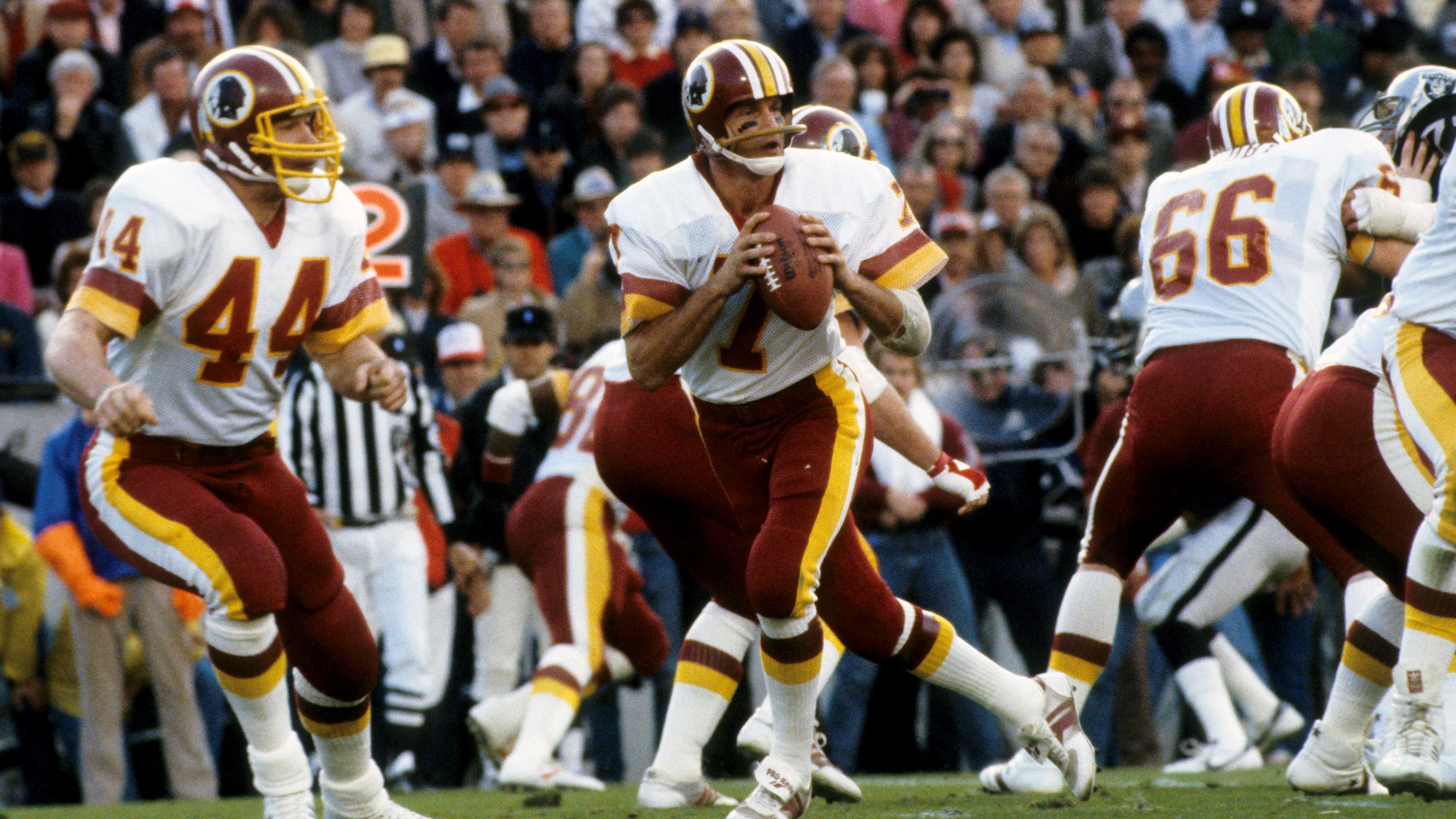
Final score: 27-17
It’s hard to properly judge this team, as they won in a strike-shortened season. Still, they went 8-1 in the regular season and waltzed through the unique 16-team “Super Bowl Tournament.” Despite locking up the No. 1 seed, Washington played three games to reach the Super Bowl, which they won by an average of 17.3 points.
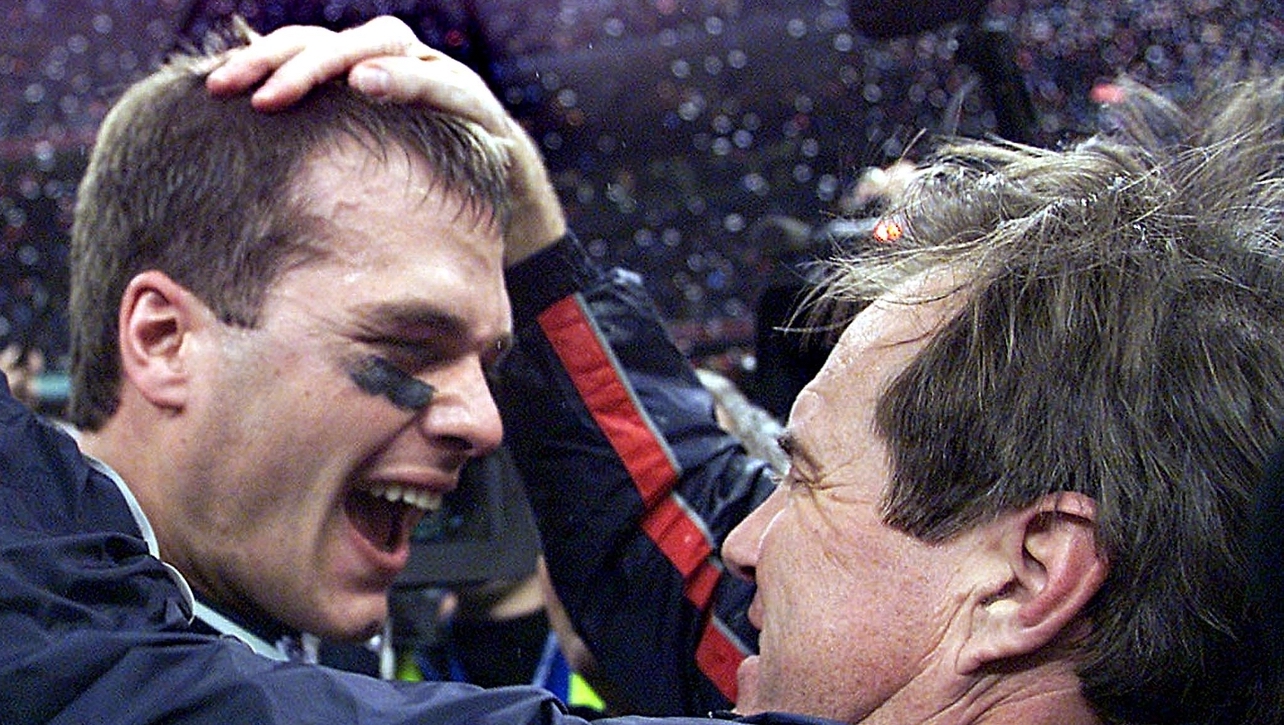
Final score: 32-29
This iteration of the Belichick/Brady Patriots didn’t dominate opponents, but they also almost never lost. In fact, after losing in Week 4 of the 2003 season, they didn’t lose again until Week 8 of the 2004 season.
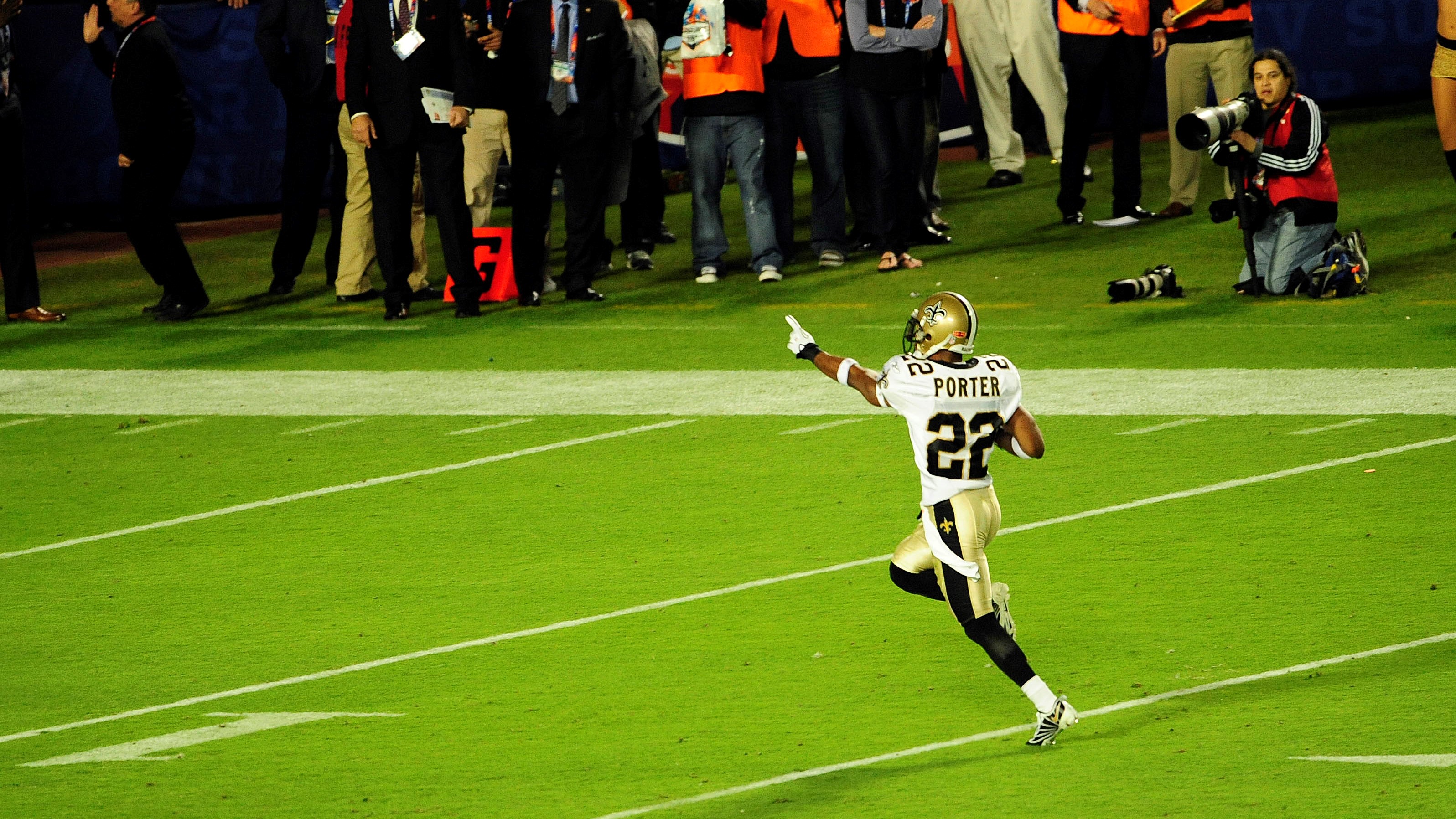
Final score: 31-17
Super Bowl XLIV was billed as a battle between two great quarterbacks, Drew Brees and Peyton Manning. But in reality it was a battle of dueling audibles. Manning was known for essentially calling the offense himself on the field, but the Saints were ready with a corresponding check before the ball was snapped. It paid off as a Tracy Porter pick-six with just over three minutes left in the game sealed the win for New Orleans.
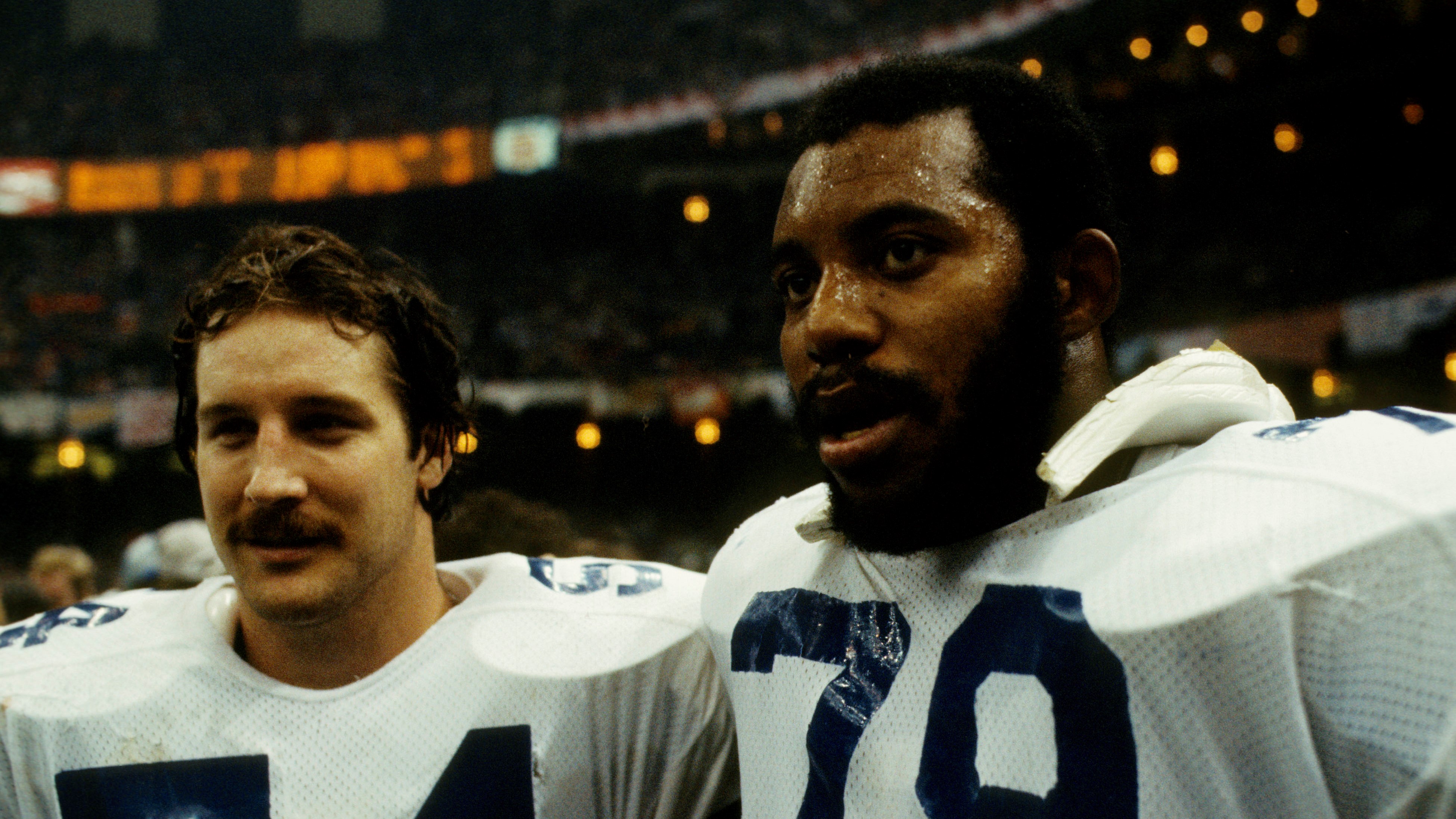
Final score: 27-10
The Doomsday Defense lived up to their name, forcing an incredible eight Denver turnovers. Besides the turnovers, the defense led by co-MVPs Randy White and Harvey Martin held Denver to just 156 yards.
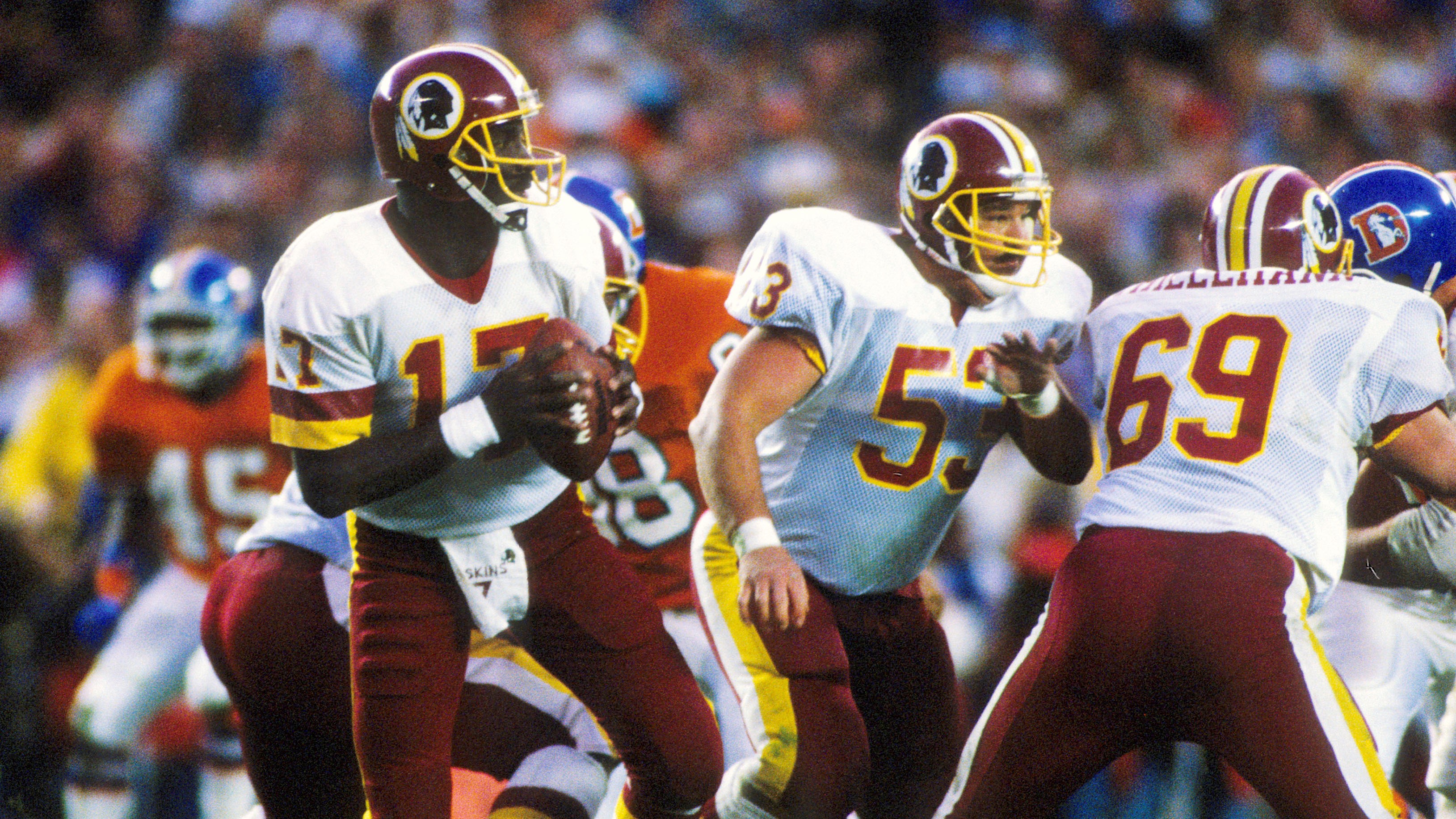
Final score: 42-10
Washington quarterback Doug Williams made history by becoming the first Black quarterback to start in the Super Bowl, and he dominated the game. Williams threw four touchdowns and won Super Bowl XXII MVP, outshining regular season MVP John Elway. Washington’s defense played great as well, led by Barry Wilburn who intercepted Elway twice. Oh, and Todd Bowles who just won Super Bowl LV as the Buccaneers’ defensive coordinator, was the starting safety for this team as well.
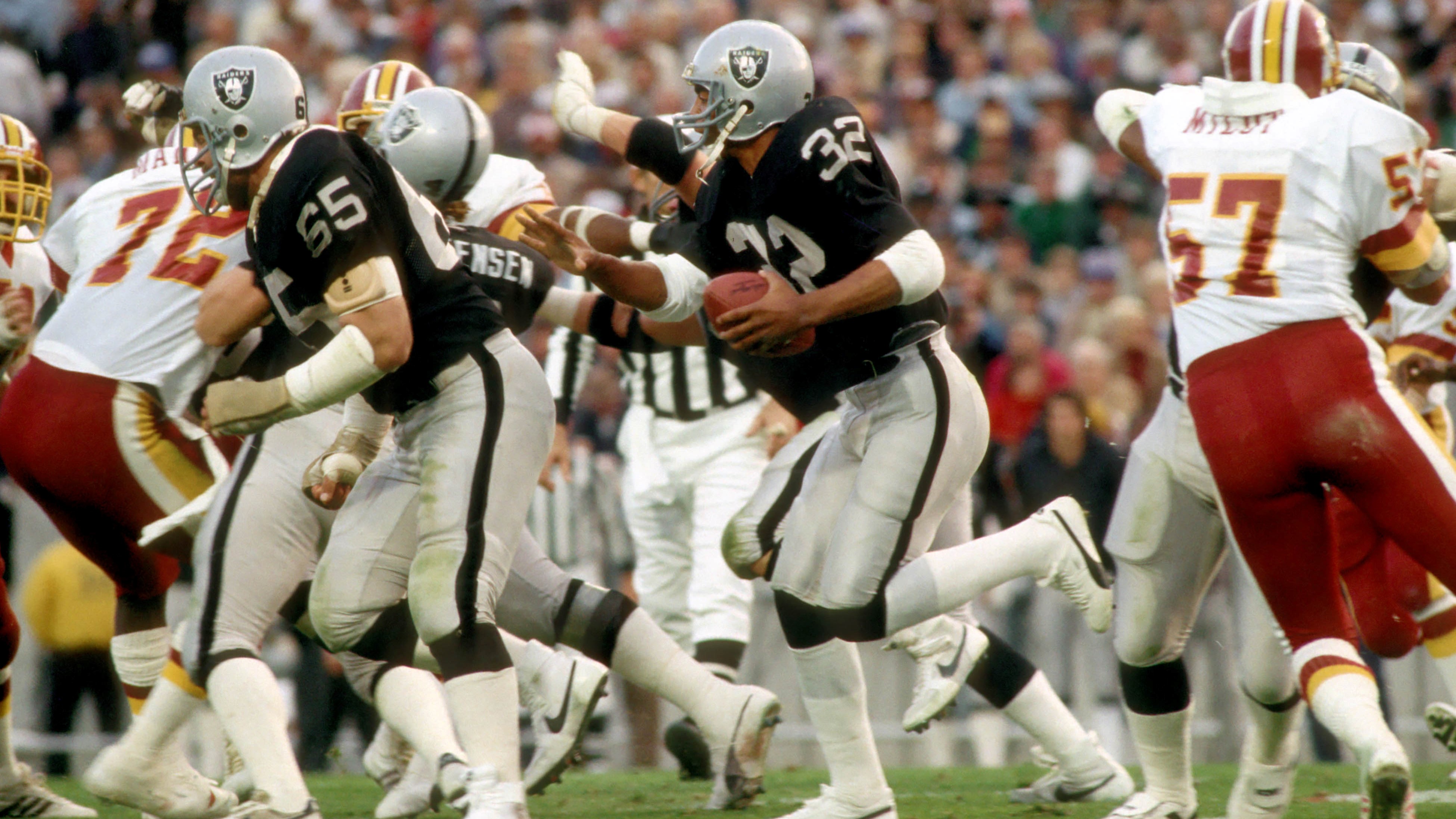
Final score: 38-9
The lone Super Bowl champion for Los Angeles’ many different teams. USC Heisman winner Marcus Allen stayed local (he didn’t even have to switch home stadiums!) and was pivotal in the Raiders’ dismantling of Washington, the defending champions. L.A. cruised to their Lombardi trophy by outscoring opponents 106-33.
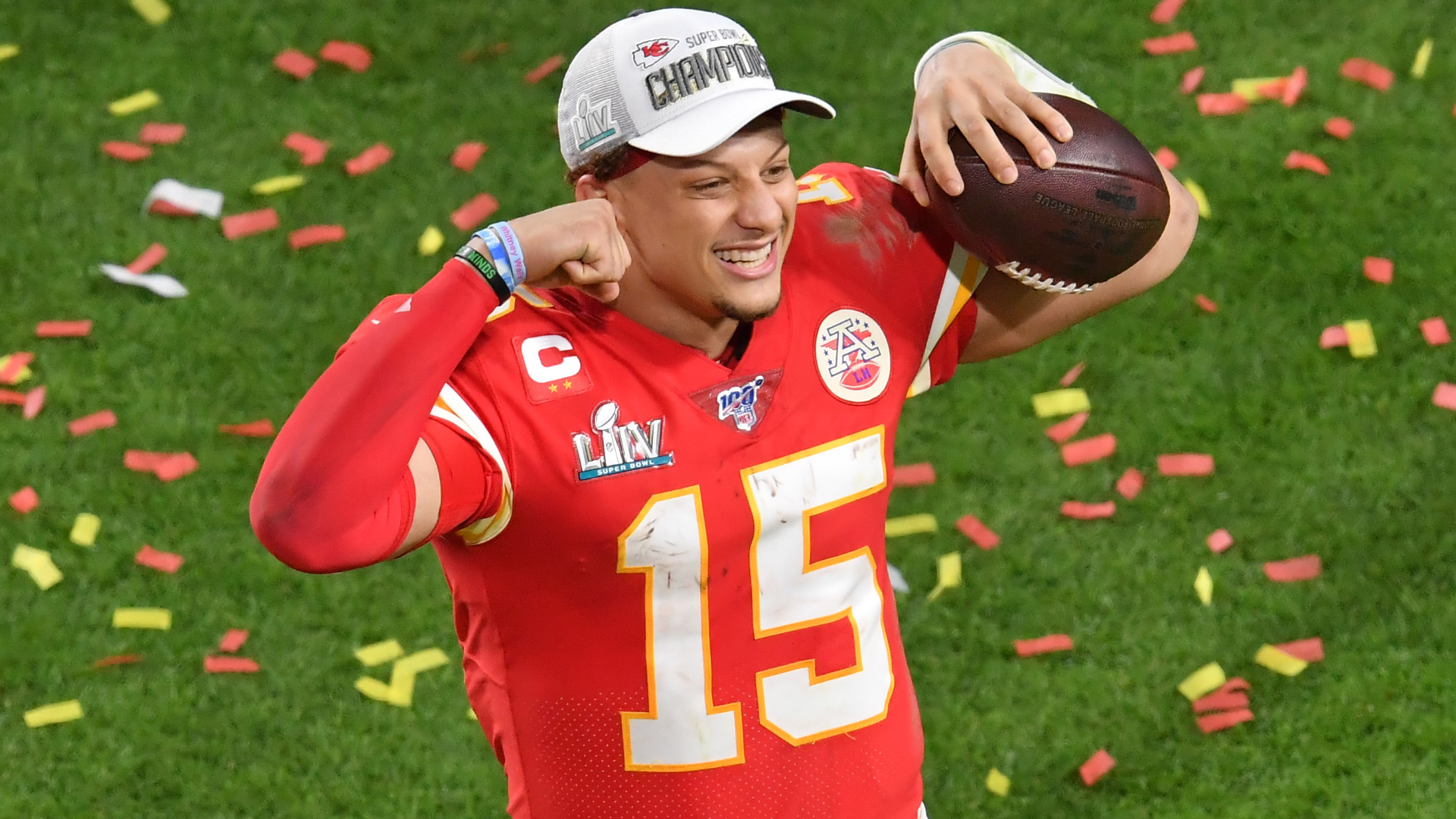
Final score: 31-20
The Cardiac Chiefs needed a double-digit comeback in every single one of their postseason games en route to a Super Bowl LIV victory, including a ridiculous 51-31 win over the Texans after falling down 21-0 in the first quarter. But that’s what made Kansas City’s offense so dangerous in 2019. With Patrick Mahomes slinging the ball they could score touchdowns in the blink of an eye, and often did.
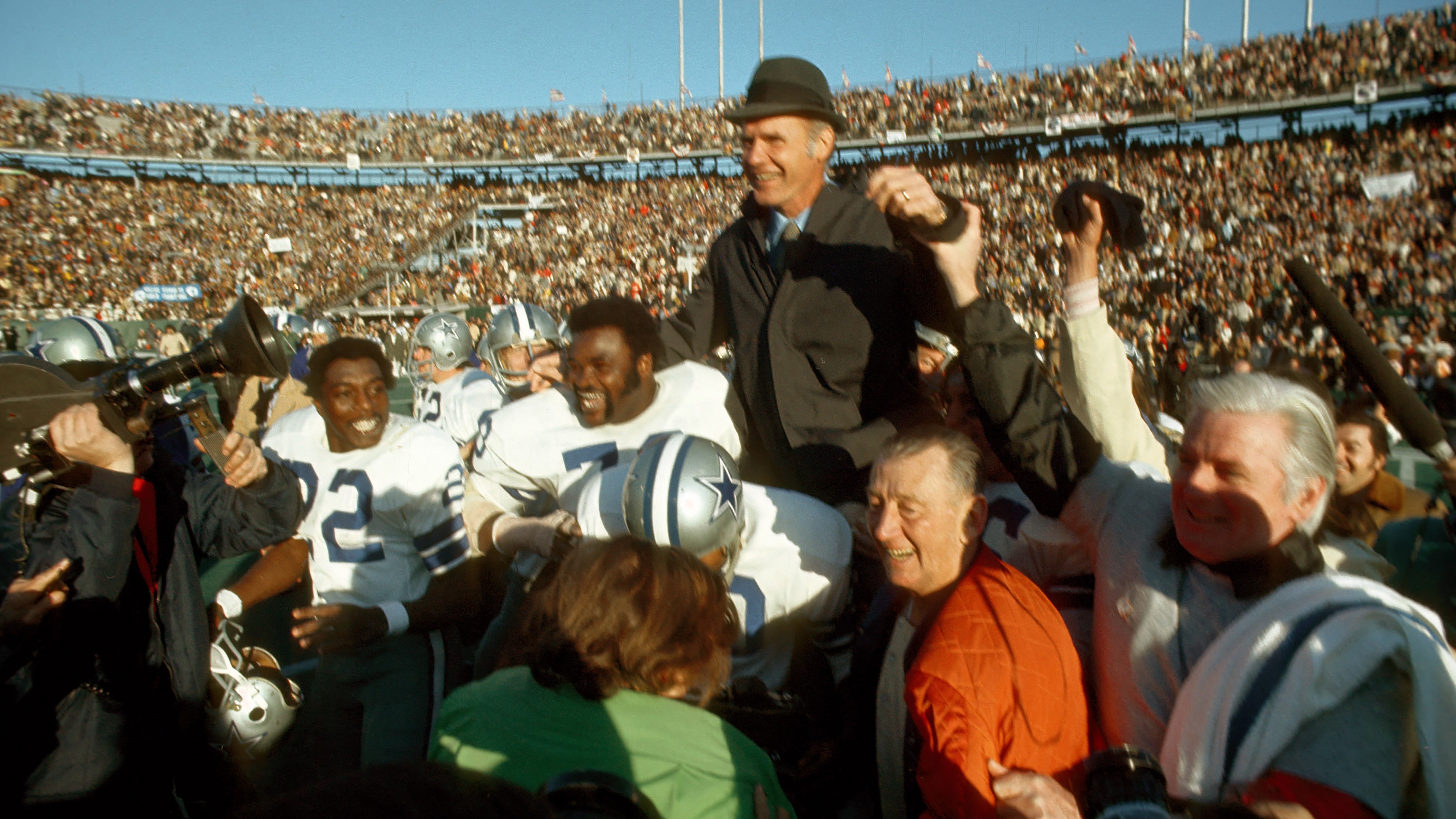
Final score: 24-3
After losing in Super Bowl V the year before, Tom Landry and Roger Staubach made it back to the championship game and won. Not only that, they held the Miami Dolphins to a Super Bowl record low three points. That mark has only been tied by the 2018 Patriots. In addition, Mike Ditka won his lone Super Bowl as a player with the ‘71 Cowboys.
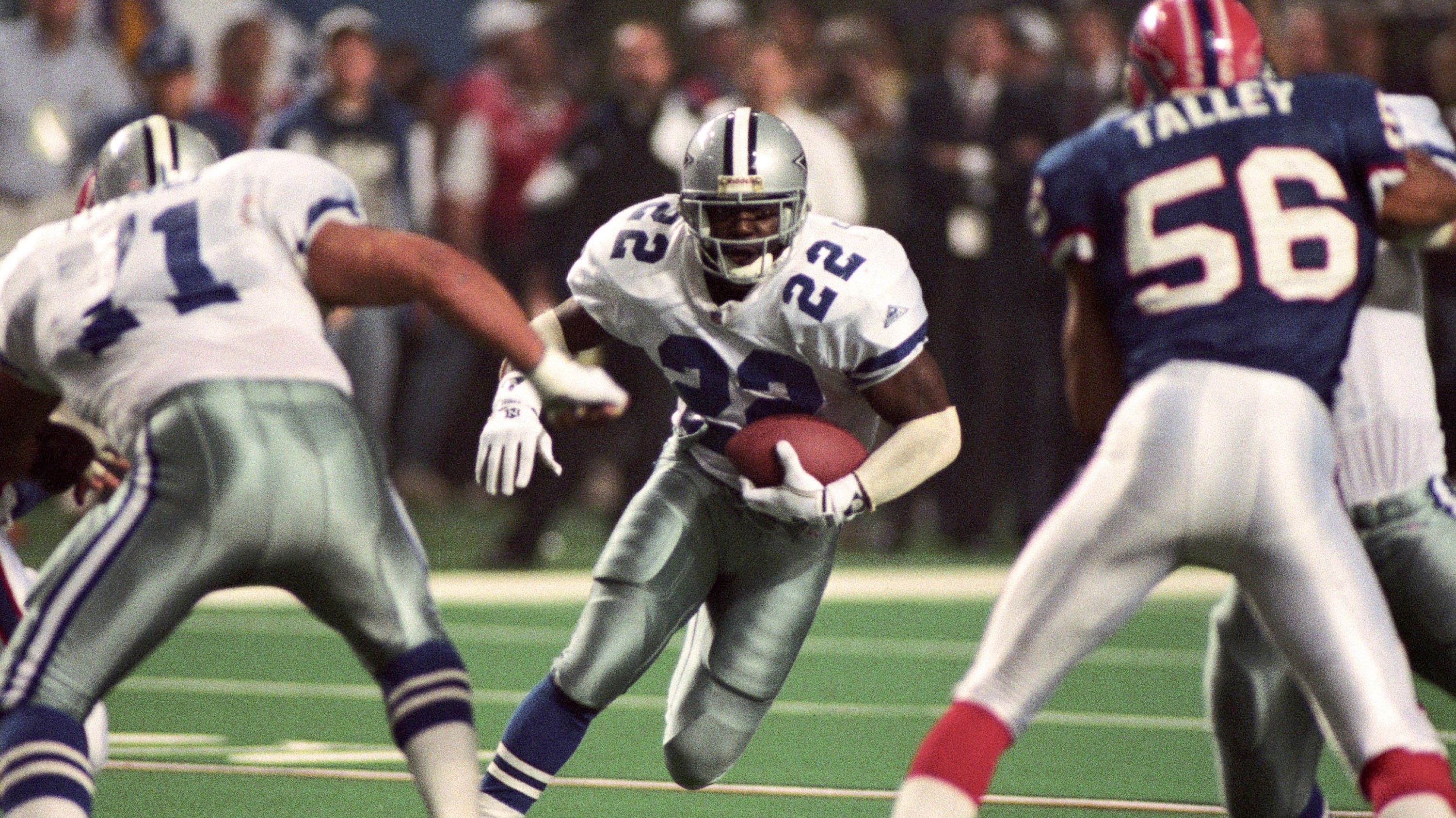
Final score: 30-13
For the second-straight season the Cowboys beat the Bills in the Big Game. Super Bowl XXVIII wasn’t as much of a beatdown as the previous year. In fact Buffalo had a 13-6 lead going at halftime and had a chance to end their horrible Super Bowl losing streak. But Emmitt Smith scored twice as the Cowboys outscored the Bills 24-0 in the second half. Smith walked away with the Super Bowl MVP to go along with his regular season MVP.
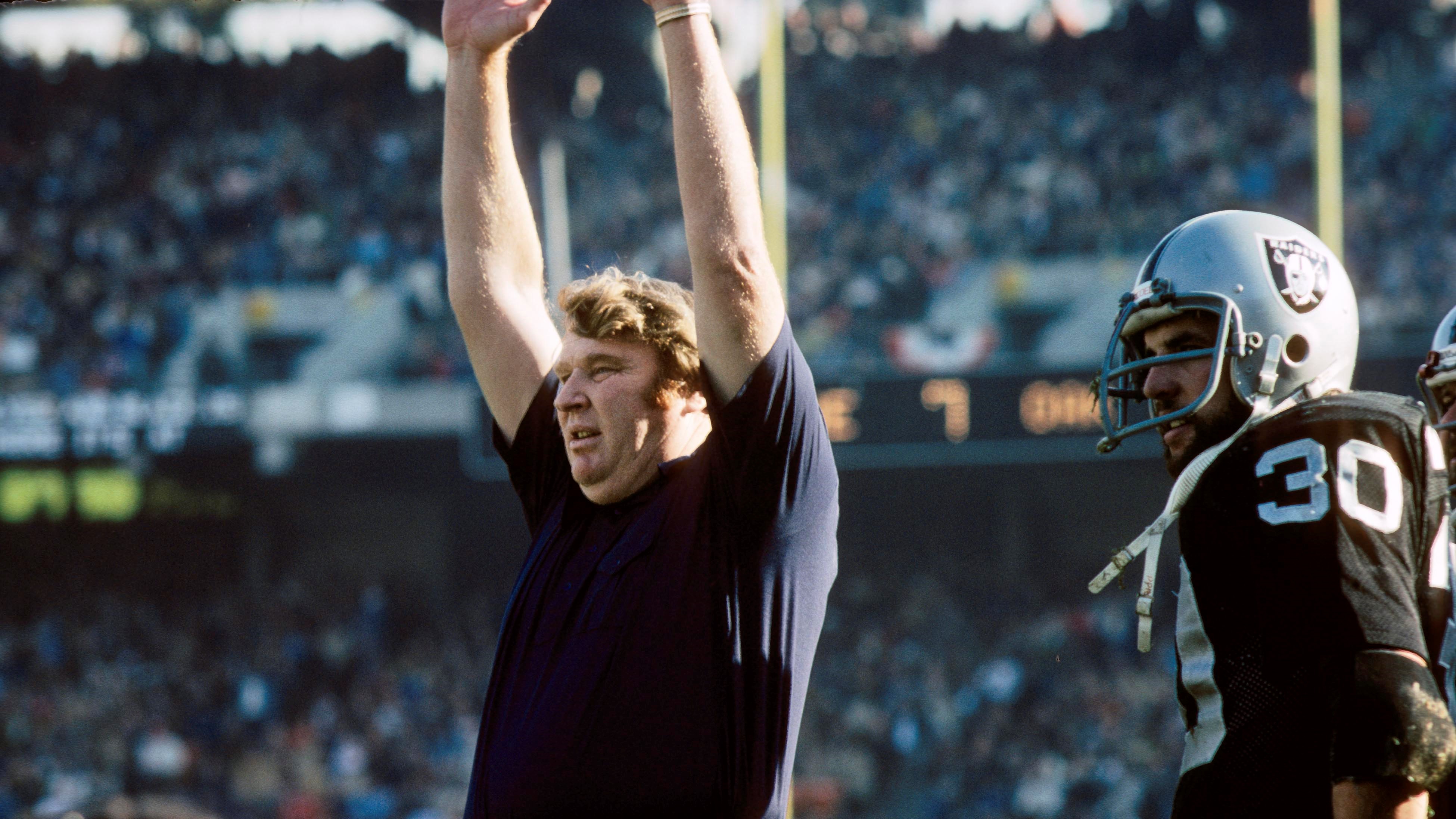
Final score: 32-14
Always the bridesmaid and never the bride, the Raiders won the AFC West five out of six seasons following the NFL-AFL merger in 1970. But they also lost in the AFC Championship four times, falling victim to the Steelers in 1975 and 1974. They finally broke through the Steel Curtain in 1976, and trounced the Vikings in Super Bowl XI after that.
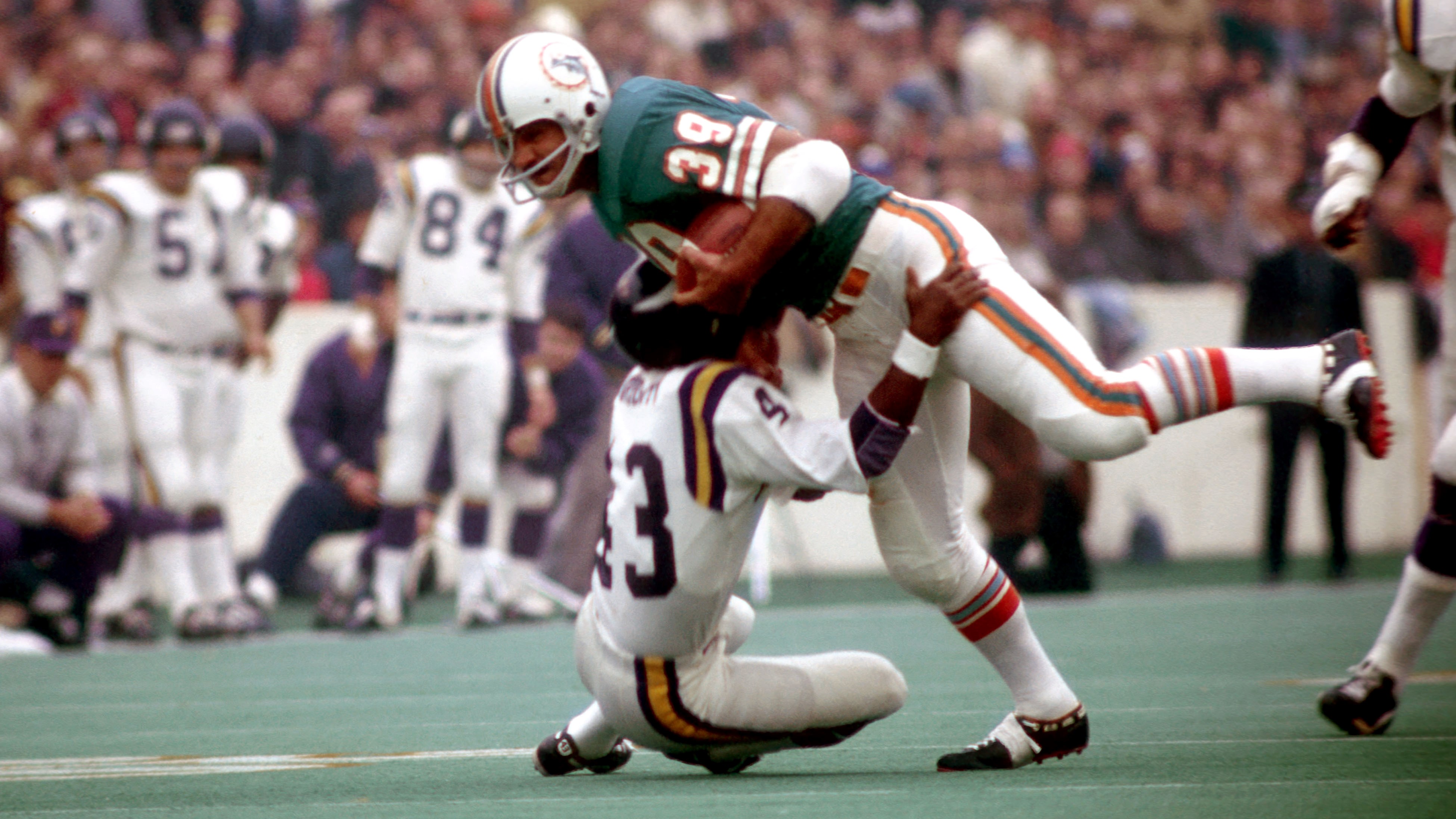
Final score: 24-7
They weren’t perfect, but they were still great on their way to a second-straight Super Bowl win. The ‘73 team doesn’t get a lot of attention, but Larry Csonka ran all over the Vikings and the Dolphins won in a more convincing fashion than they had the year before.
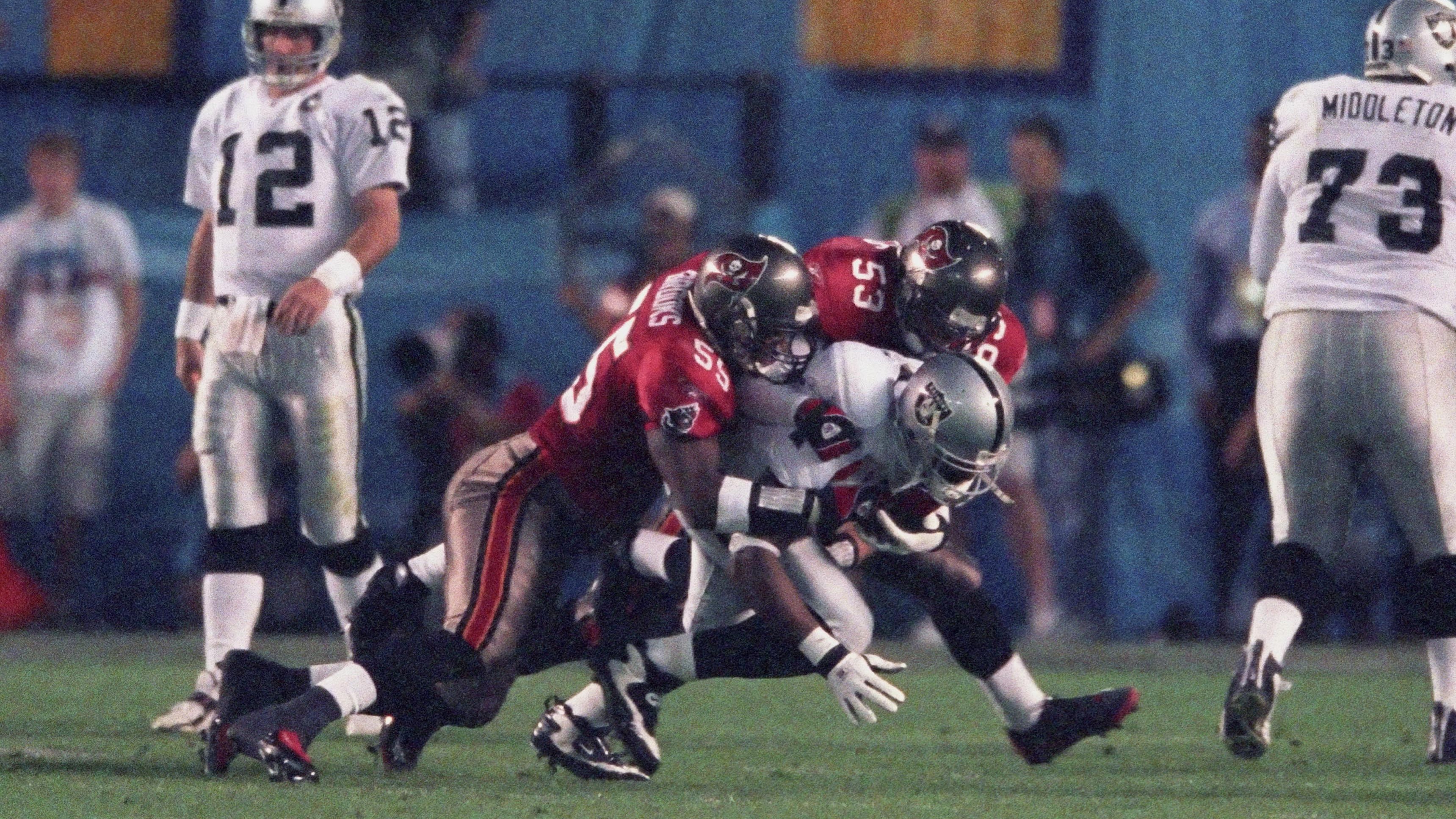
Final score: 48-21
Tony Dungy had been fired the year prior, but the Buccaneers had his “Tampa 2” to thank for their big Super Bowl XXXVII win. That, and new head coach Jon Gruden’s familiarity with their opponent, the Oakland Raiders. Gruden was Oakland’s head coach the year before, but in a rare move he was traded to Tampa Bay, so he had the Bucs extremely well prepared for the game. They got out to a 34-3 lead with under five minutes left in the third quarter. The Raiders went on a little run to make it a two-score game, but the Bucs got two pick-sixes in the last two minutes of the game to seal the deal. In the end Tampa Bay intercepted league MVP Rich Gannon five times, returning three of them for touchdowns.
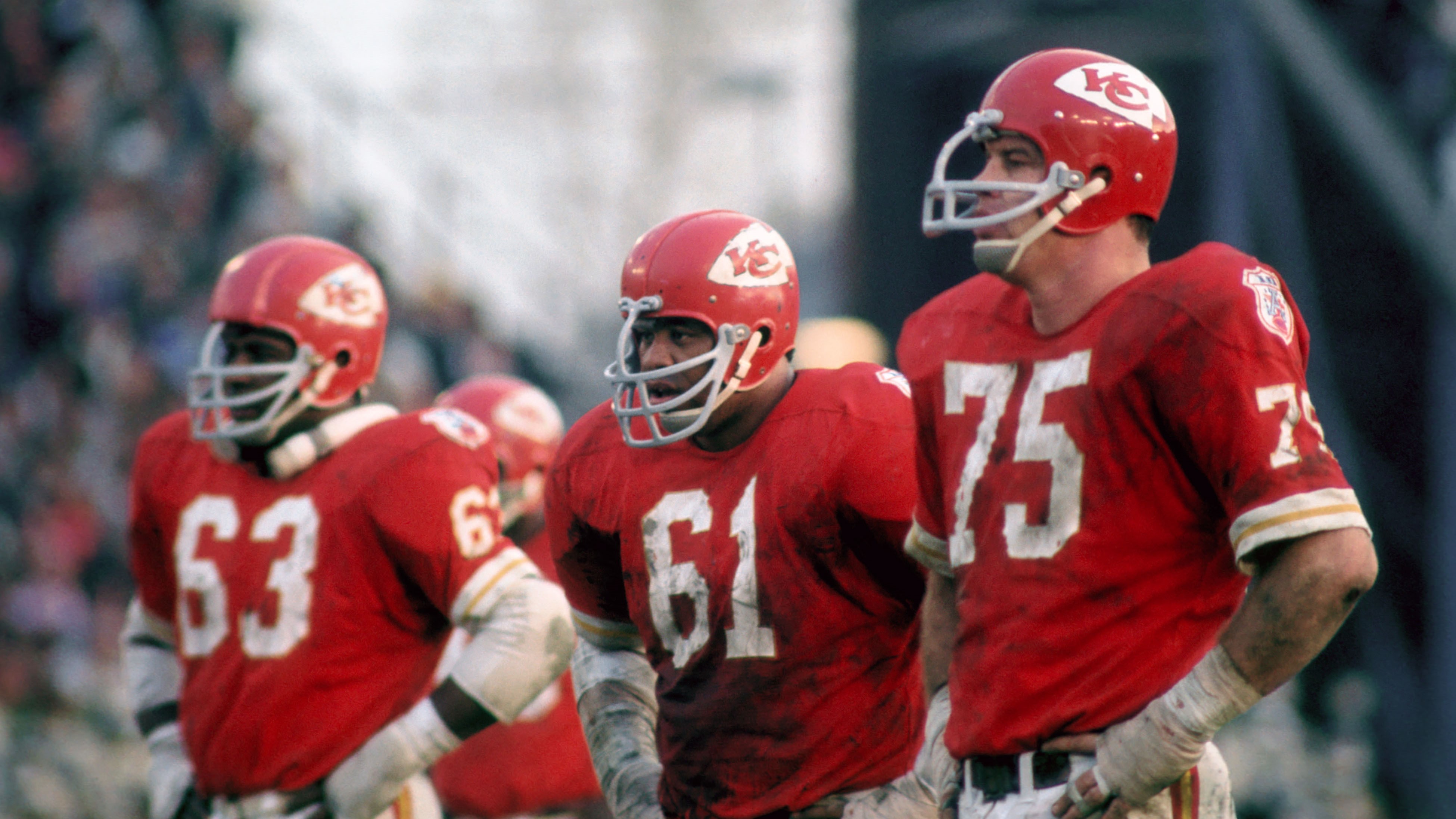
Final score: 23-7
The Chiefs gave the AFL its second-straight win over the NFL, erasing any doubt that the Jets’ win the year before had been a fluke, and lending even more credibility to the upcoming merger between the two leagues. Kansas City was able to shut down Minnesota by limiting their run game to 67 yards (they averaged 132 yards per game in the regular season) and forcing five Vikings turnovers. On the other side of the ball, the Chiefs managed to hang 23 points on the Purple People Eaters after Minnesota had limited opponents to an unreal 9.5 points per game in the regular season.
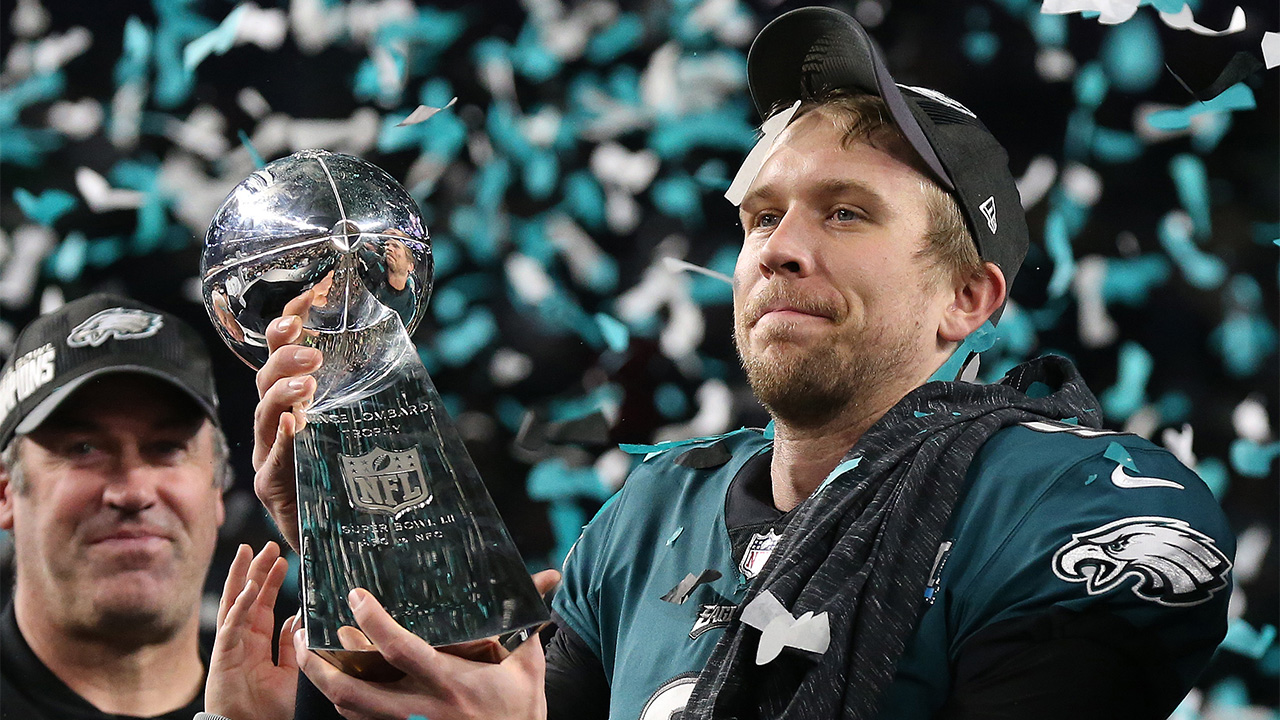
Final score: 41-33
Carson Wentz was having an MVP-caliber season as he led the Eagles to a 11-2 start to the season. But he tore his ACL in Week 13, and most wrote off Philly’s chances at a deep postseason run. Enter Nick Foles. The Eagles’ backup kept the good times rolling and played magnificently in the postseason. He completed 72.6% of his passes for 971 yards, six touchdowns and only one interception across the Eagles’ three postseason games, culminating in a win over Tom Brady and the Patriots. The Philly Special lives on as one of the best plays in Super Bowl history.
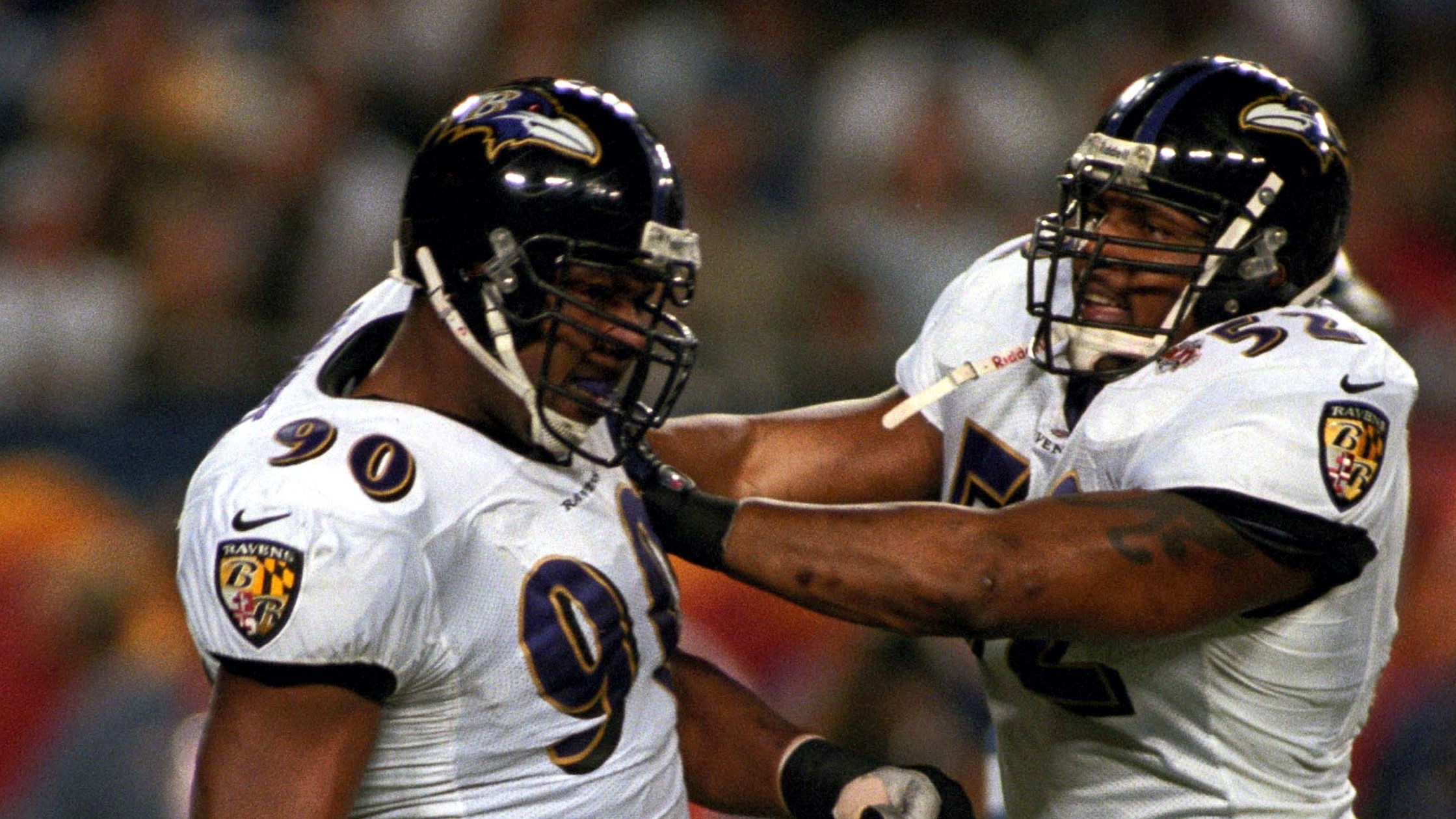
Final score: 34-7
Their offense wasn’t anything special, averaging only 20.8 points per game. But the defense was stifling, averaging a paltry 10.3 points per game allowed. That defense led to future Bear Brad Maynard setting a Super Bowl record with 11 punts in the game. In fact, the Giants’ only score came on a kickoff return, so you could say Ray Lewis and the Ravens’ defense pitched a shutout.
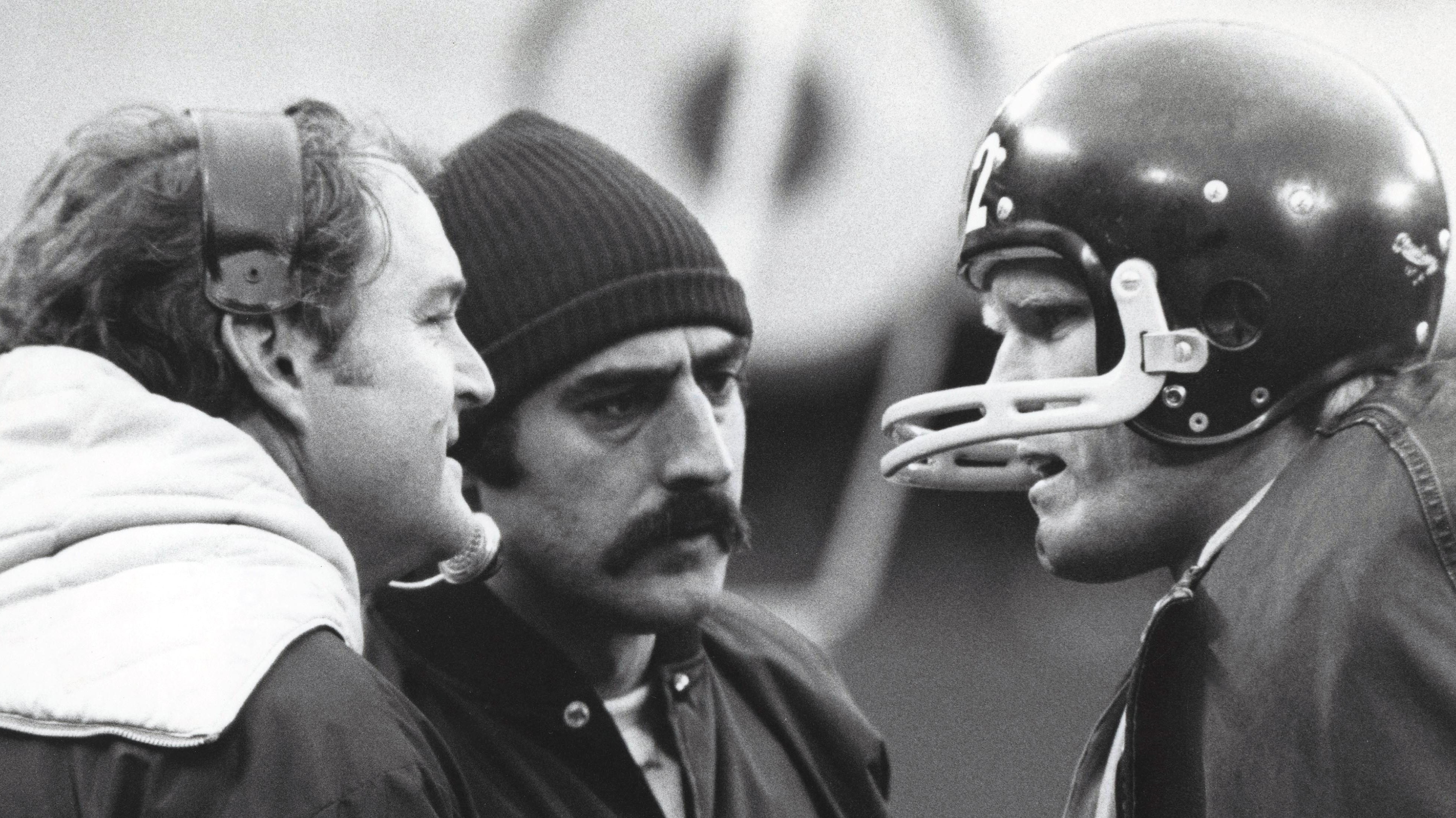
Final score: 31-19
The curtain call for the Terry Bradshaw-led Steelers. At this point, Bradshaw, Lynn Swann, John Stallworth and Franco Harris had surpassed the defense. That’s not to say the D were slouches. In fact, they ranked No. 5 in the league in terms of points allowed. But the O ranked No. 1.
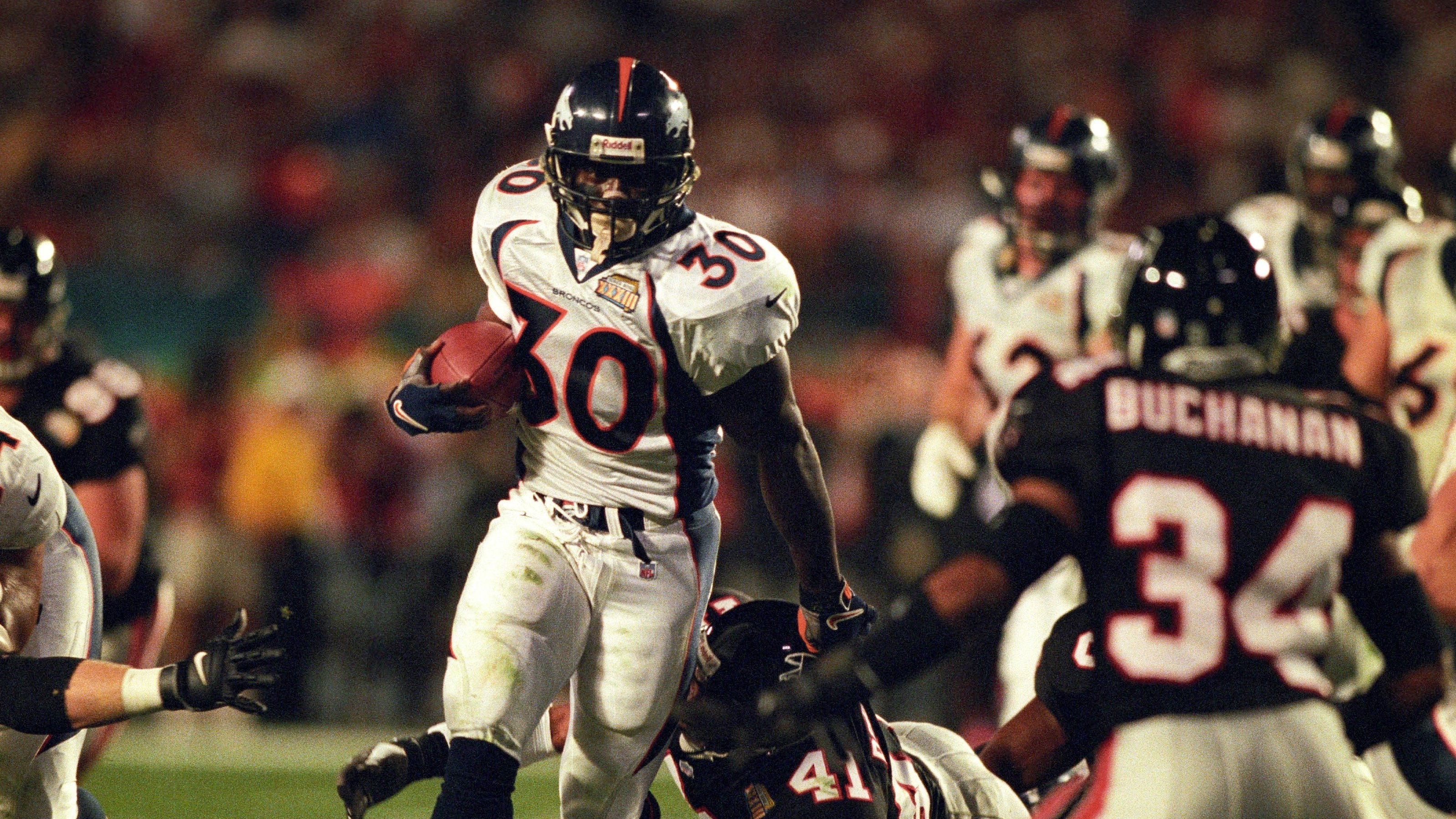
Final score: 34-19
There was no Super Bowl hangover for the ‘98 Broncos, who stormed out to a 13-0 start to the season before dropping two games in a row. Denver featured a true three-headed monster on offense with 2,000-yard rusher Terrell Davis, and Shannon Sharpe and Ed McCaffery catching 10 touchdowns each. In the postseason, the Broncos won all three of their games by multiple scores.
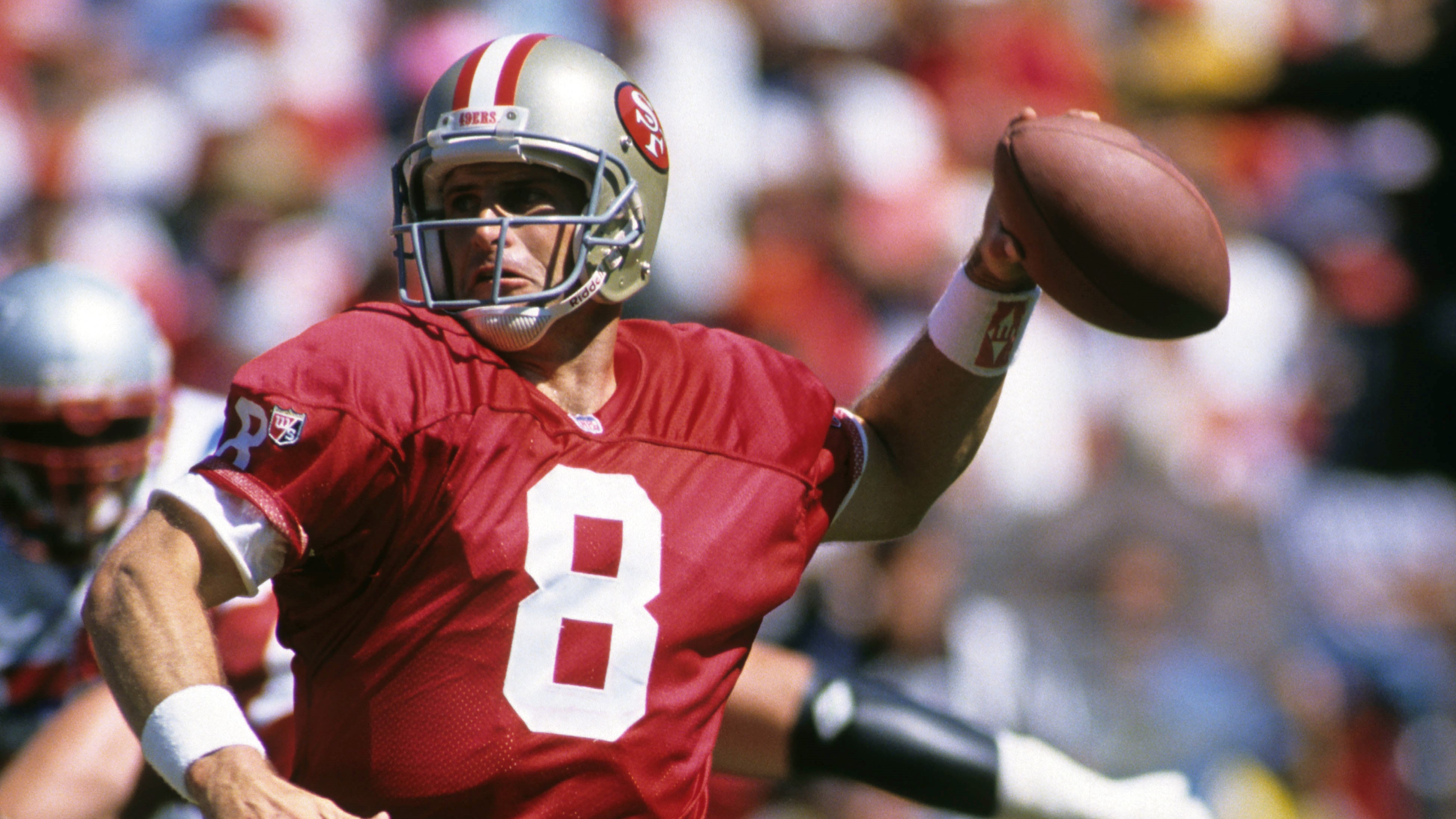
Final score: 49-26
Steve Young may have never been able to work his way out from Joe Montana’s shadow, but he finally got a ring as the 49ers starter in Super Bowl XXIX. Jerry Rice also shattered the NFL record for most receiving yards in a season with 1,848 yards on 122 catches. That record stood until 2012 when new Hall of Fame inductee Calvin Johnson racked up an incredible 1,964 yards.
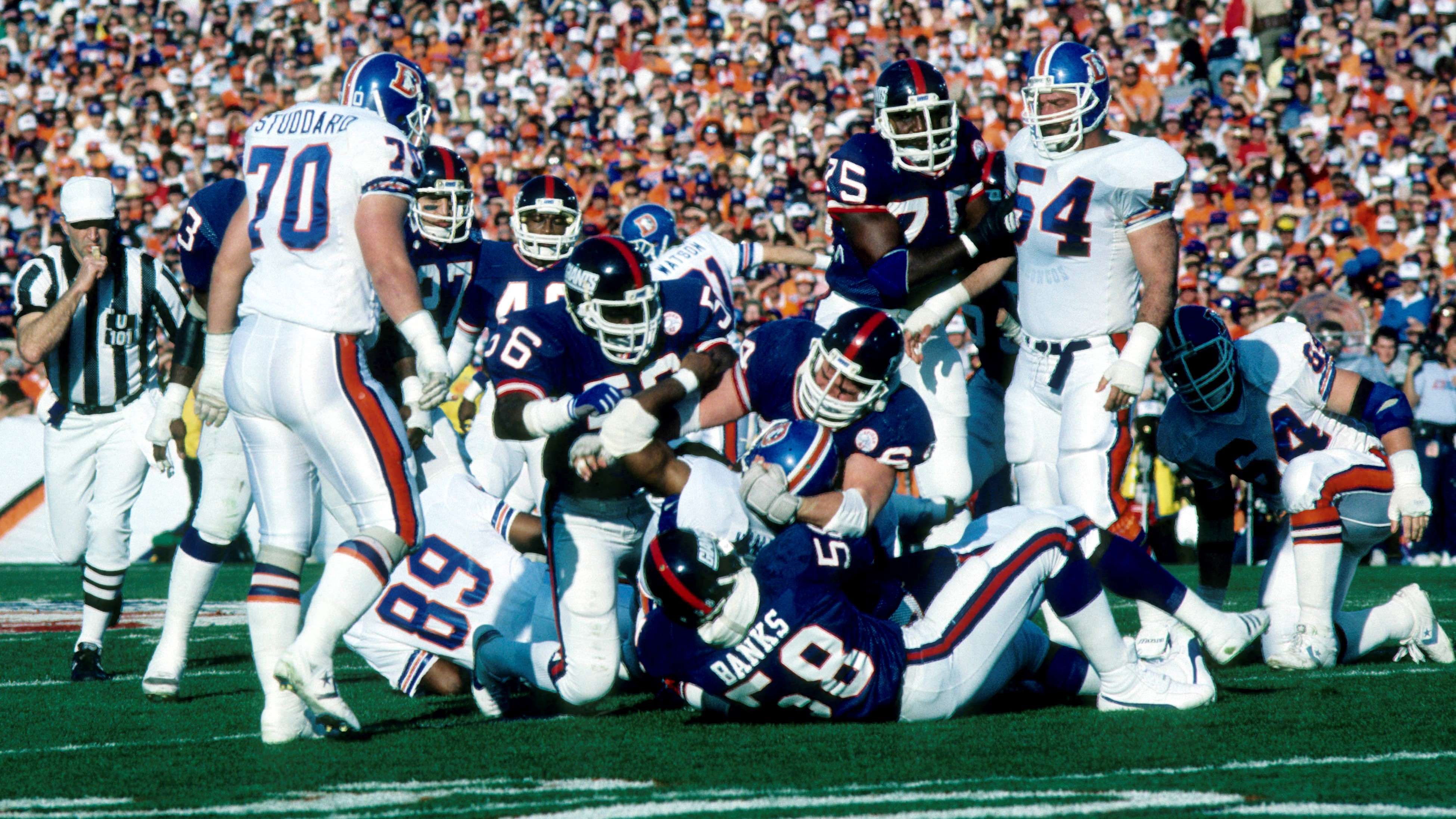
Final score: 39-20
The Giants followed in the ‘85 Bears footsteps and rode their defense to a championship one year later. Led by Lawrence Taylor, who is one of only two defensive players to win league MVP, the Giants cruised to their Super Bowl XXI win by outscoring their opponents 105-23. Phil Simms, who was never known for completing passes at a high rate, also put together an incredibly efficient performance in the Big Game. He completed 22-25 passes for 268 yards and three touchdowns. His 88% completion rate and 150.9 passer rating still stand as Super Bowl records.
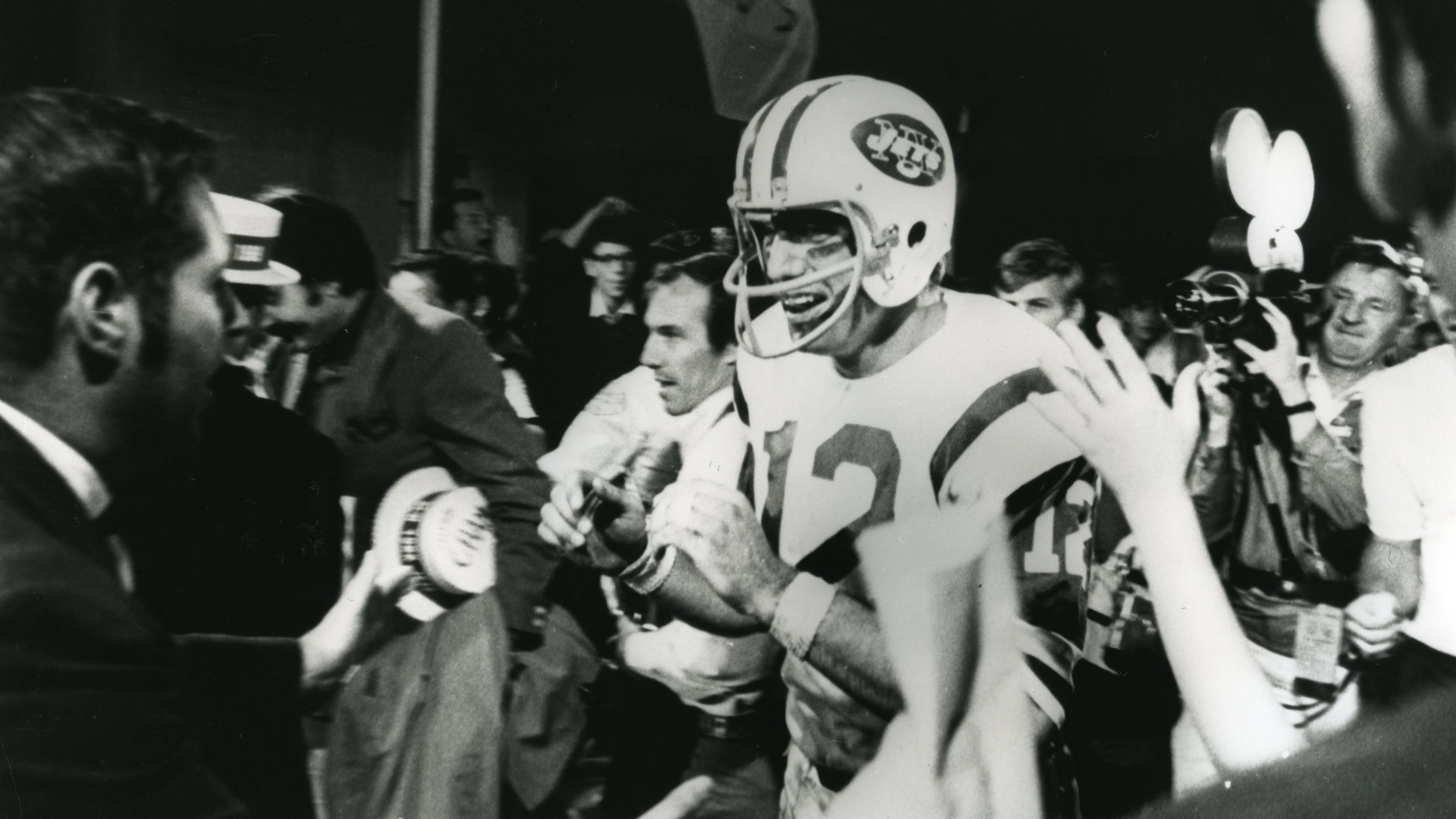
Final score: 16-7
Before Super Bowl III, the AFL was largely seen as a second-rate brand of football. So when Joe Namath famously guaranteed the Jets would beat the Baltimore Colts it’s hard to imagine anyone took him seriously. But the Jets held Baltimore’s offense, which averaged 28.7 points per game in the regular season, to a single touchdown and the Jets gave the AFL instant credibility.
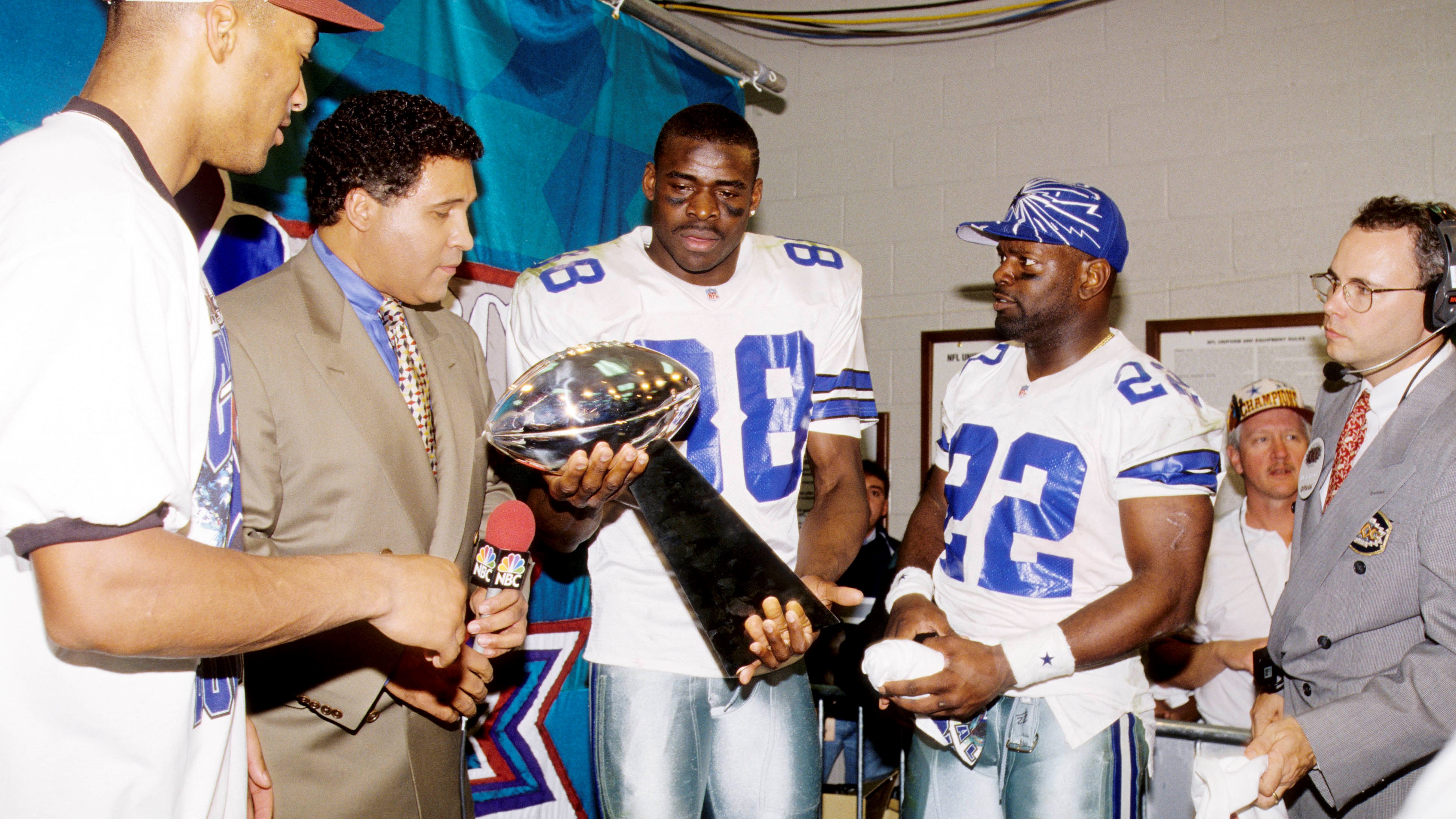
Final score: 27-17
When Michael Irvin and Emmitt Smith have the best years of their careers in the same season, no one else really stands a chance. That’s exactly what happened in 1995 when the Cowboys won their third Super Bowl in four years to close out their mini dynasty.
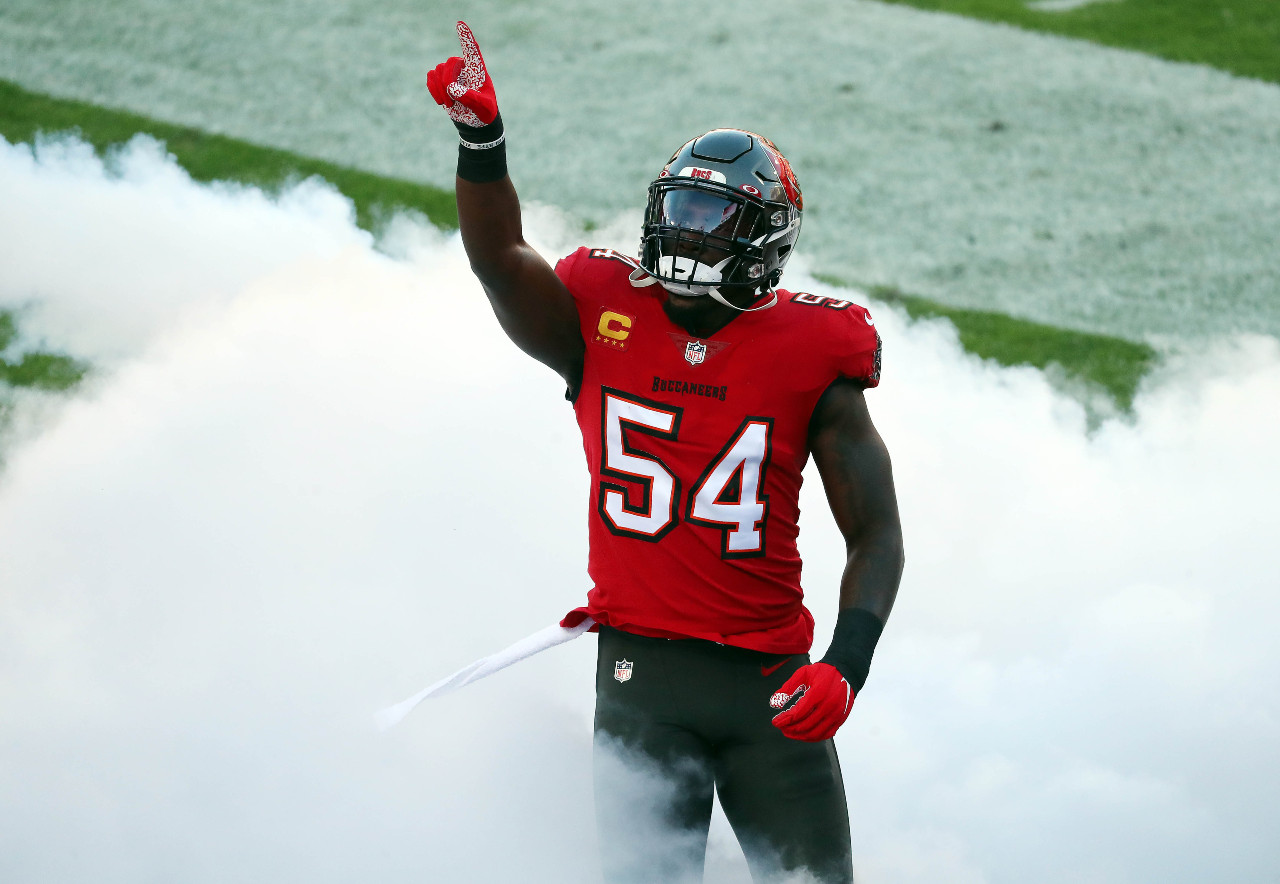
Final score: 31-9
There are so many factors that make the most recent Super Bowl champions some of the most special in the game’s history. First, there’s the Tom Brady factor. Brady left New England and proved he’s not just a system QB, he’s truly the GOAT. Further, he and Rob Gronkowski connected for their fourth and fifth touchdowns in Super Bowl history, breaking Joe Montana and Jerry Rice’s record. Second, the Bucs defense held the Chiefs without a touchdown, no other defense has accomplished with Patrick Mahomes under center. Finally, Tampa Bay won three road playoff games— knocking off two former Super Bowl MVPs (Drew Brees, Aaron Rodgers) in the process— before becoming the first team to win the Big Game at home.
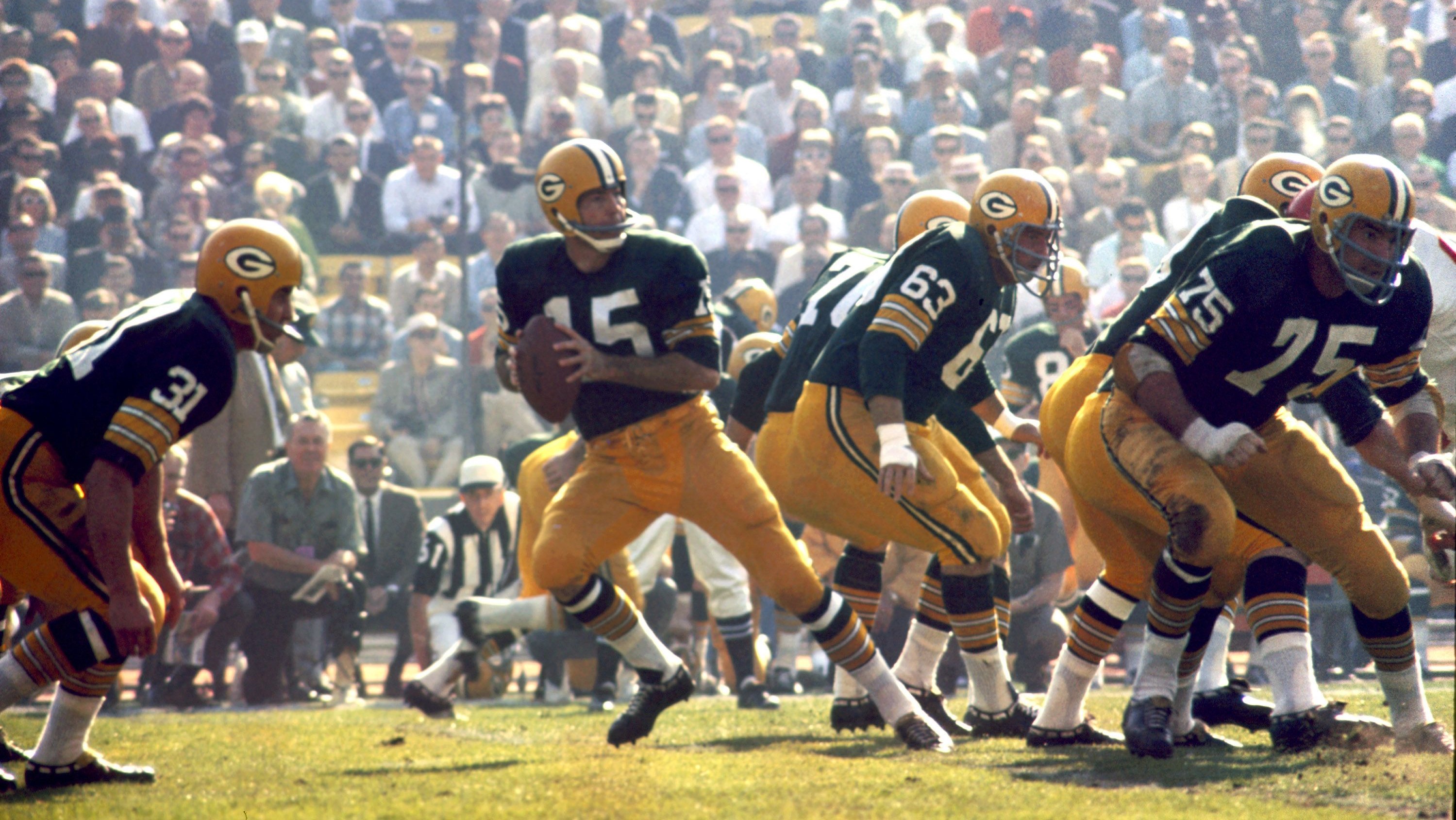
Final score: 35-10
The original champions. While the game was certainly different in the ‘60s, holding opponents to 11.6 points per game is still incredible. In the very first Super Bowl, Vince Lombardi and the Packers showed that the AFL still had a long way to go before competing with the NFL.
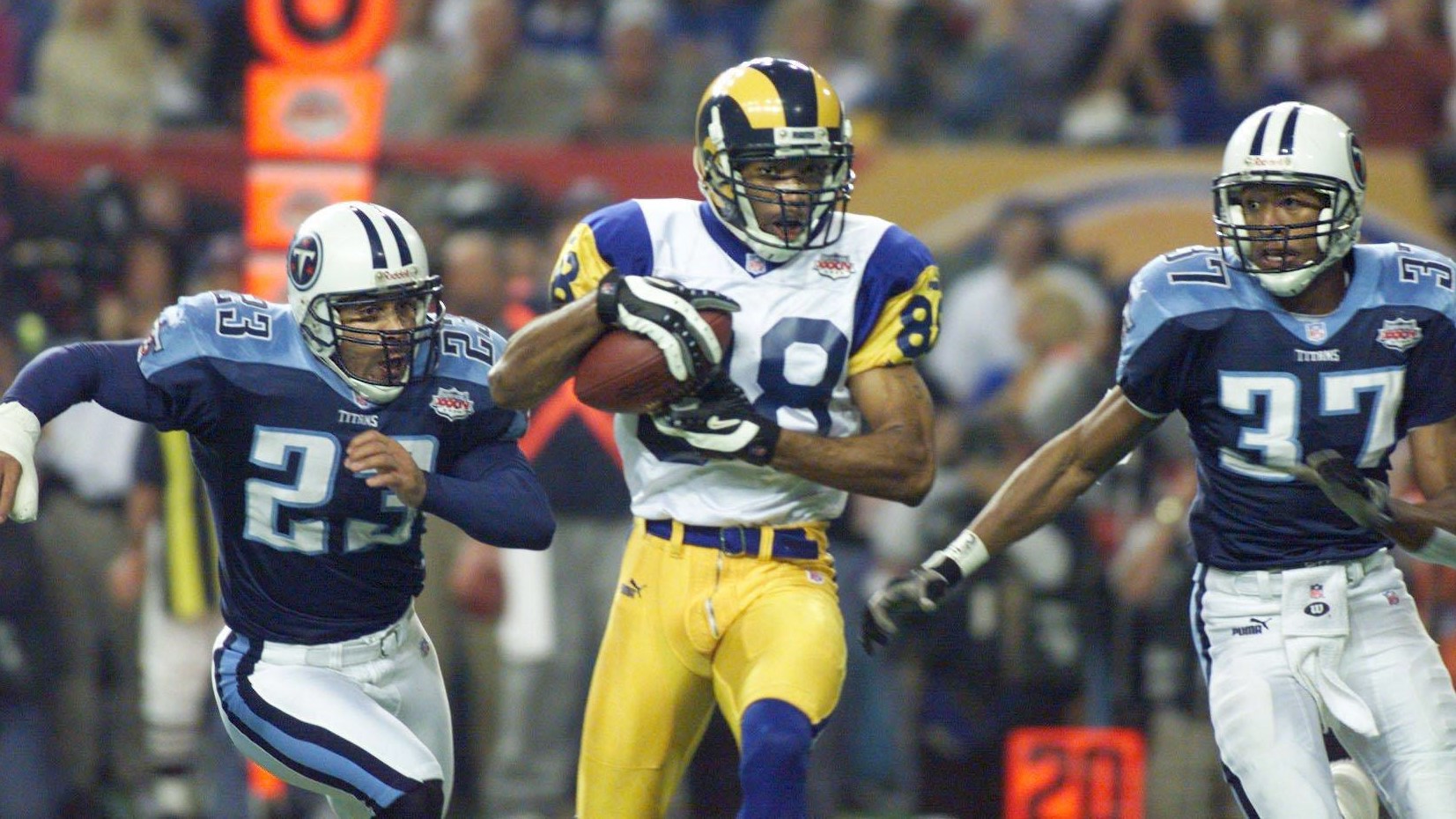
Final score: 23-16
The Greatest Show on Turf. While the Rams’ ridiculous offense, featuring MVP Kurt Warner, Isaac Bruce, Marshall Faulk and rookie Torry Holt didn’t go crazy in the Super Bowl, they were nearly unstoppable in the regular season. The Rams scored 30+ points an incredible 12 times, and were never held under 20 points. Making this team even more impressive is the fact that Warner had never started before and entered the season as Trent Green’s backup. But when Green was injured in the preseason, Warner took the reins and never looked back.
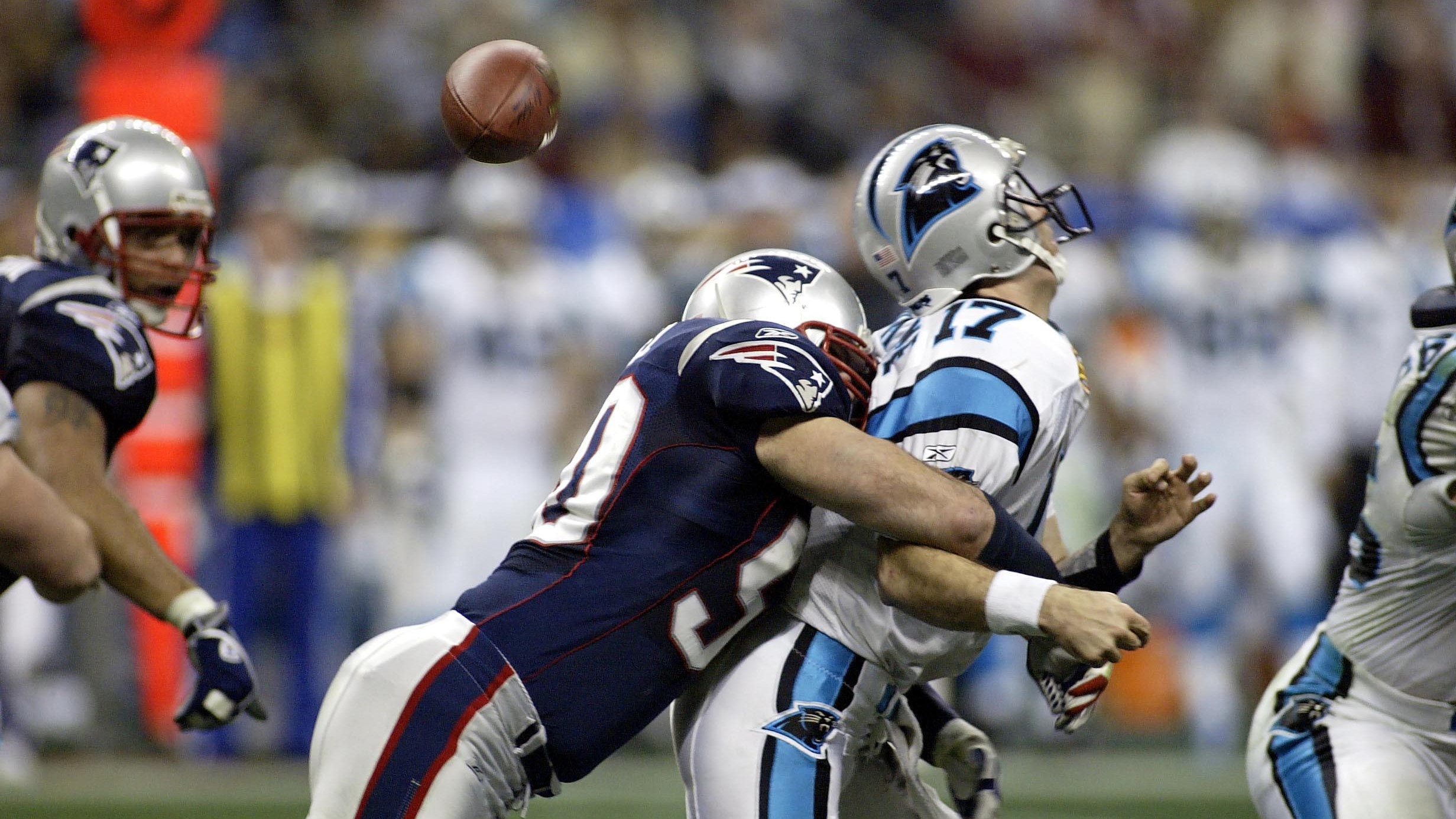
Final score: 24-21
The last team to win back-to-back Super Bowls, the ‘04 Patriots cemented New England’s status as a legit dynasty. They were one of the most complete teams of the Belichick/Brady era, with a defense led by Willie McGinest and Mike Vrabel, and a multi-faceted attack featuring Brady, Deion Branch and Corey Dillon. But there is still one Patriots team that was more impressive than this squad.
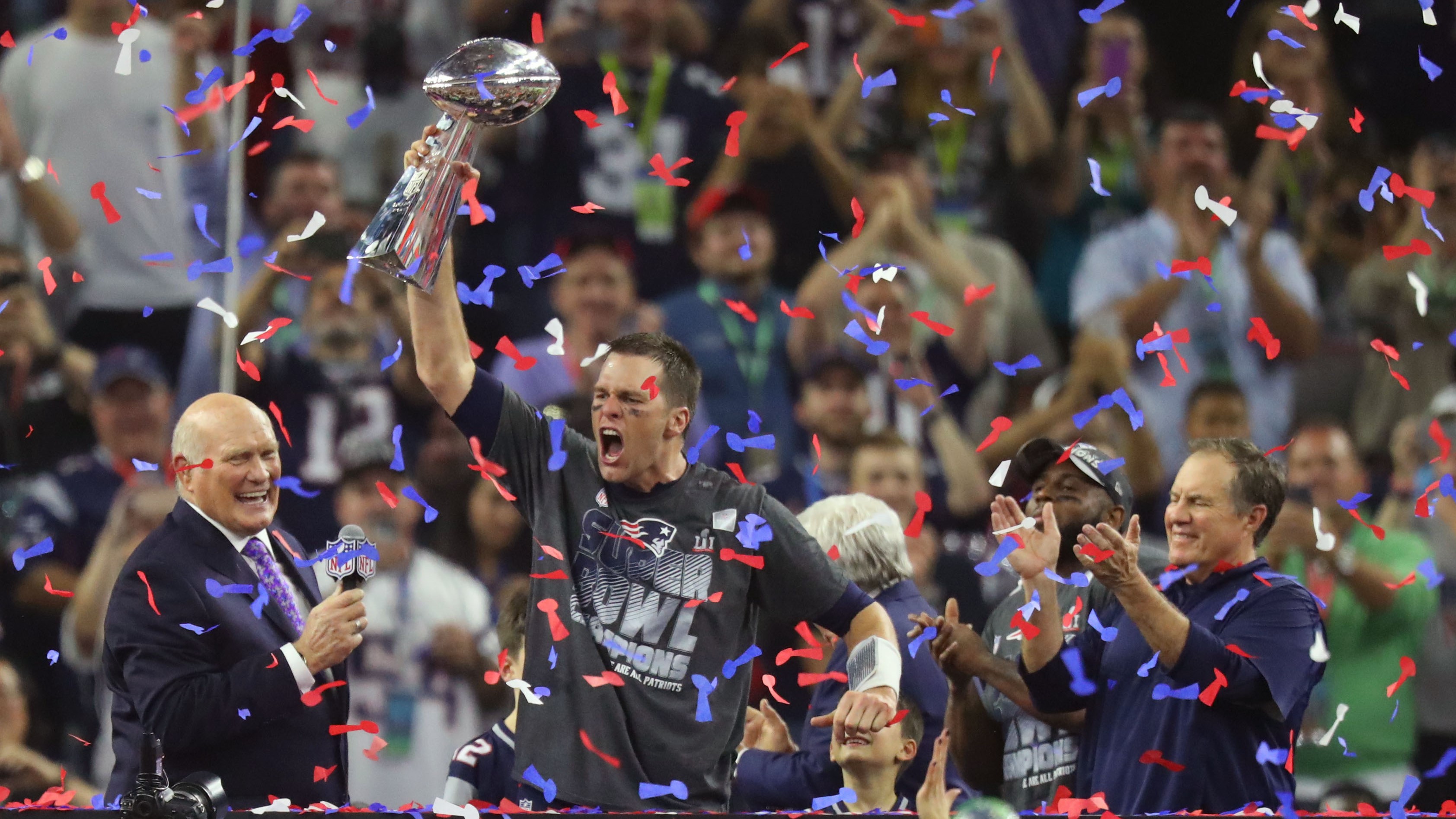
Final score: 34-28 (OT)
The ‘16 Patriots encountered plenty of obstacles over the season, from Tom Brady’s four-game suspension due to Deflategate, to Rob Gronkowski’s season-ending surgery after Week 12. Still, the team managed to put together the league’s No. 3 scoring offense to go along with the No. 1 scoring defense. But no obstacle was bigger than the 28-3 deficit they faced midway through the third quarter of Super Bowl LI. As we all know, the Patriots managed to rattle off 25 unanswered points to force overtime, New England won the game, and Tom Brady left no doubts that he is the best QB to ever play the game.
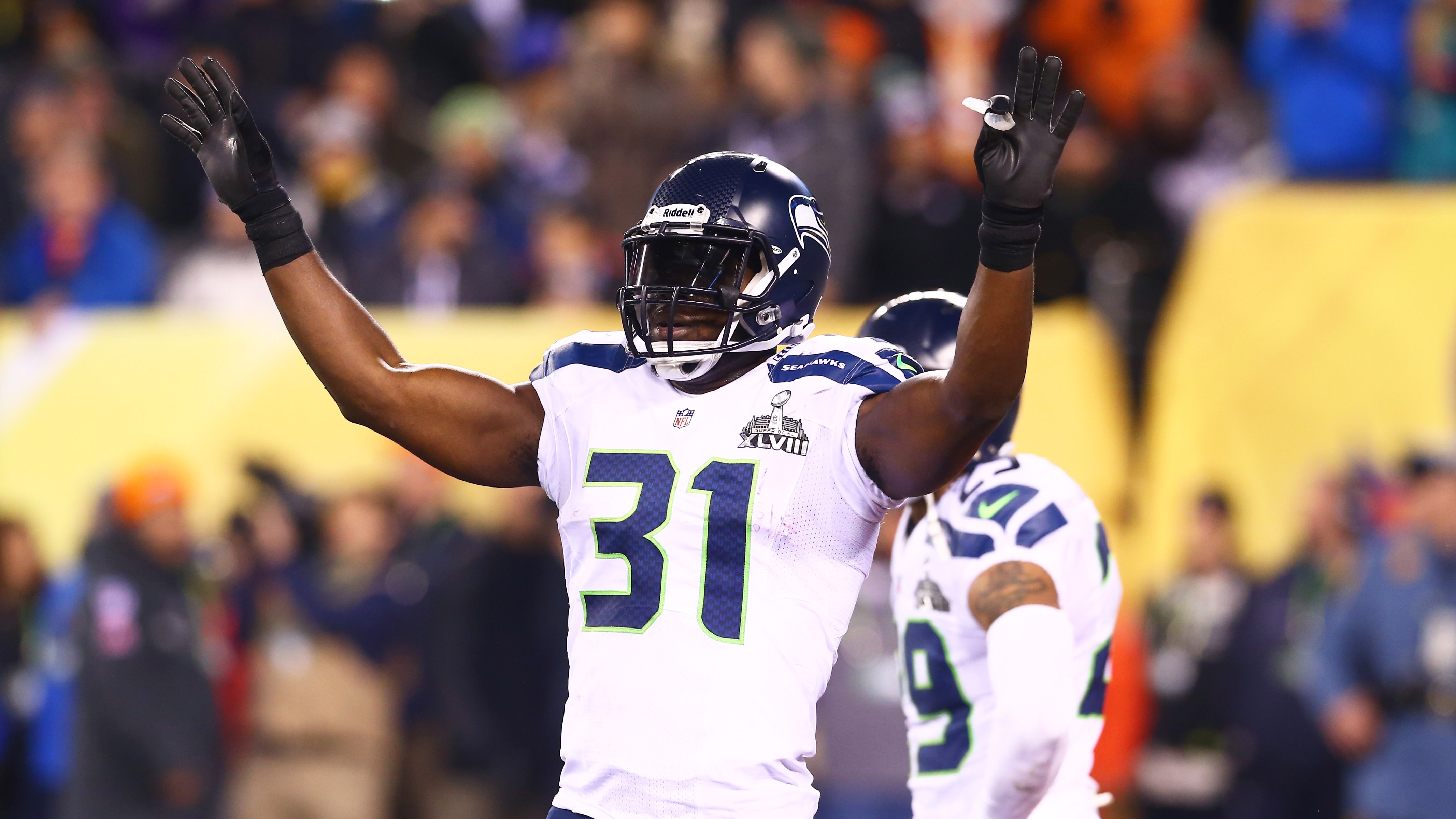
Final score: 43-8
While they weren’t quite the ‘85 Bears, the Legion of Boom put together one of the most fearsome performances in Super Bowl history. What made their 43-8 blowout even more impressive was the fact that it came against one of the best offenses in NFL history. The Broncos had set regular season records for points scored, total touchdowns and total yards from scrimmage. Peyton Manning set records for passing yards and passing touchdowns. But the Seahawks completely shut them down from the first whistle, to the final snap.
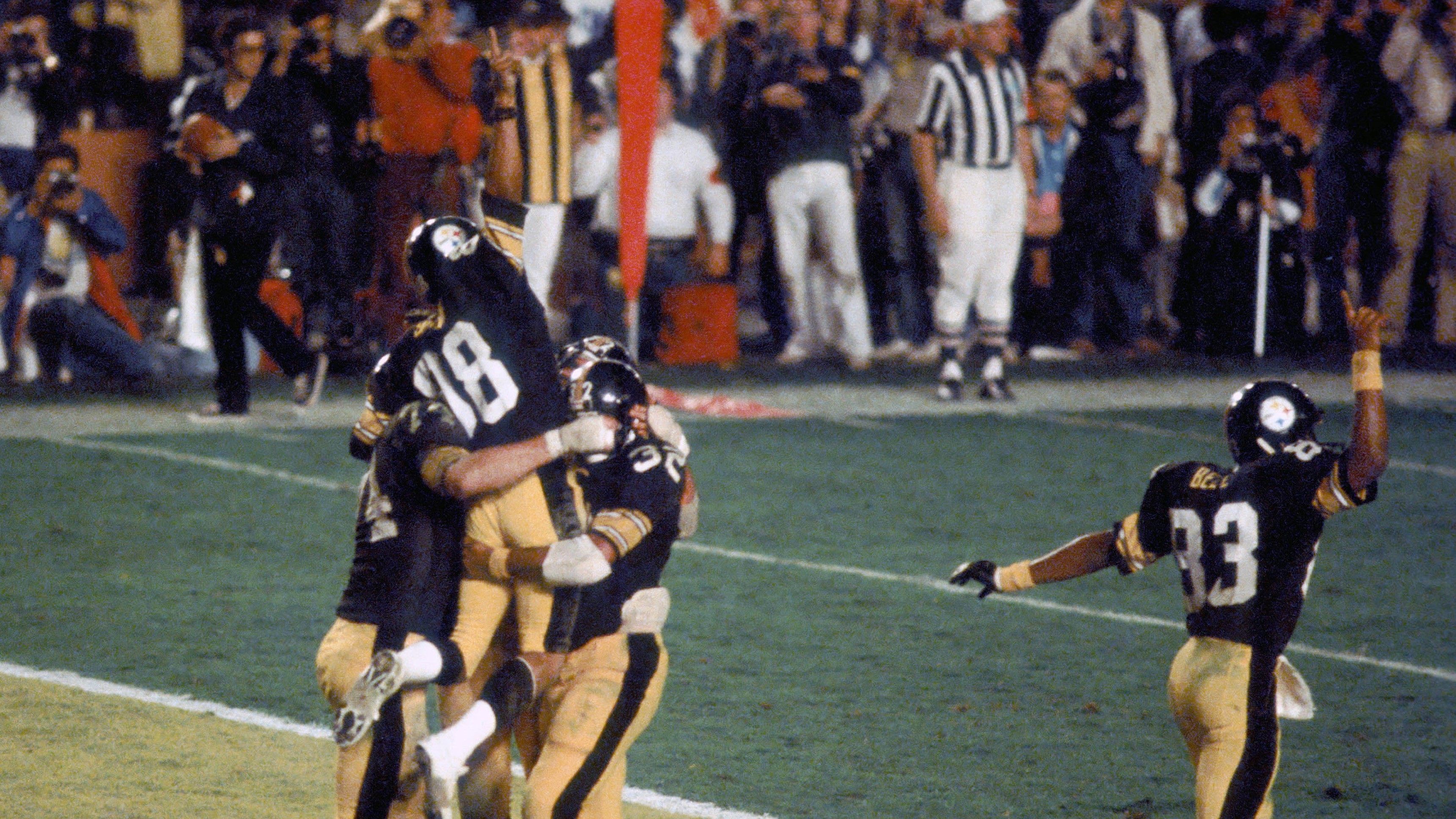
Final score: 35-31
Despite some aging stars on defense, the ‘78 iteration of the Steel Curtain still led the league in points allowed. But in Super Bowl VIII, Terry Bradshaw carried Pittsburgh to a title over Roger Staubach and the defending champion Cowboys. Bradshaw set Super Bowl records for passing yards (318) and passing touchdowns (4) and won MVP, capping off the best season of his career.
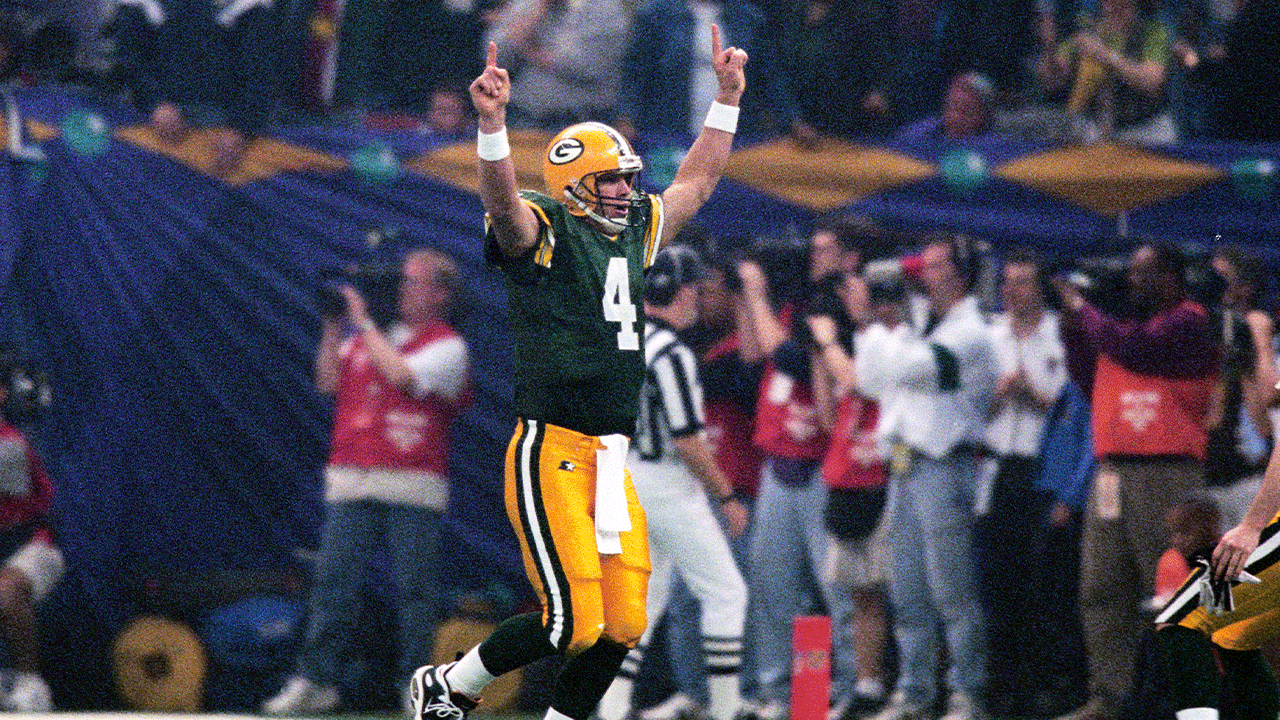
Final score: 35-21
Brett Favre gets all the fanfare for finally breaking through with a Super Bowl win, but the ‘96 Packers fielded the league’s No. 1 scoring defense in addition to the No. 1 scoring offense. The team was so well-rounded that return man Desmond Howard actually won Super Bowl MVP. To this day, Howard remains the only special teams player to win the award.
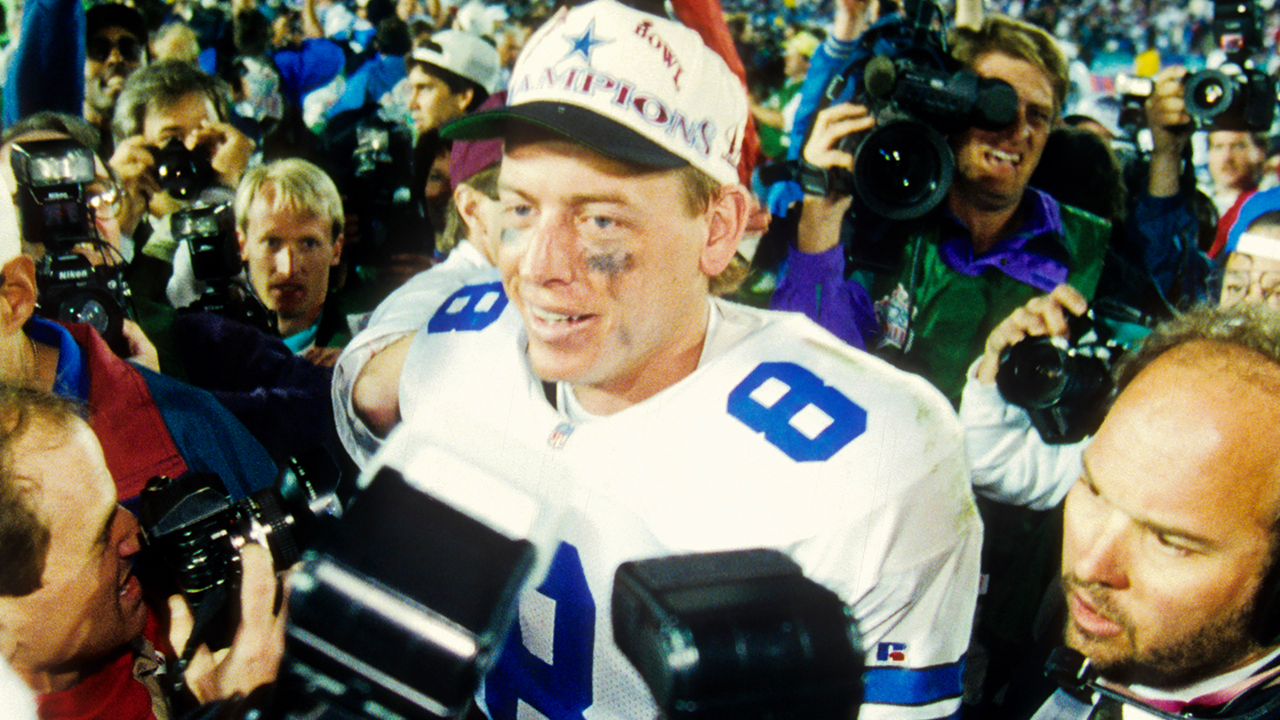
Final score: 52-17
Was this the most dominant offense in Cowboys’ history? No. Was it the most dominant defense in Cowboys’ history? No. But in Super Bowl XXVII, Dallas absolutely walloped the Bills, putting up the second-highest score in Super Bowl history in the process. That gives this Cowboys squad the edge over their other 90s iterations.
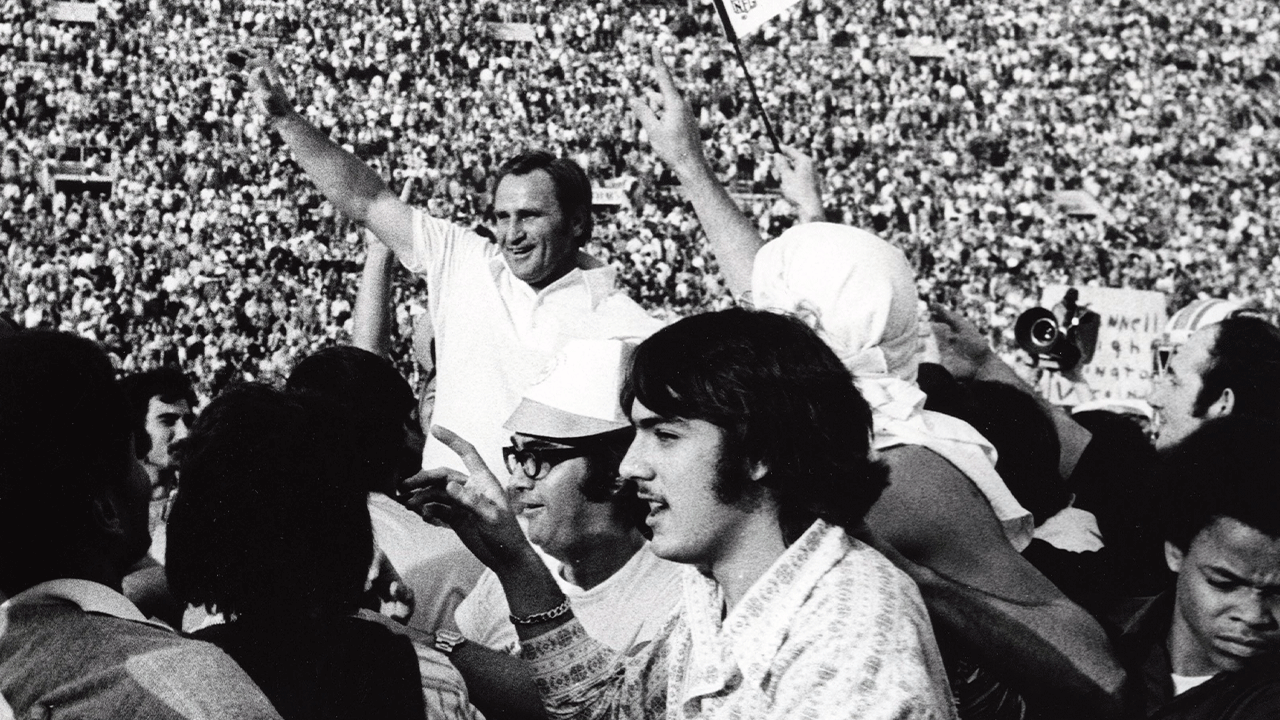
Final score: 14-7
Is it crazy to have the NFL’s only truly undefeated team ranked No. 6 instead of higher? Maybe. But the Dolphins faced much easier competition than the teams ranked higher on this list. You’d also expect the team with the No. 1 scoring offense (27.5 ppg) and No. 1 scoring defense (12.2 ppg) to dominate more in the postseason. But all three of their postseason wins, including Super Bowl VII, were one-score margins.
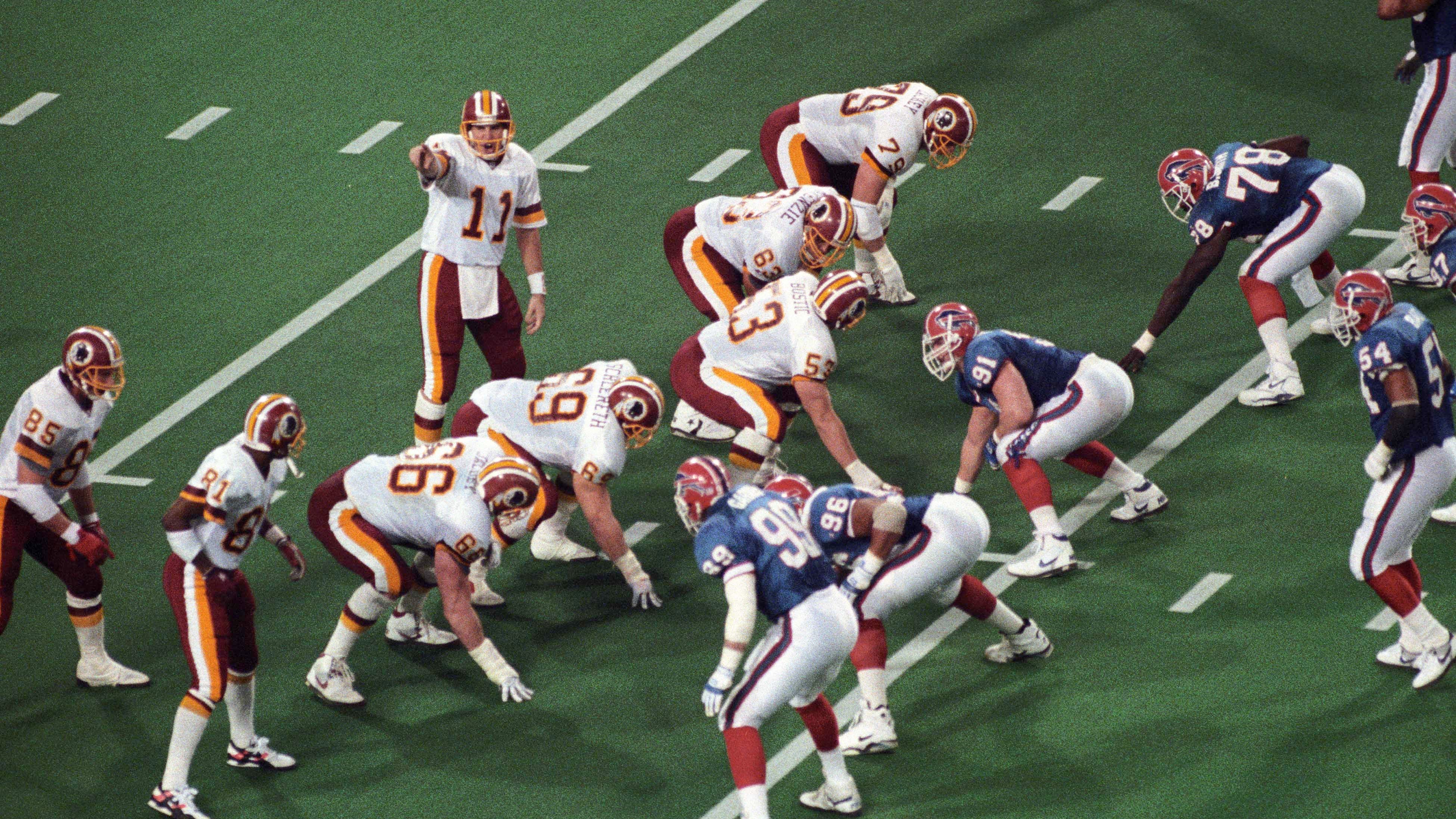
Final score: 37-24
The 1991 Redskins dominated every facet of the game. They scored 30.3 points a game (1st) while holding opponents to 14 points a game (2nd). Gary Clark and Art Monk each had over 1,000 receiving yards, and Earnest Byner gained over 1,000 yards on the ground. Plus, Clark and Riggs each scored 10 touchdowns. They won their first playoff game by 17 points, then won the NFC Championship by 31 points. Although Super Bowl XXVI’s score looked closer than either of those games, in reality Washington was in complete control with the Bills scoring two touchdowns in the waning minutes of the game.
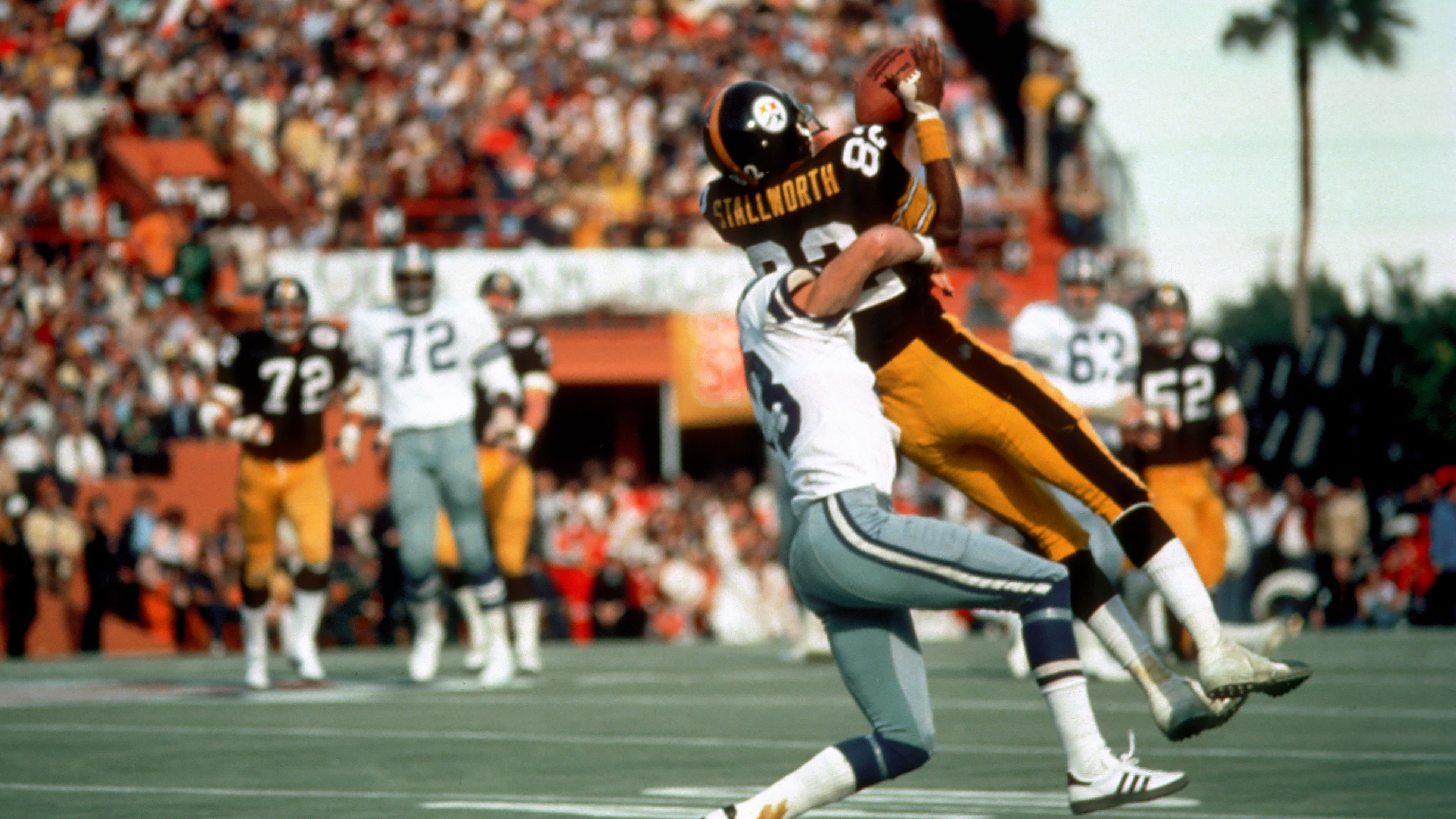
Final score: 21-17
While you could make a case for several iterations of the 70s Steelers to be the best, 1975’s team fielded the best balance of offense and defense. The Steel Curtain was still dominant, the run game still punishing, but Terry Bradshaw had also started coming into his own. That’s evidenced by their franchise record 211 point differential on the year.
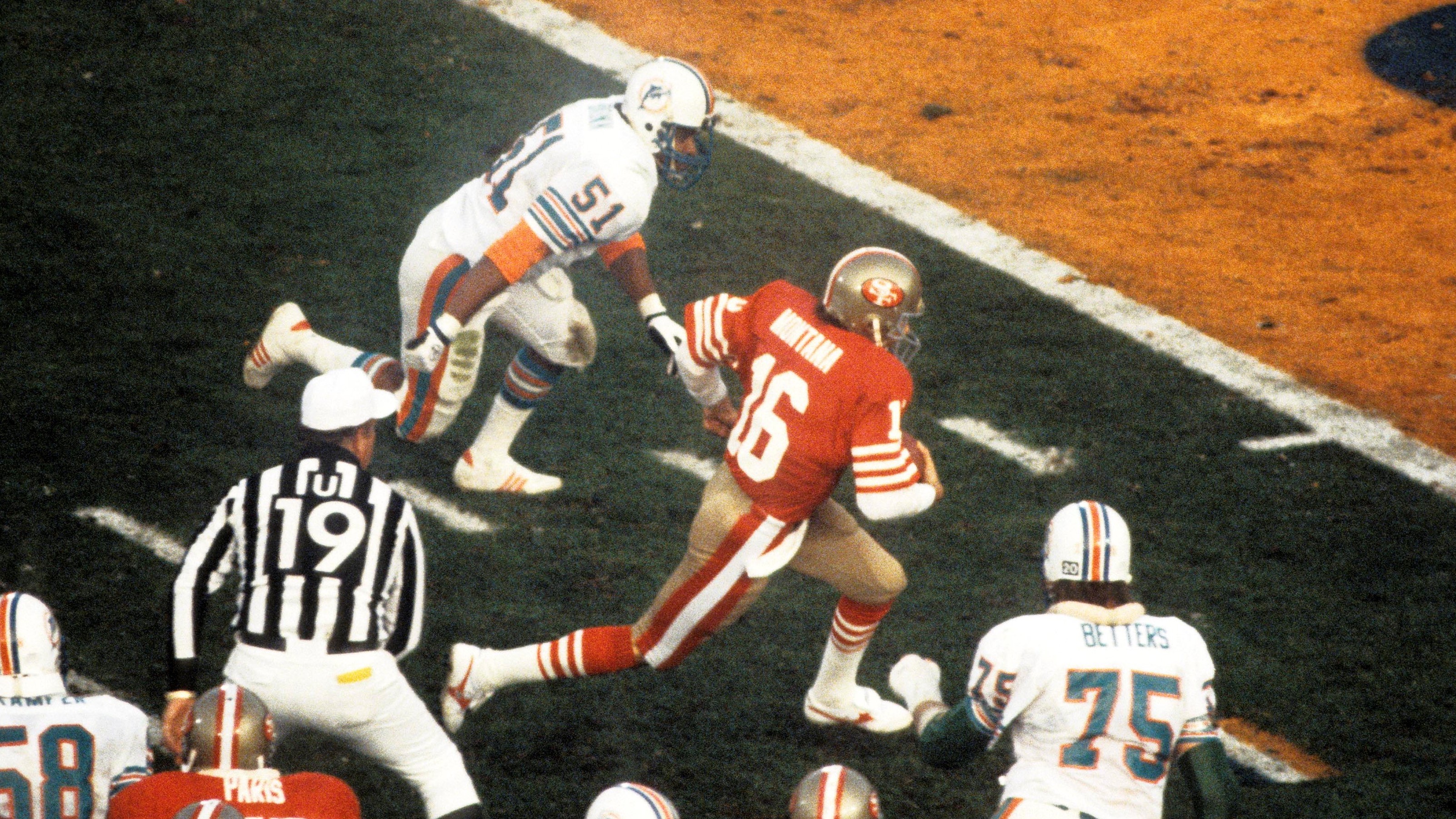
Final score: 38-16
The 1984 49ers are so impressive because they not only put on an incredible offensive showing, but they also shut down an equally potent offense. Dan Marino and the Dolphins had run roughshod through the AFC on their way to Super Bowl XIX. In their 18 games leading up to the Super Bowl, the Dolphins had averaged 32.7 points per game, but the 49ers managed to hold them to under 20 points. On the other hand, the Niners set a Super Bowl record for total yards (537) and Joe Montana set Super Bowl records for passing yards (331) and rushing yards by a QB (59). All that said, they’re still not the top ranked Niners team on the list...
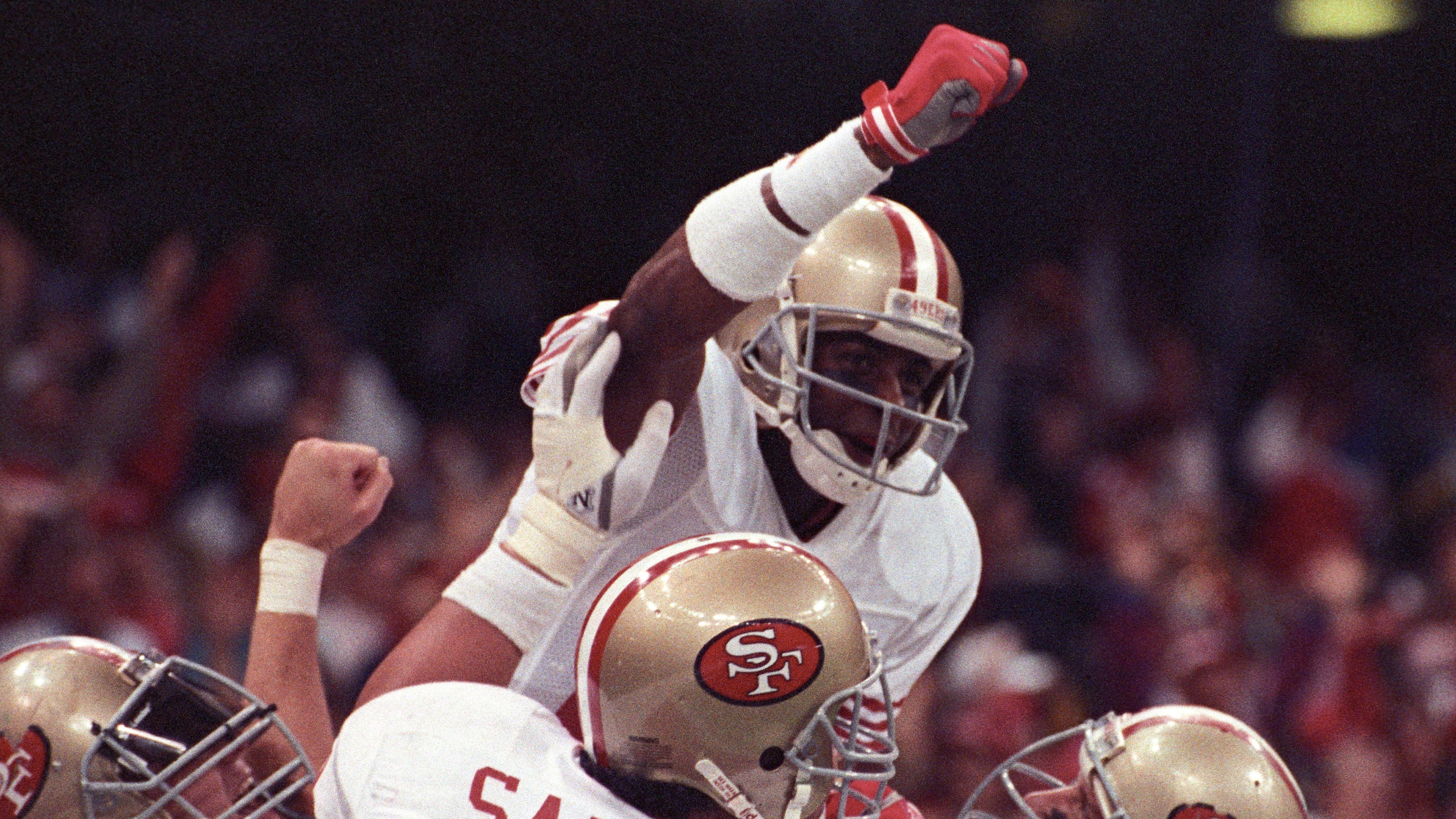
Final score: 55-10
At this point, Joe Montana had cemented himself as the greatest quarterback in NFL history and Bill Walsh’s West Coast offense was humming. The 49ers’ 55 points and 45-point margin of victory remain Super Bowl records. Even more impressive is the fact that San Francisco ran up the score against the Broncos’ top-ranked defense. Super Bowl XXIV marked Montana’s fourth and final Super Bowl win, tying Terry Bradshaw’s record as a QB. However his third Super Bowl MVP was a new league record.
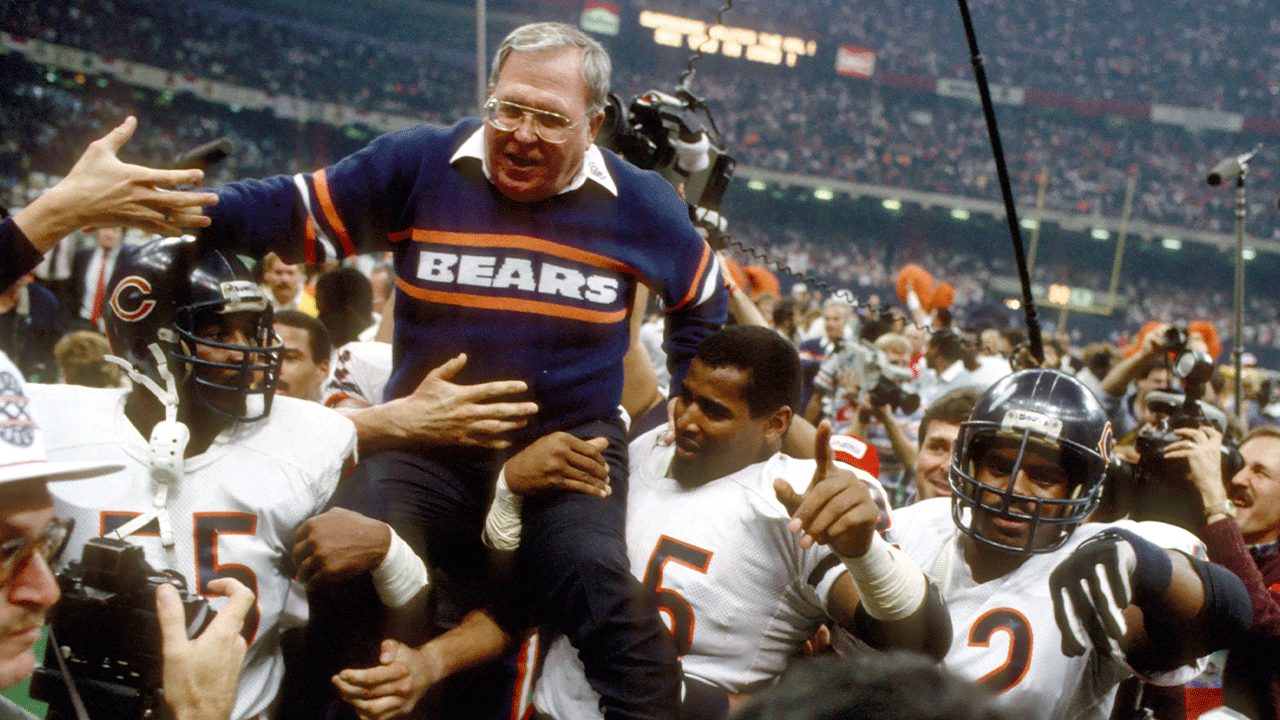
Final score: 46-10
There was no other choice, really. The defense is arguably the most dominant in NFL history and played up to the best of their abilities on the biggest stage. They held the Patriots to 123 yards throughout the game, took the ball away six times, scored on a pick-six and added a safety for good measure. The offense will always live in the defense’s shadow, but they performed great as well, racking up over 400 yards and scoring four touchdowns of their own. Calling their shot with the Super Bowl Shuffle puts them over the top.

